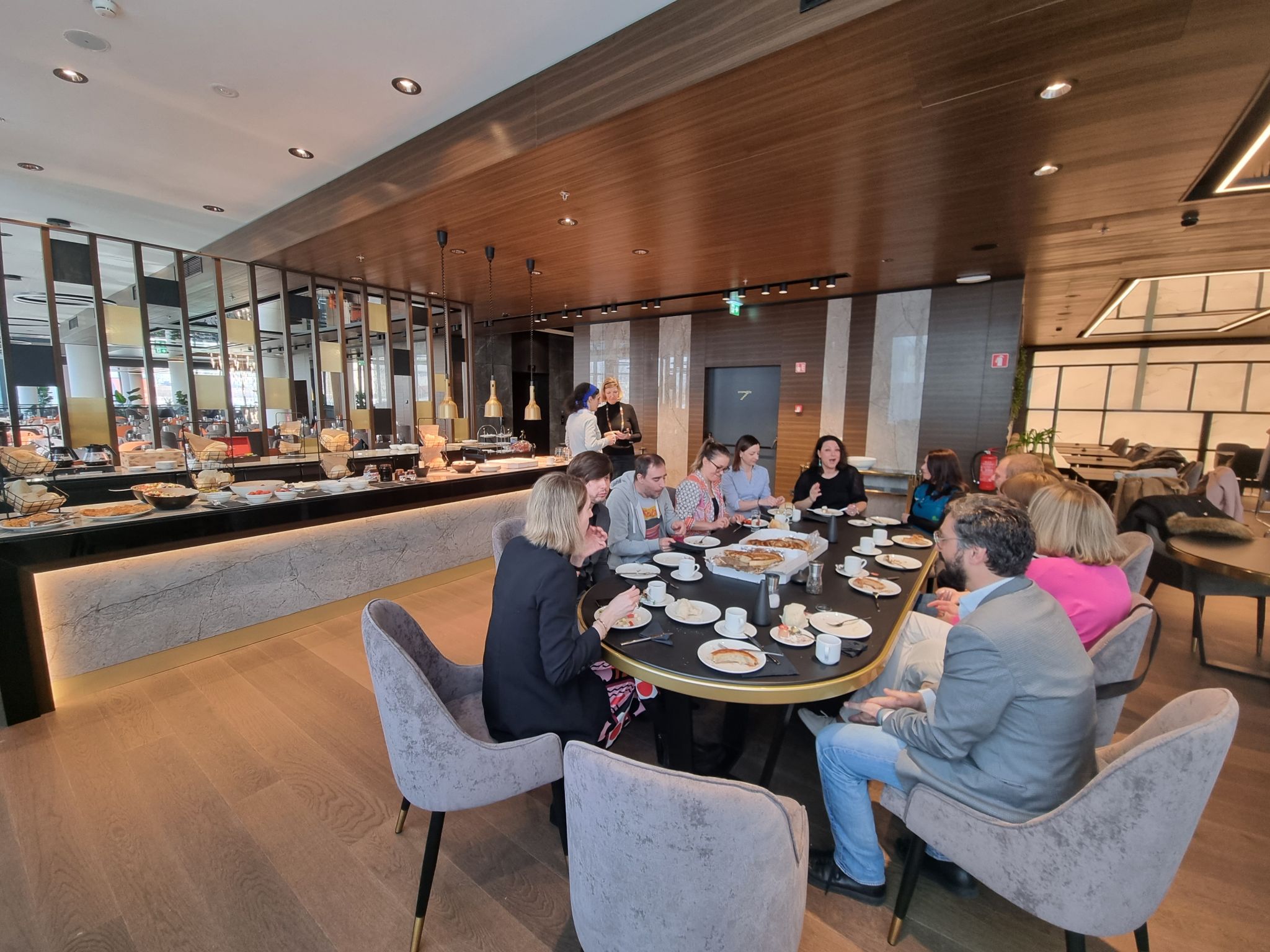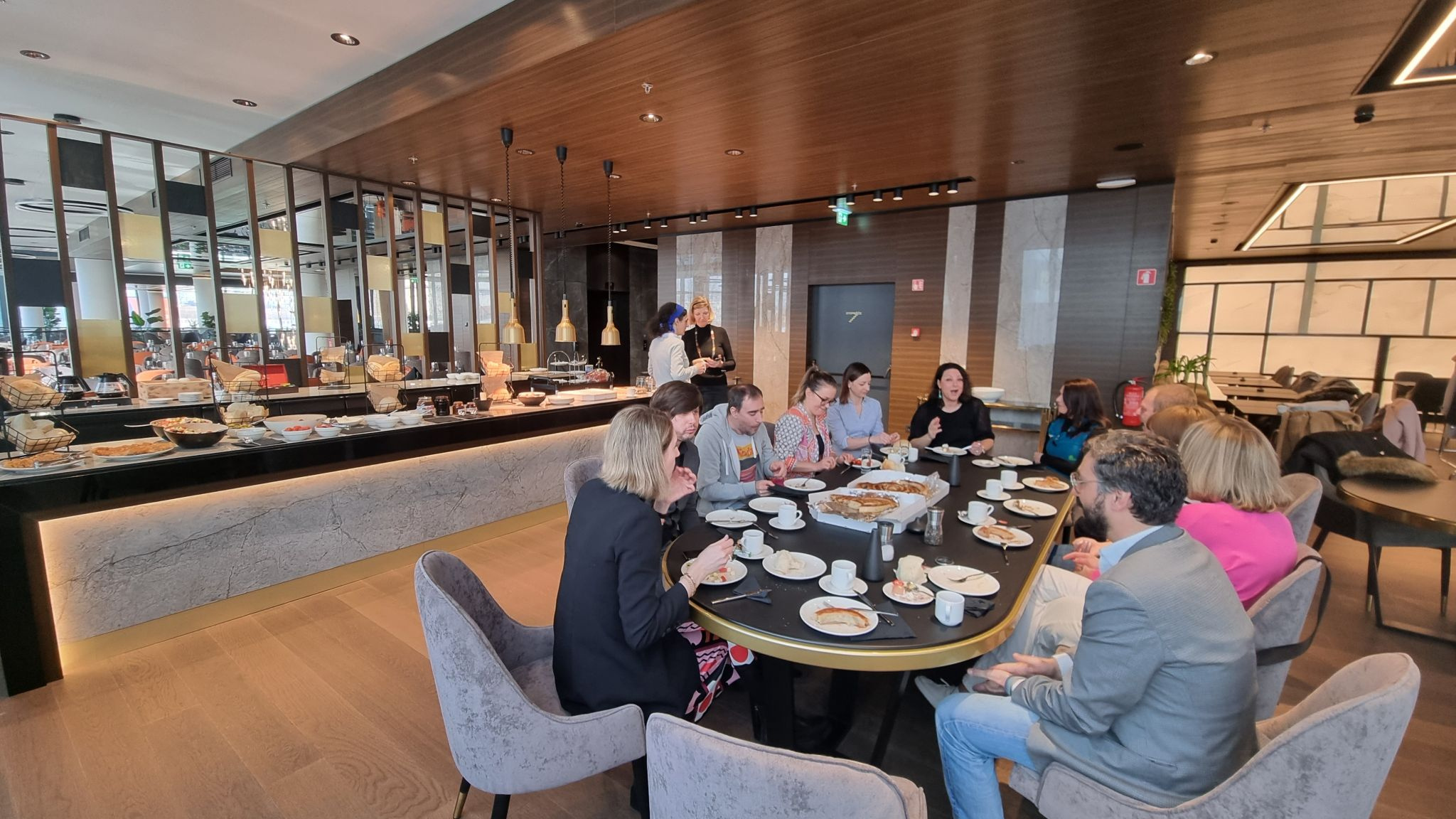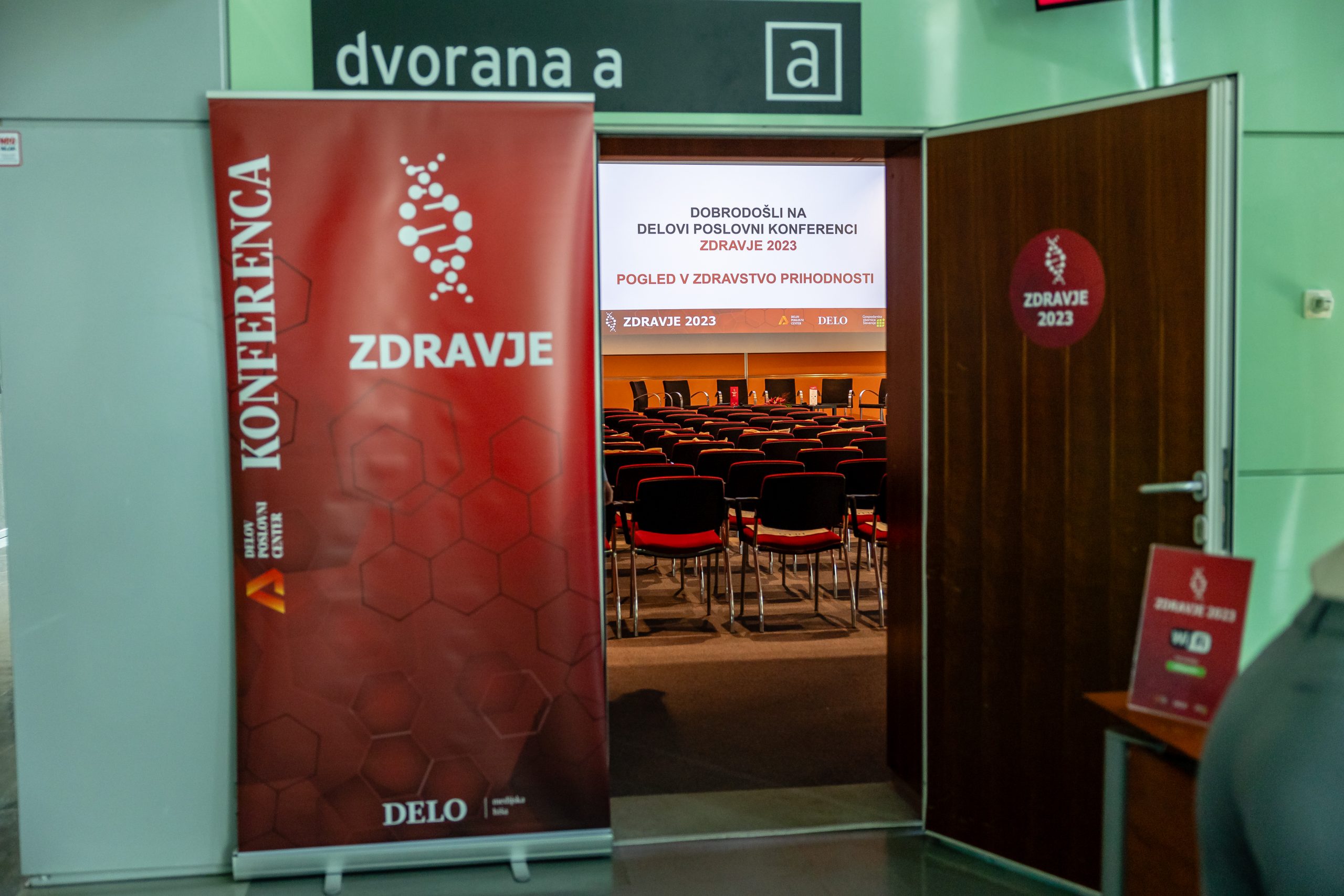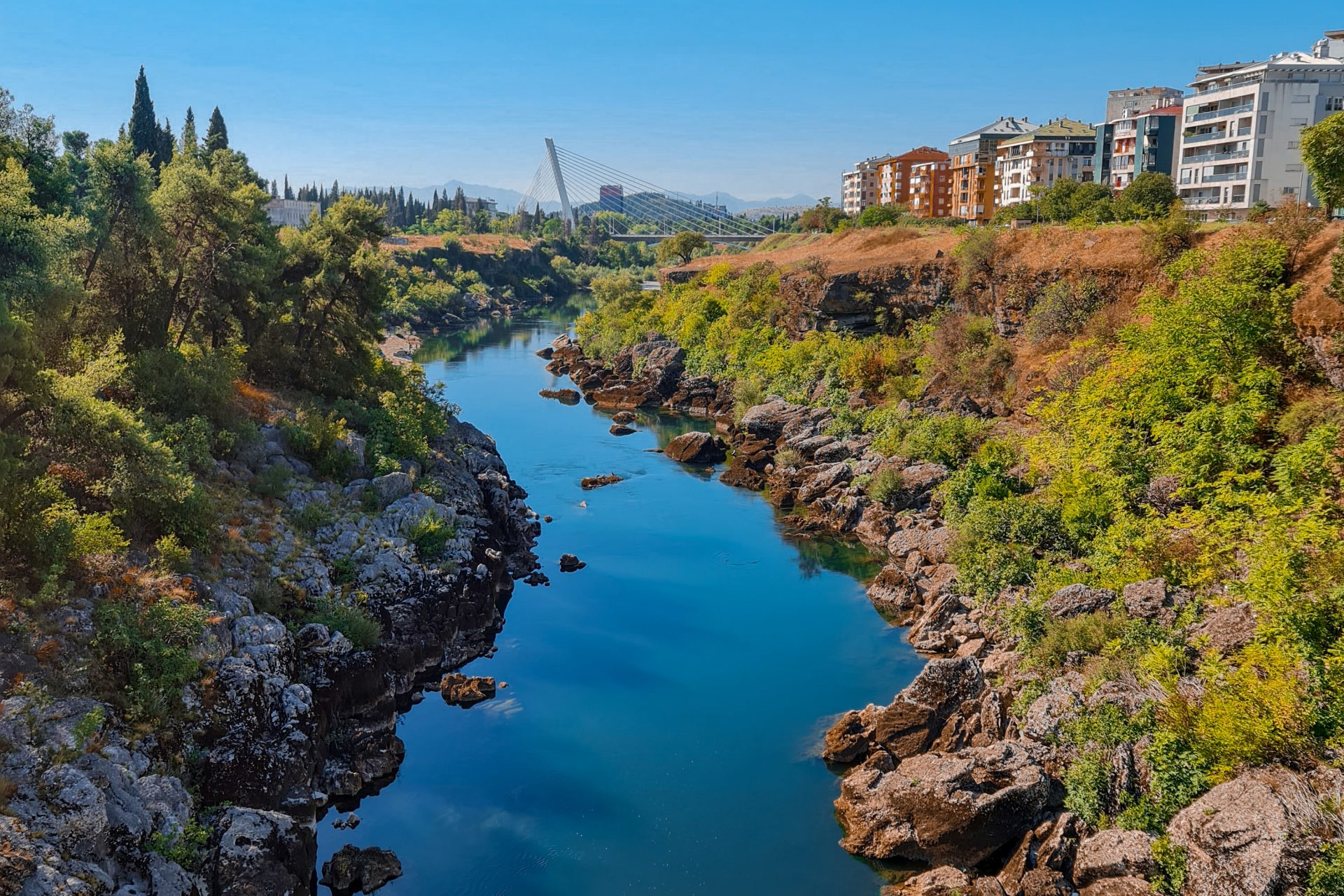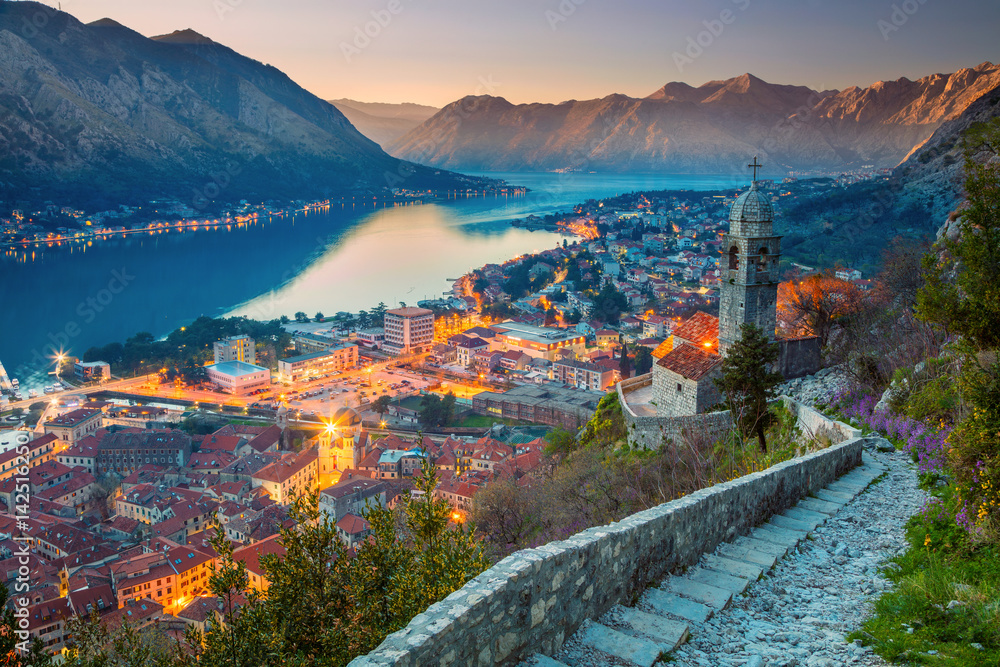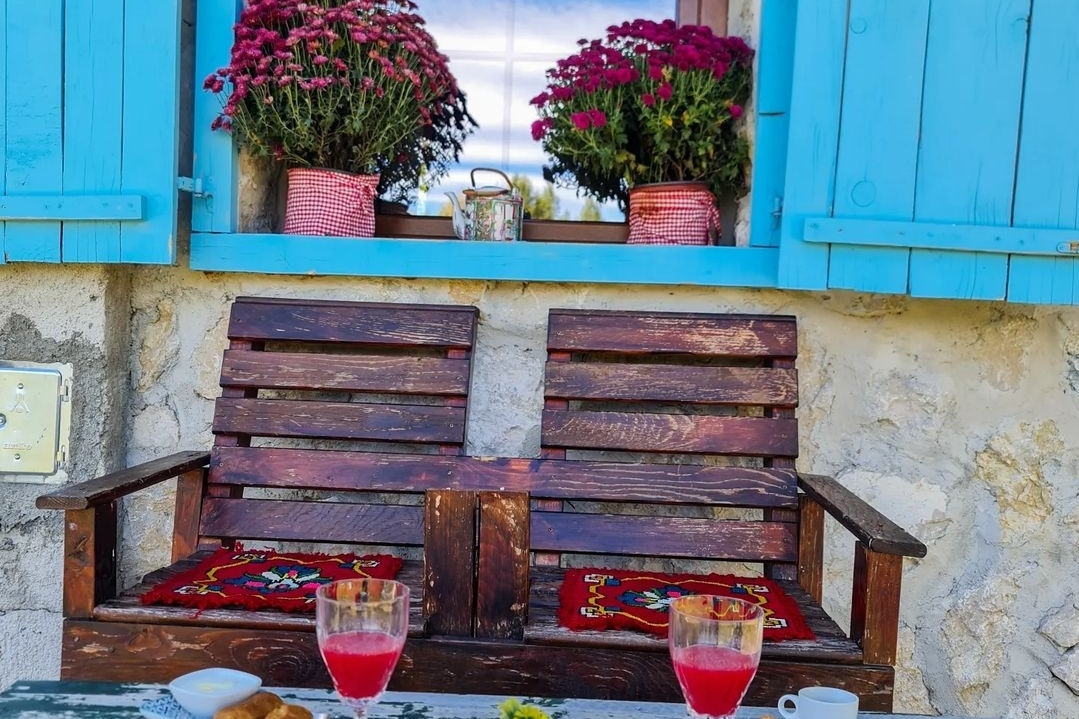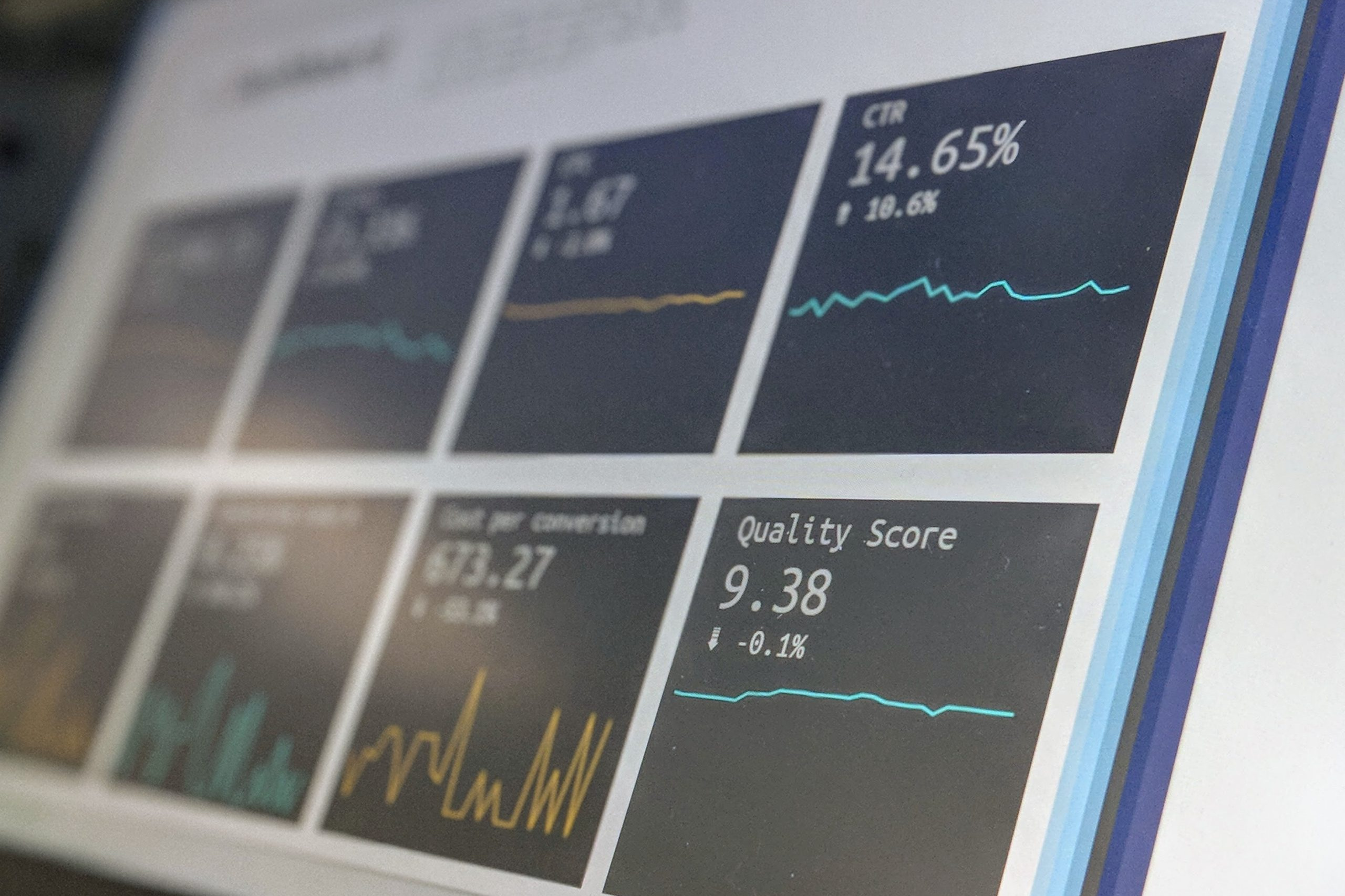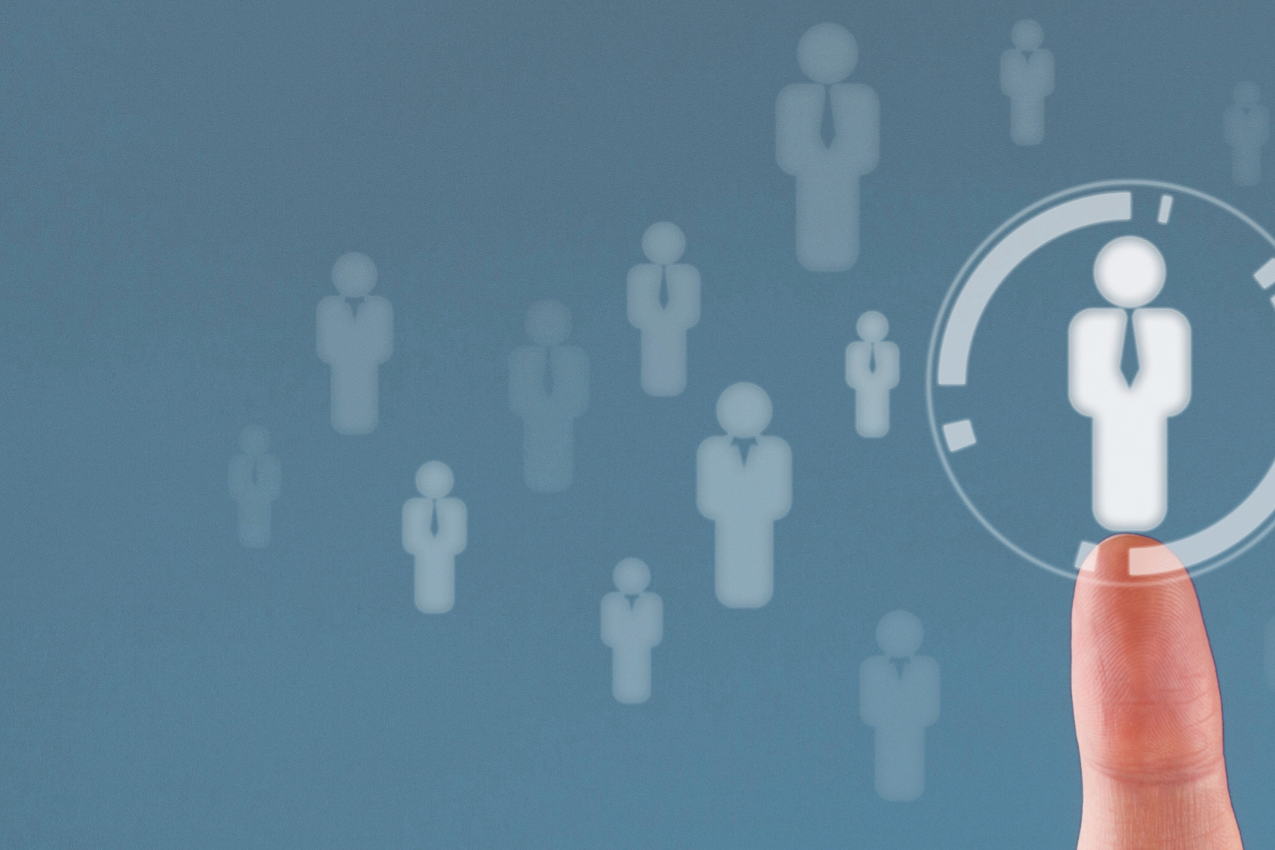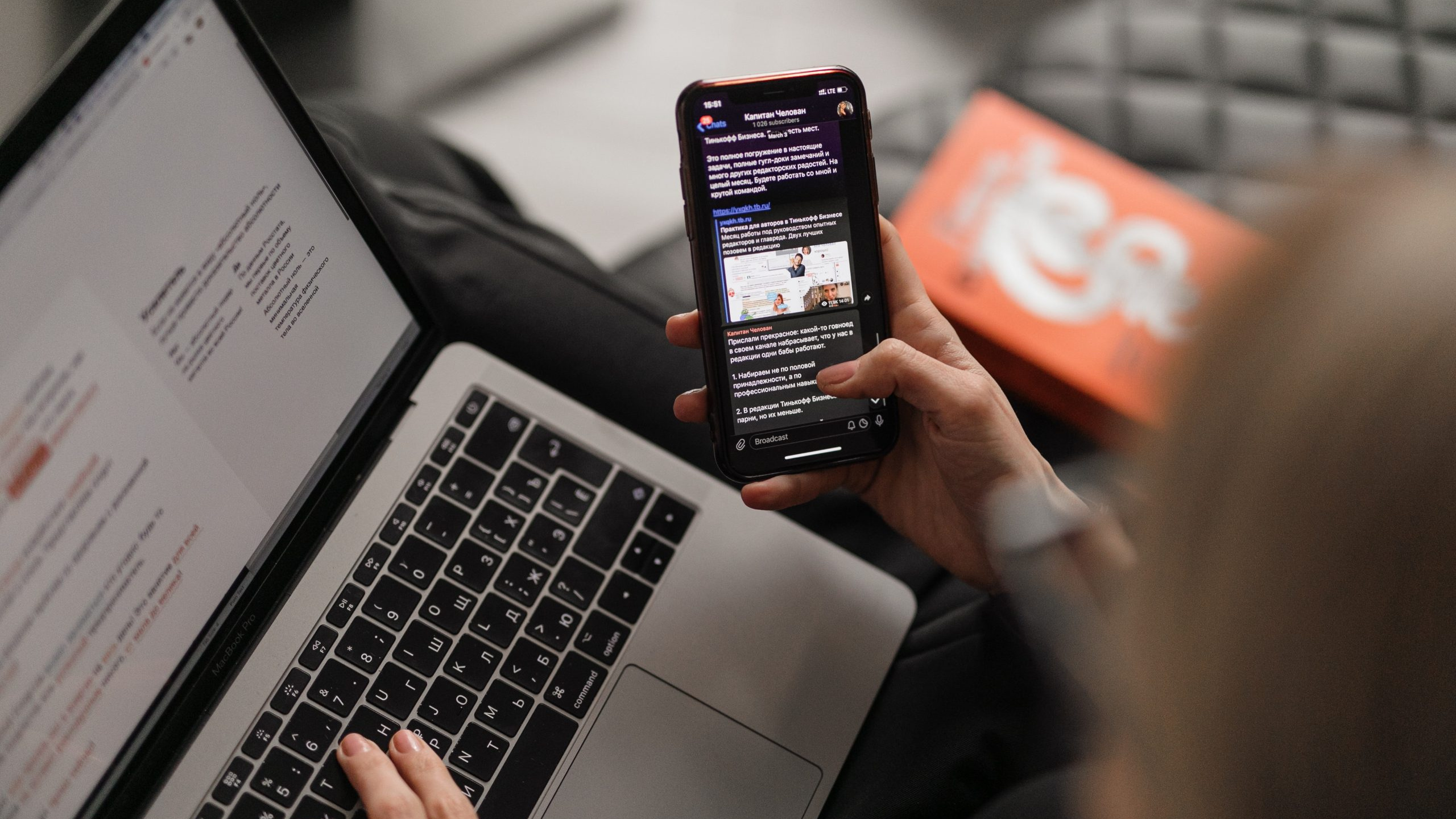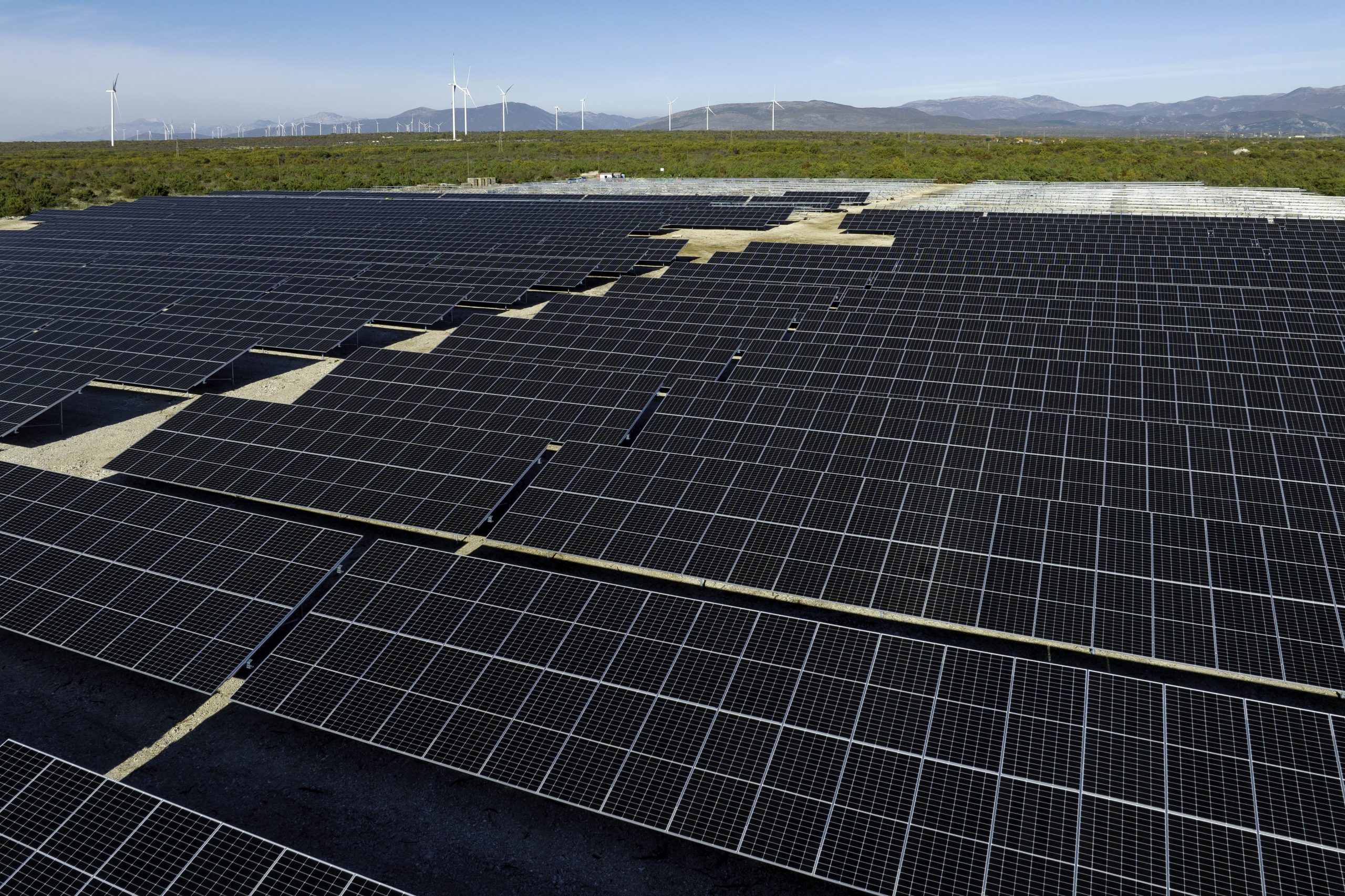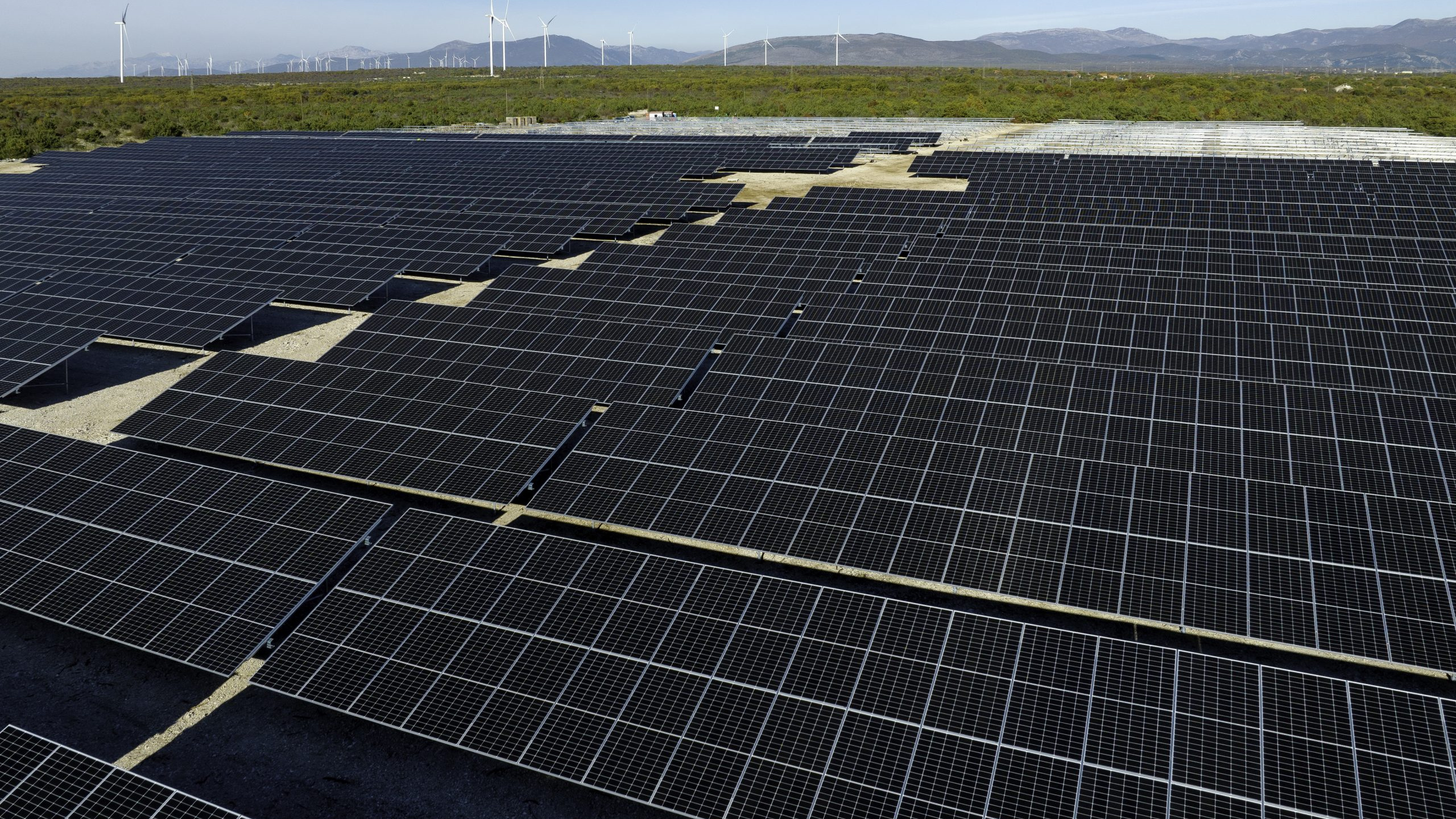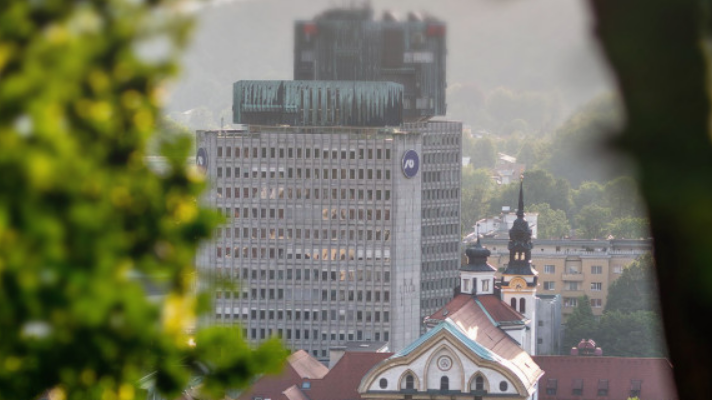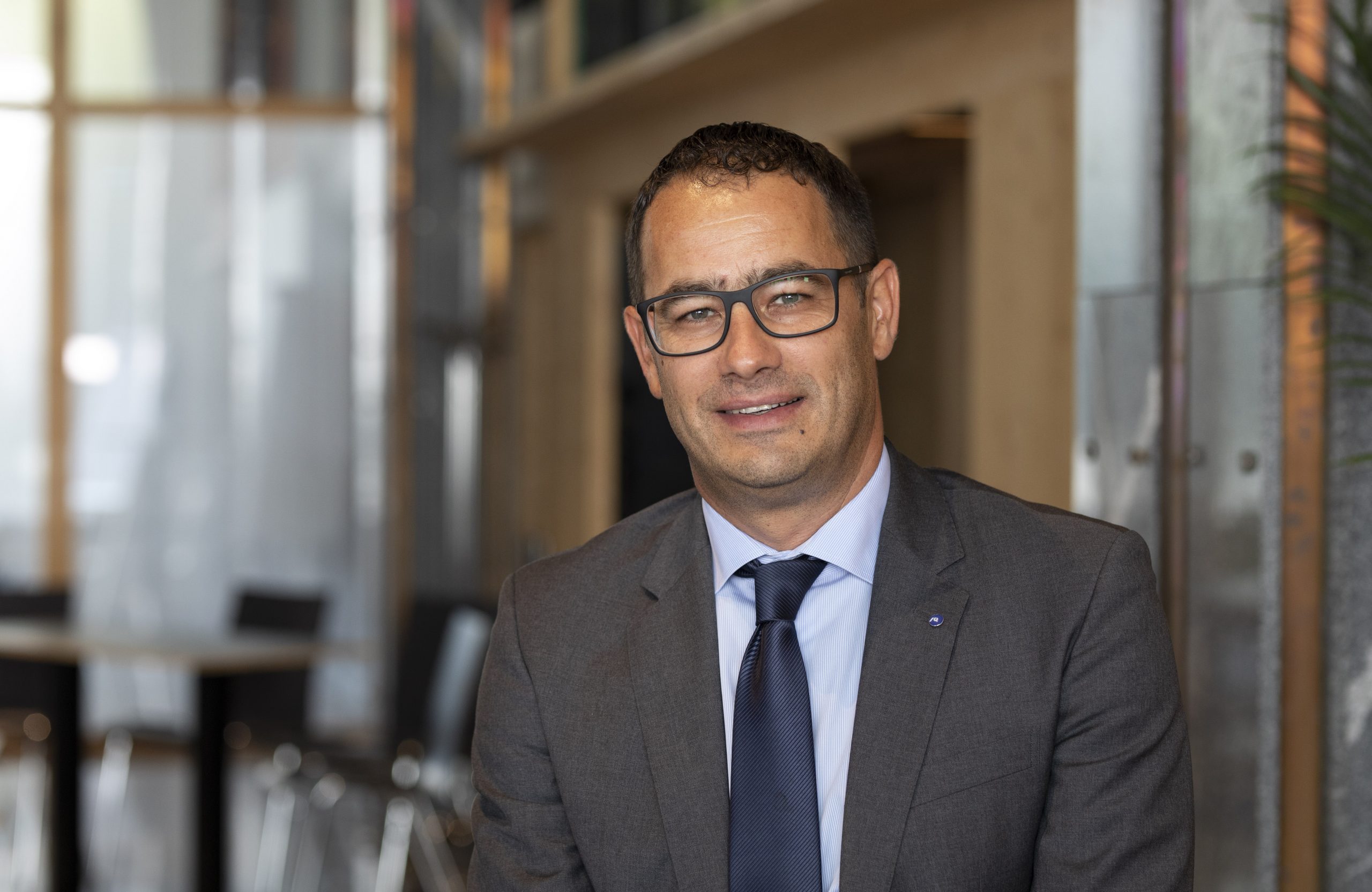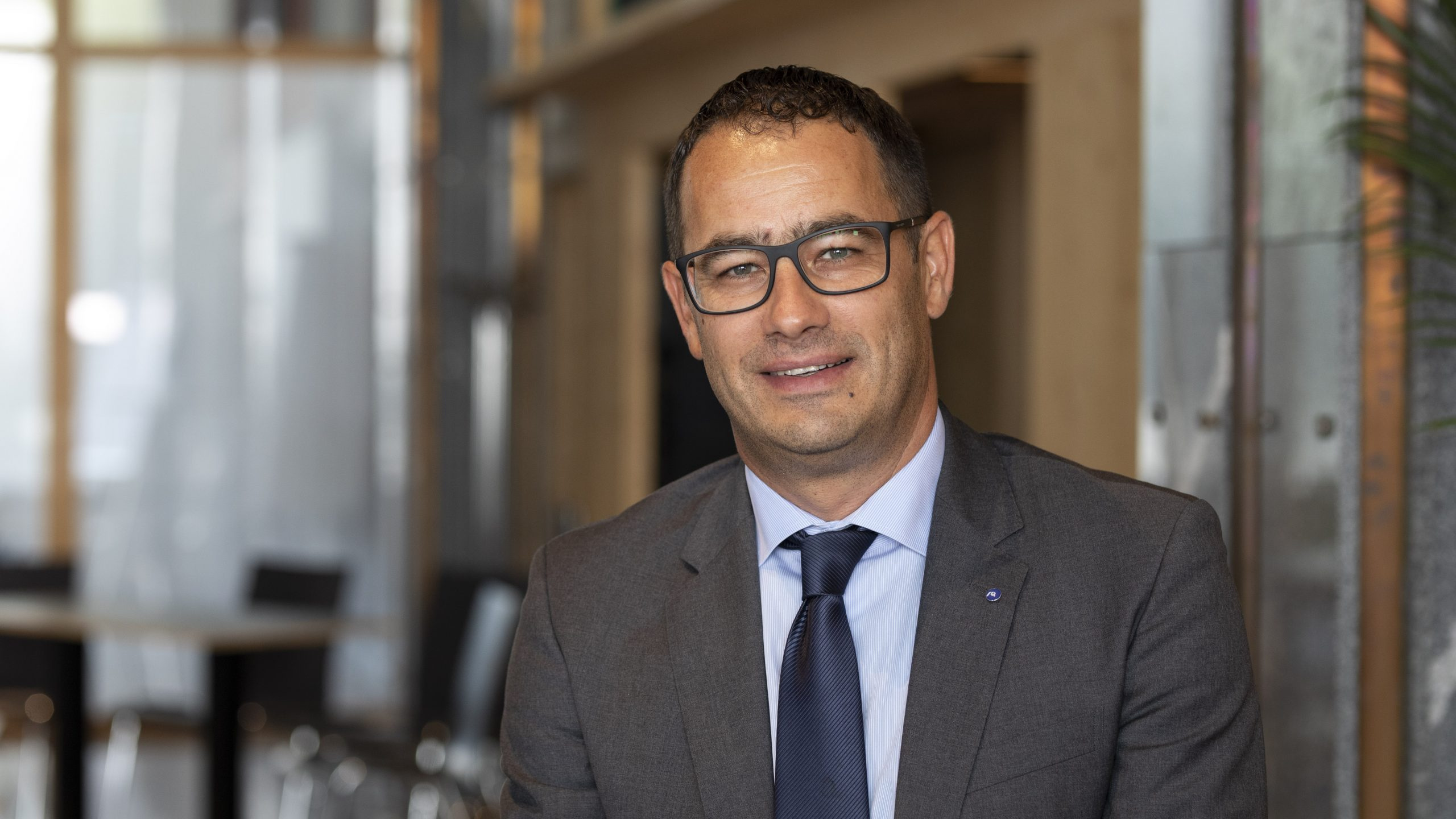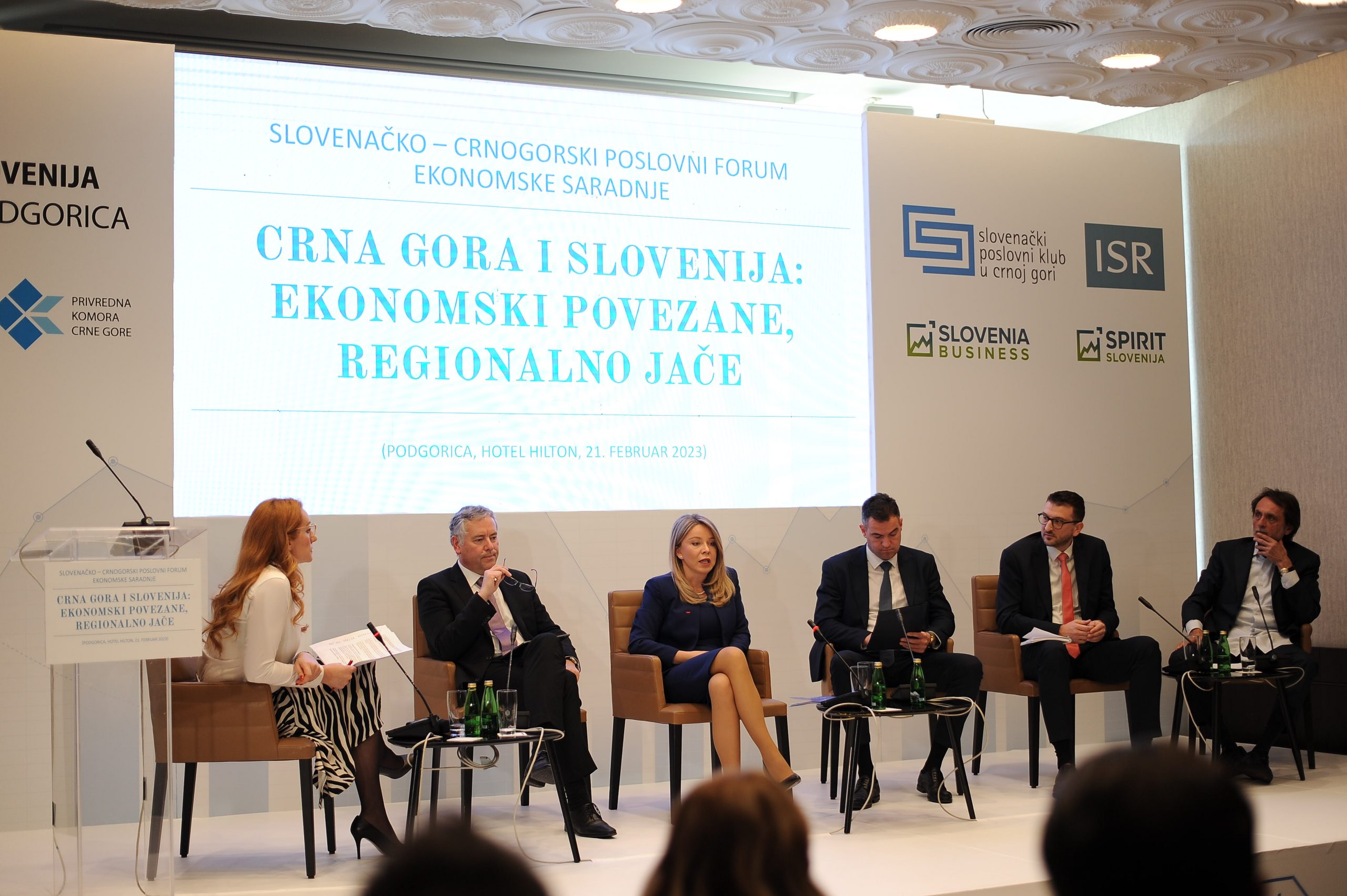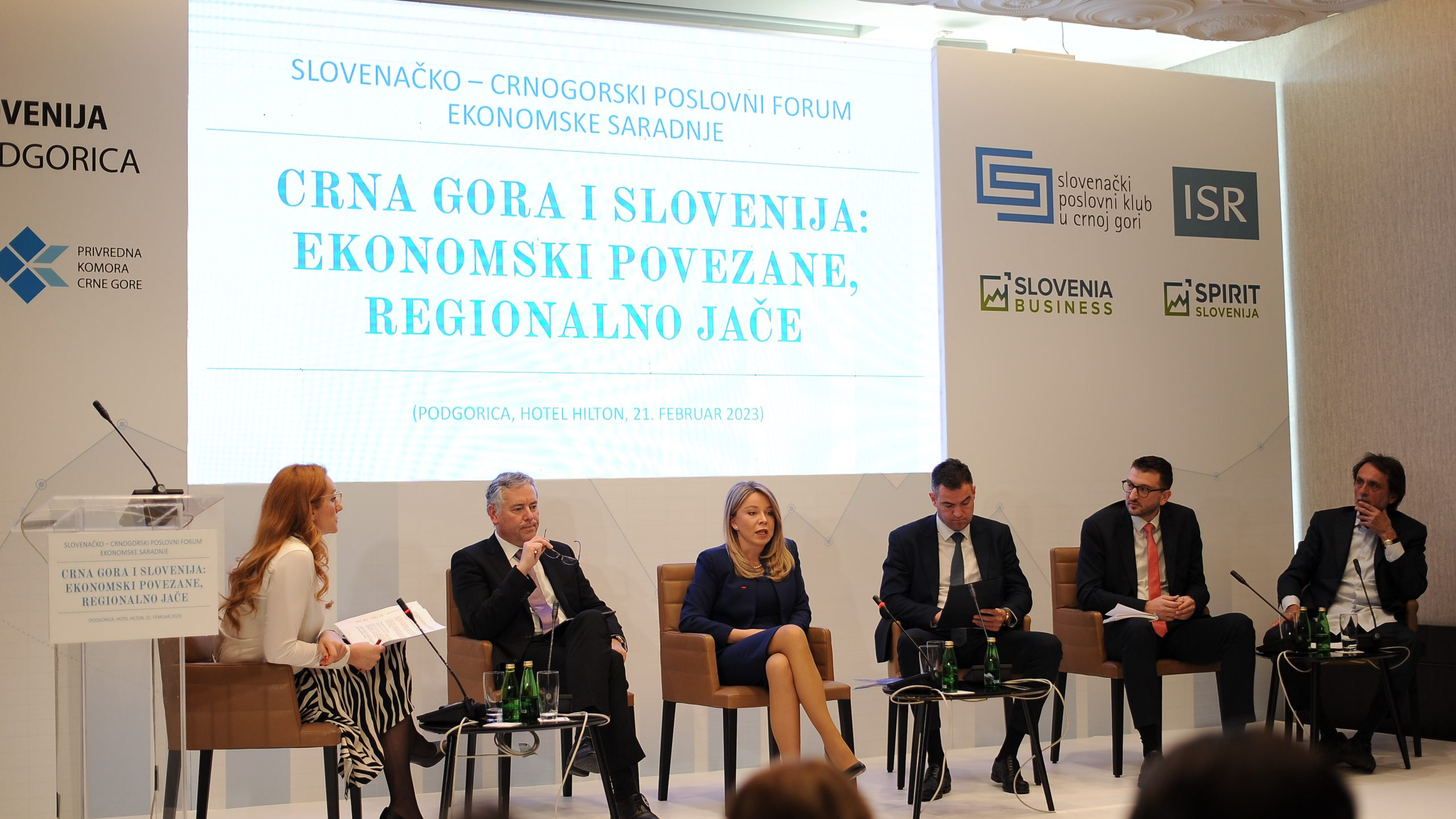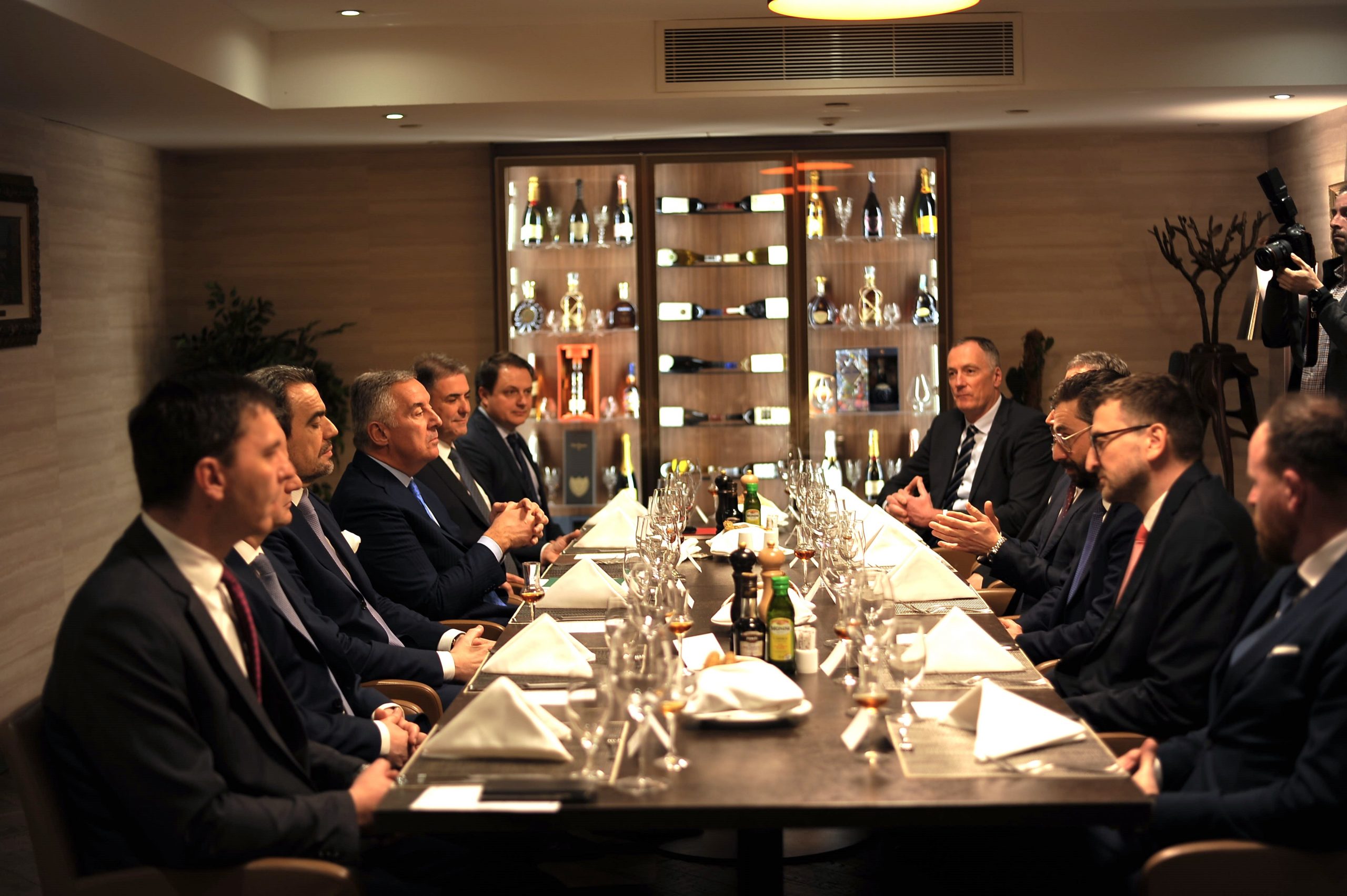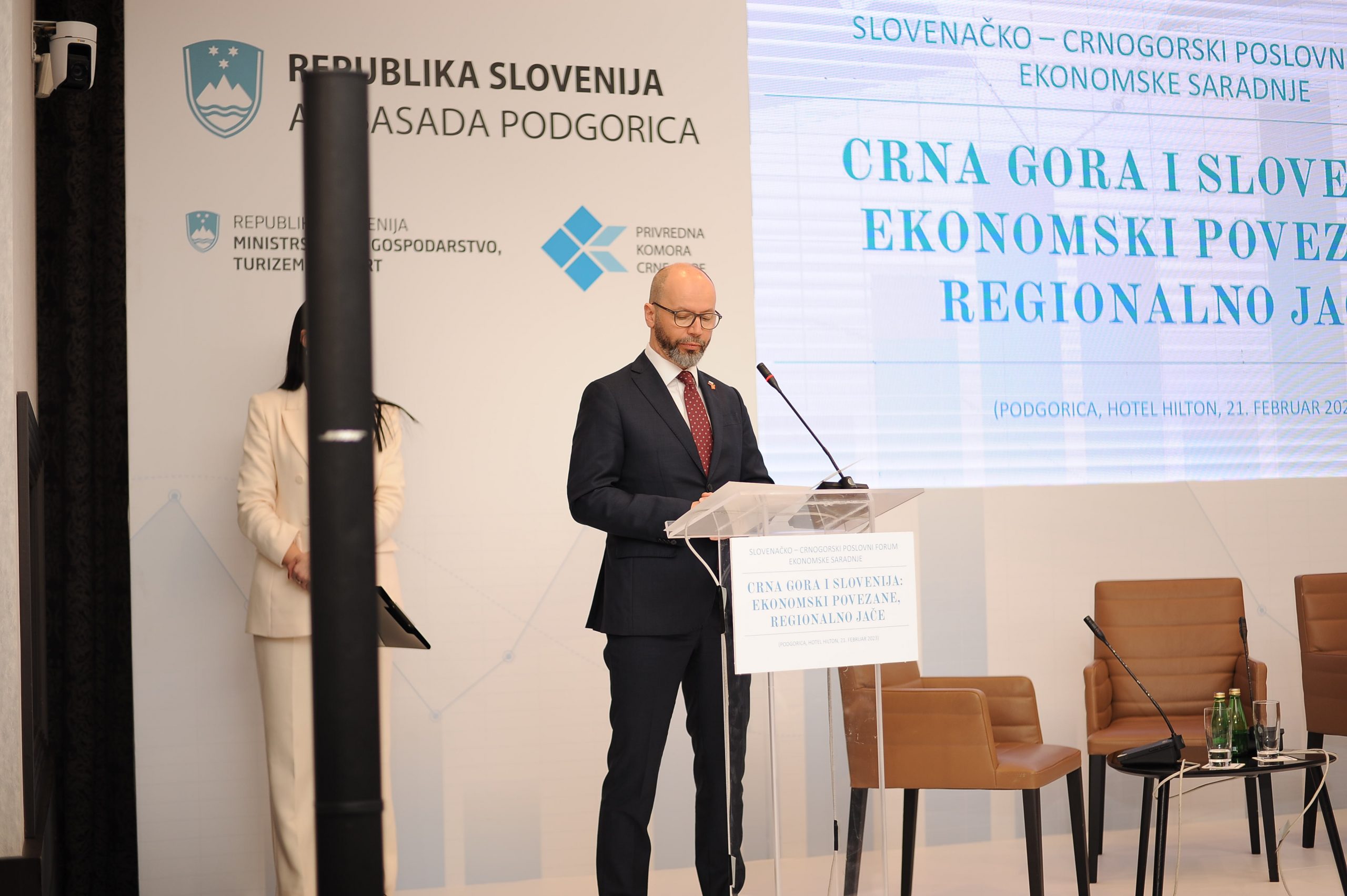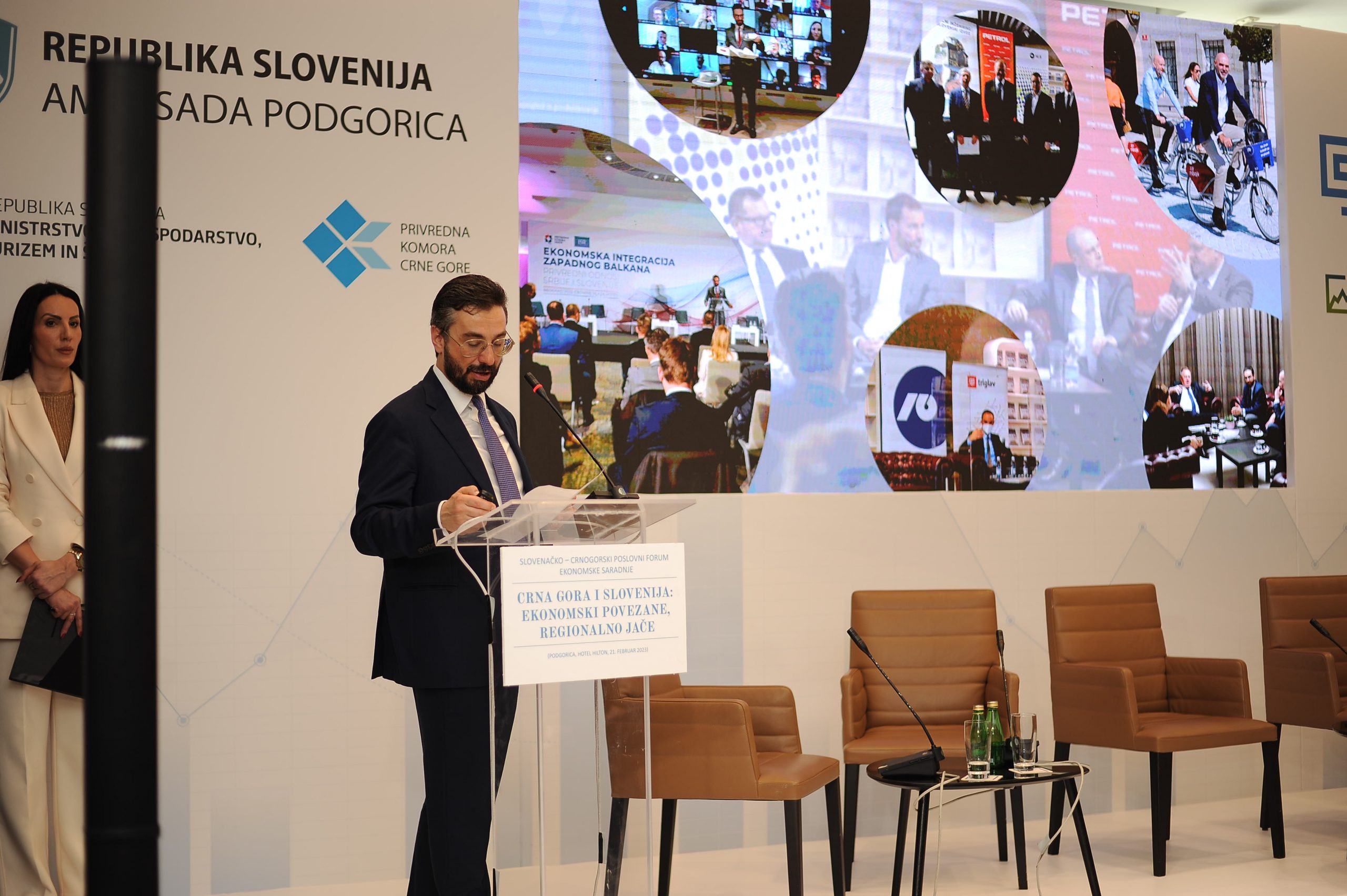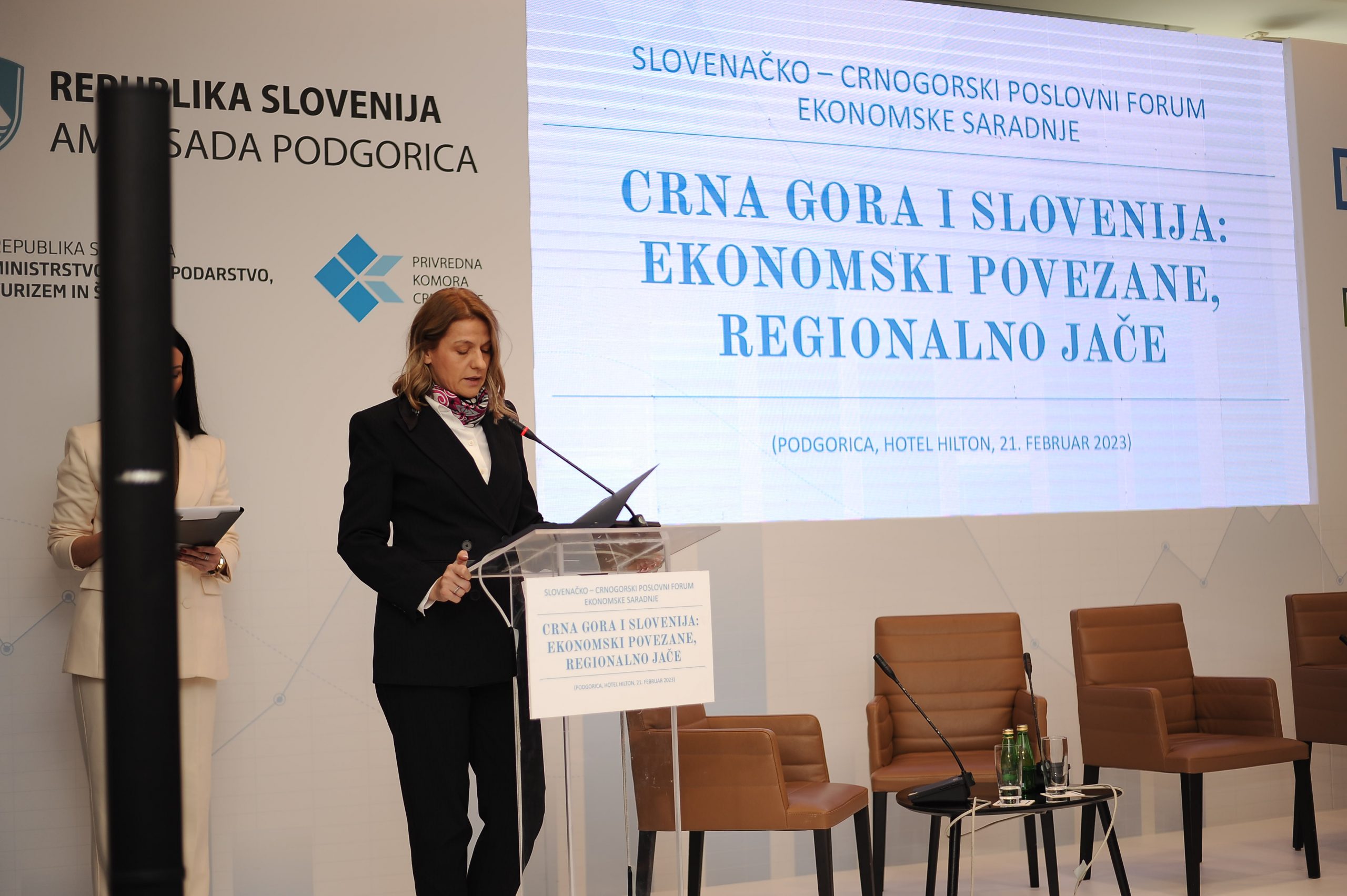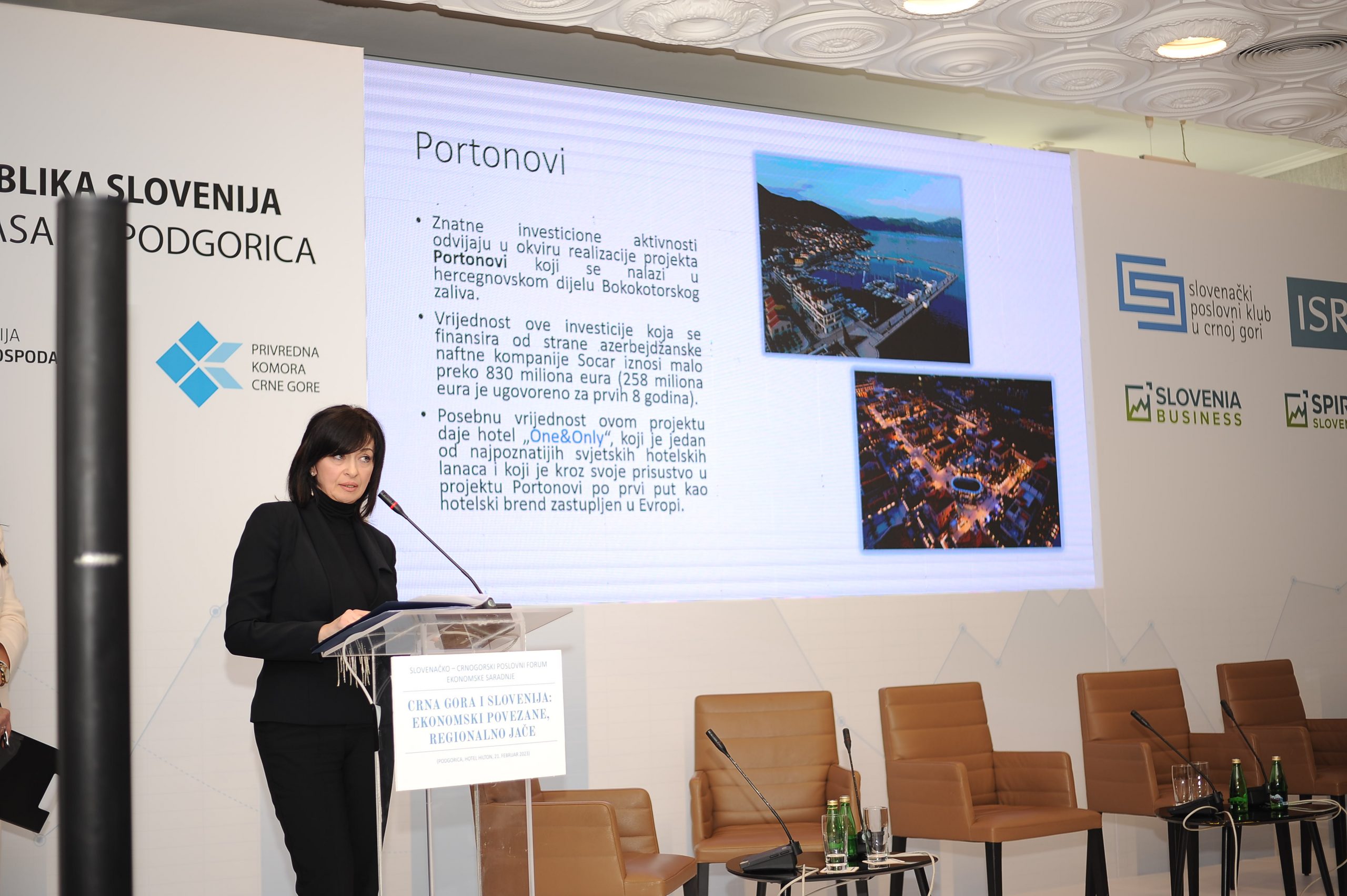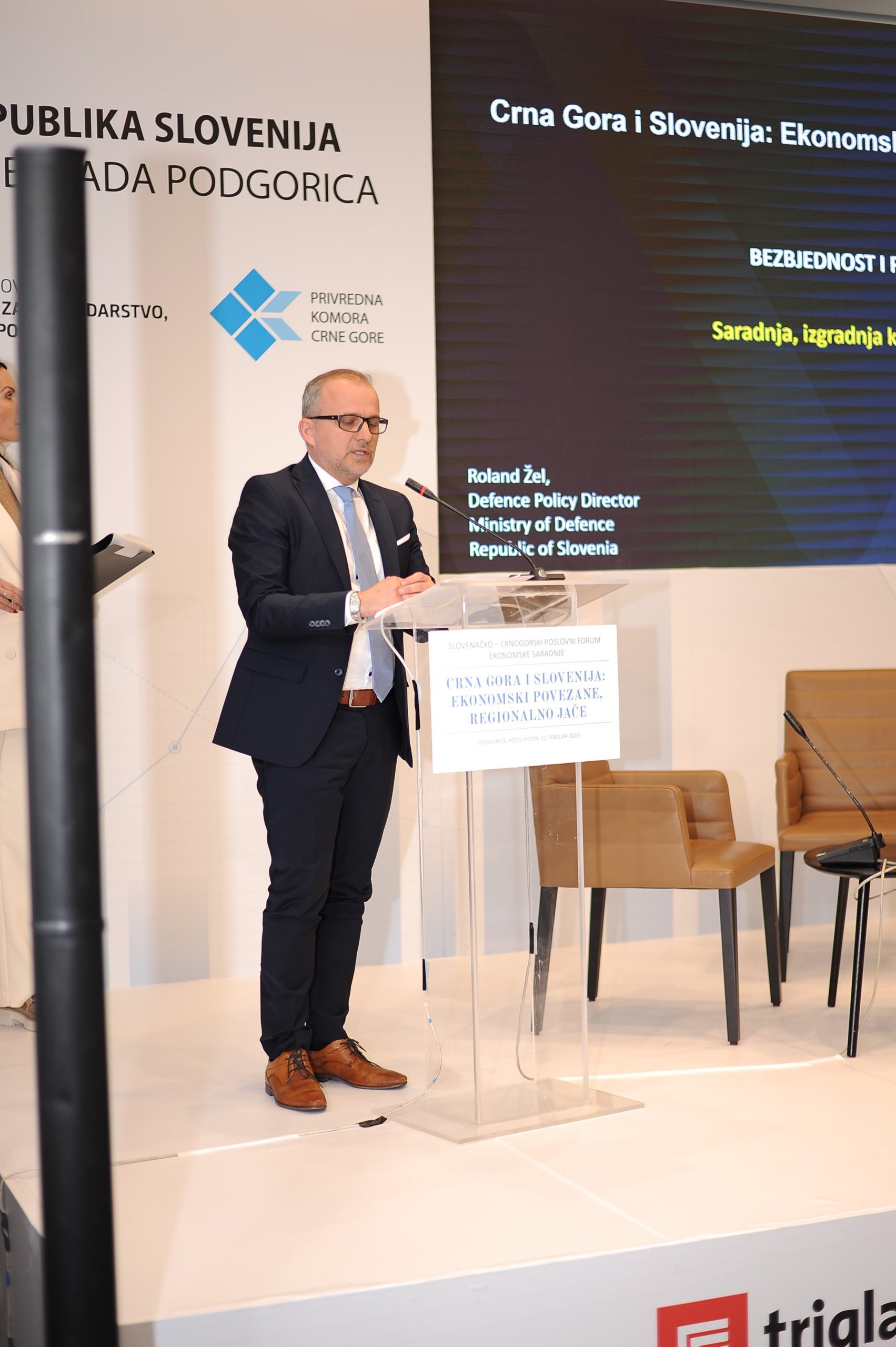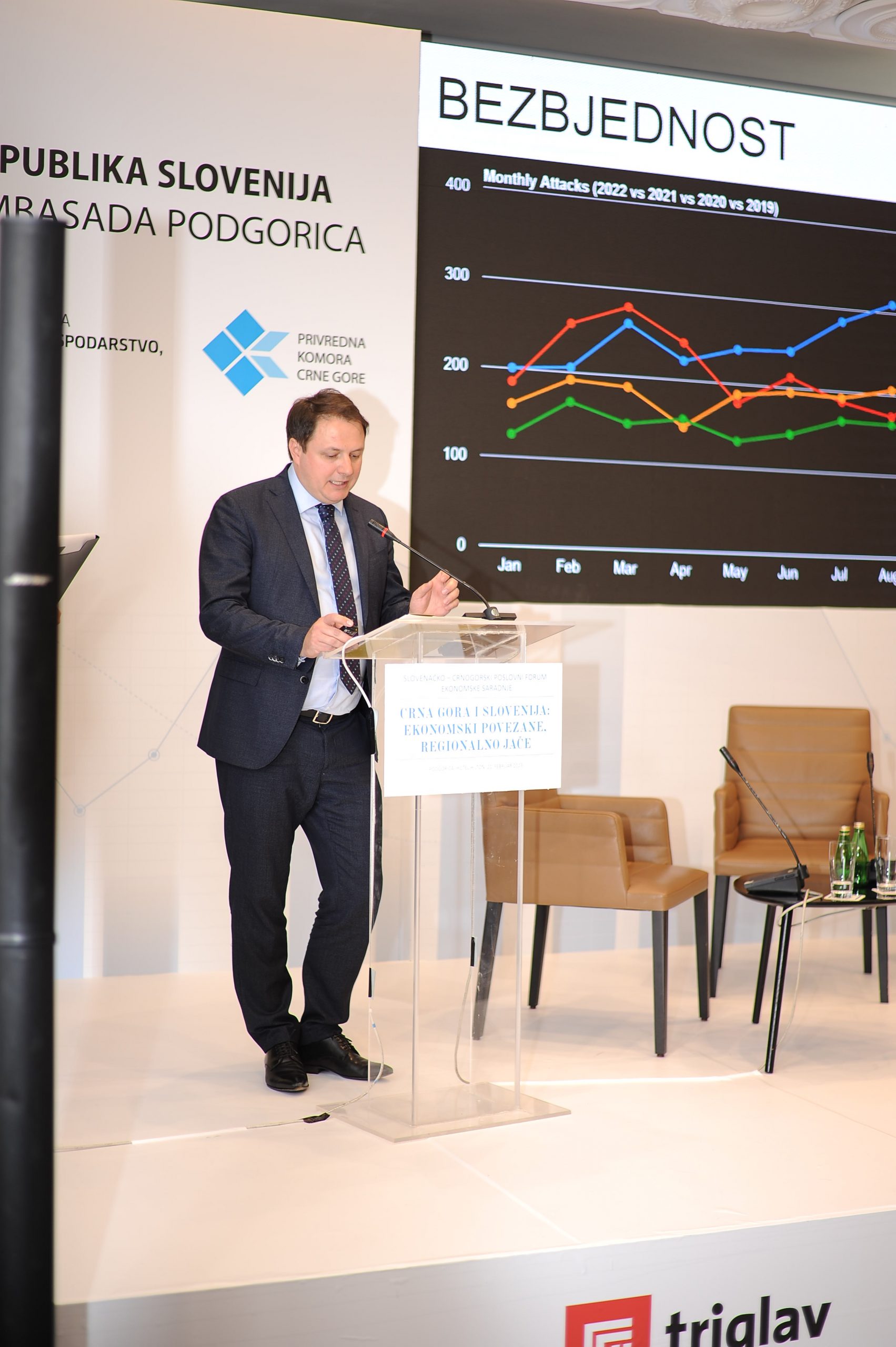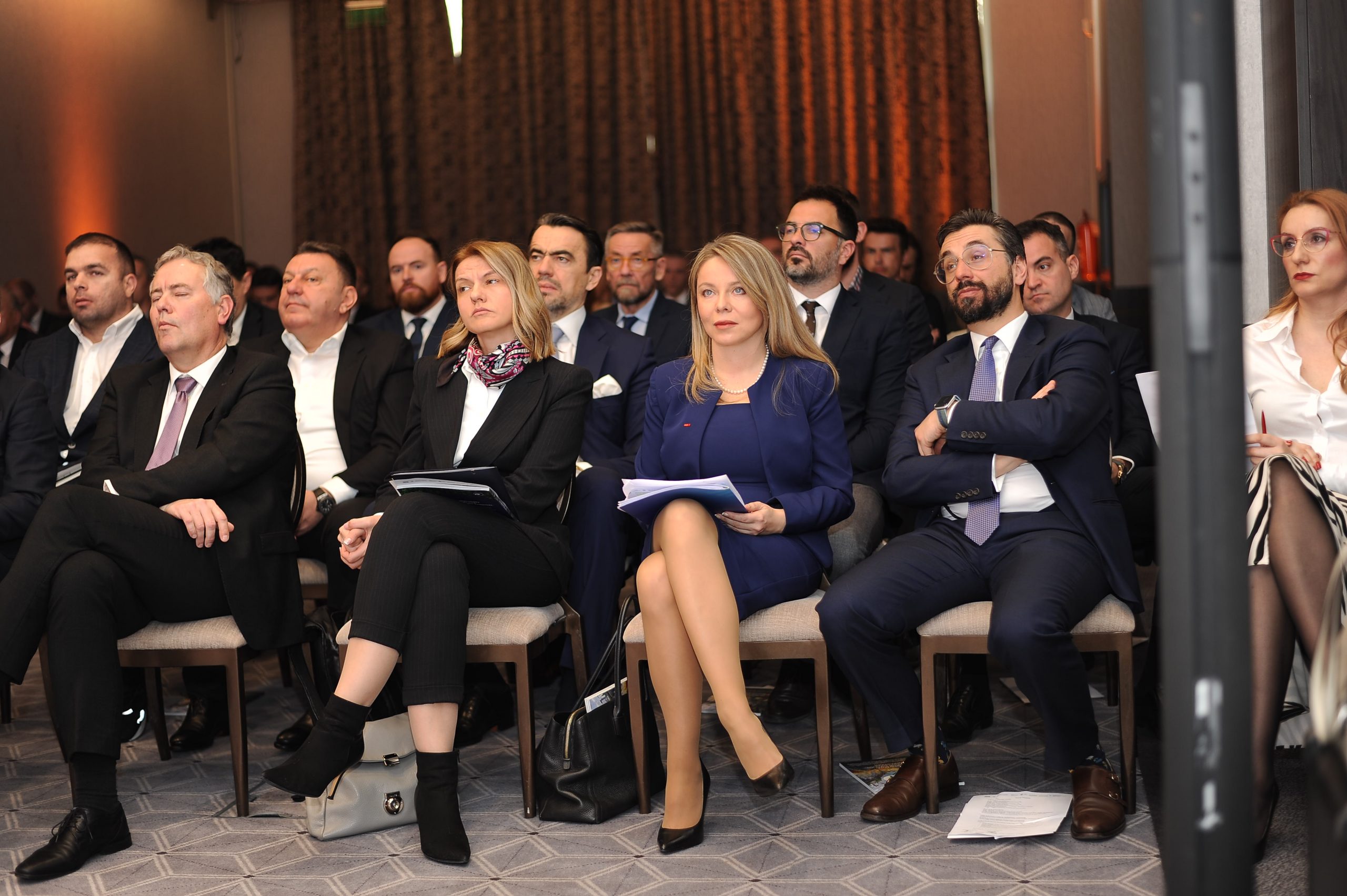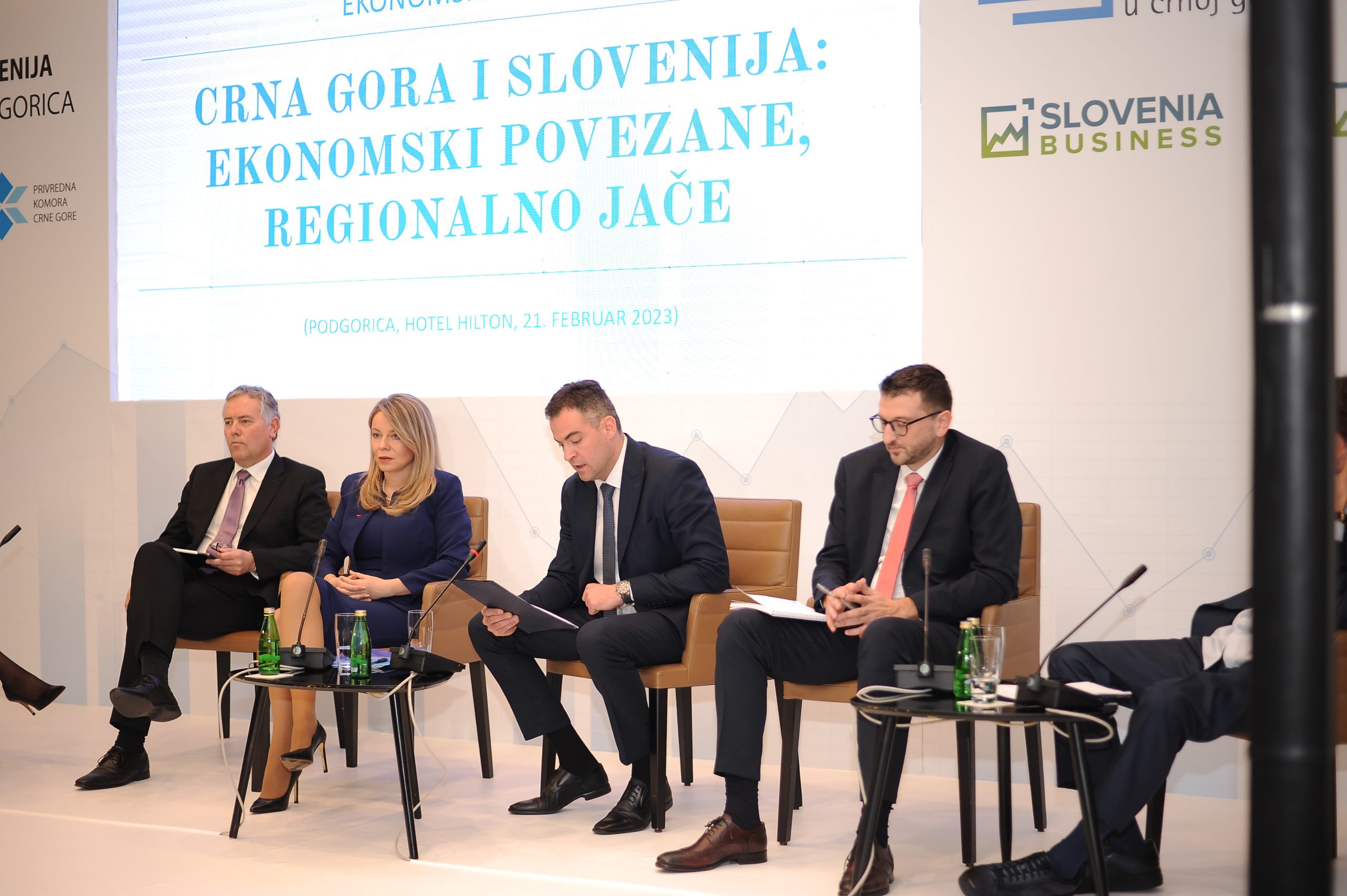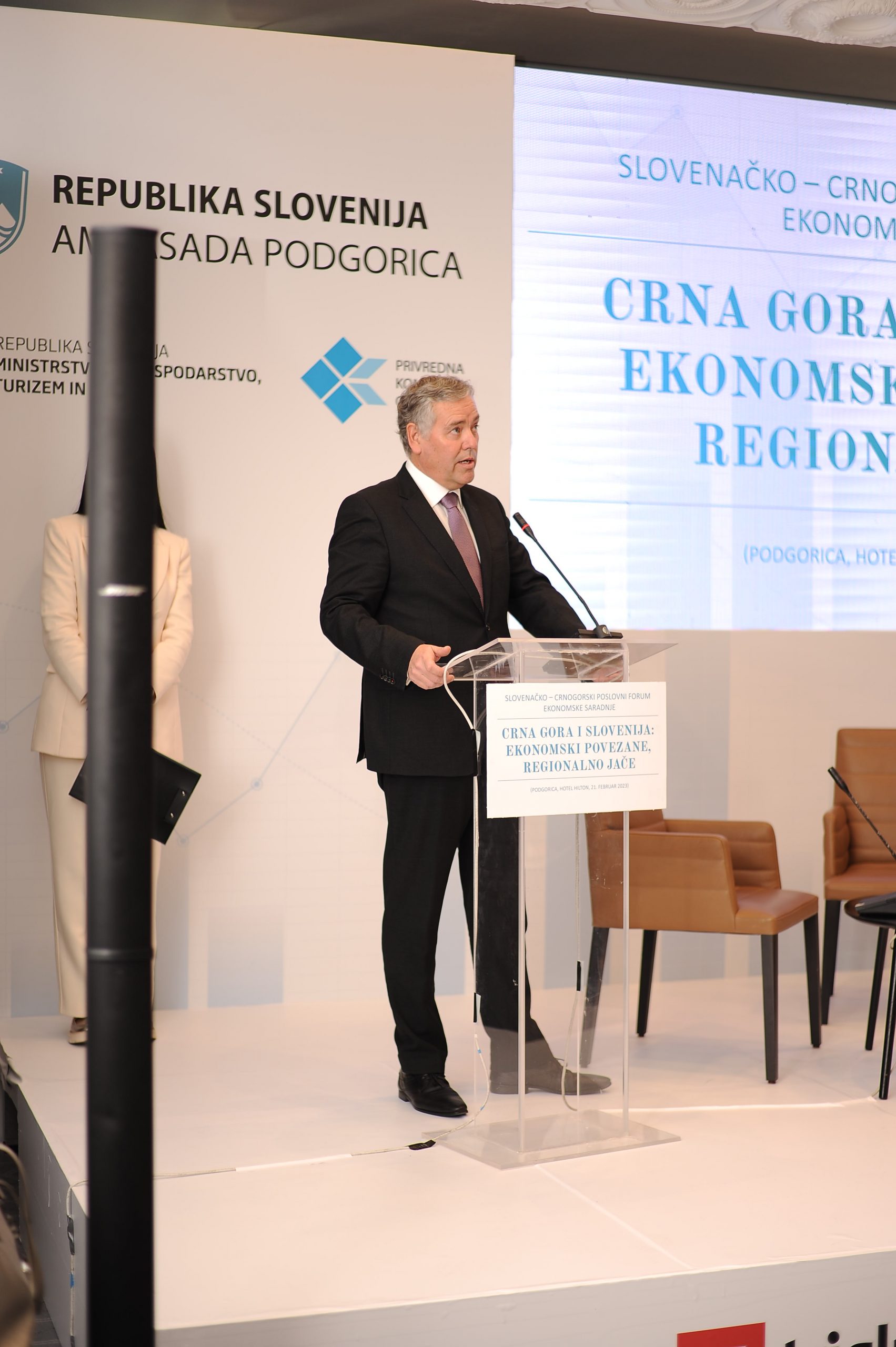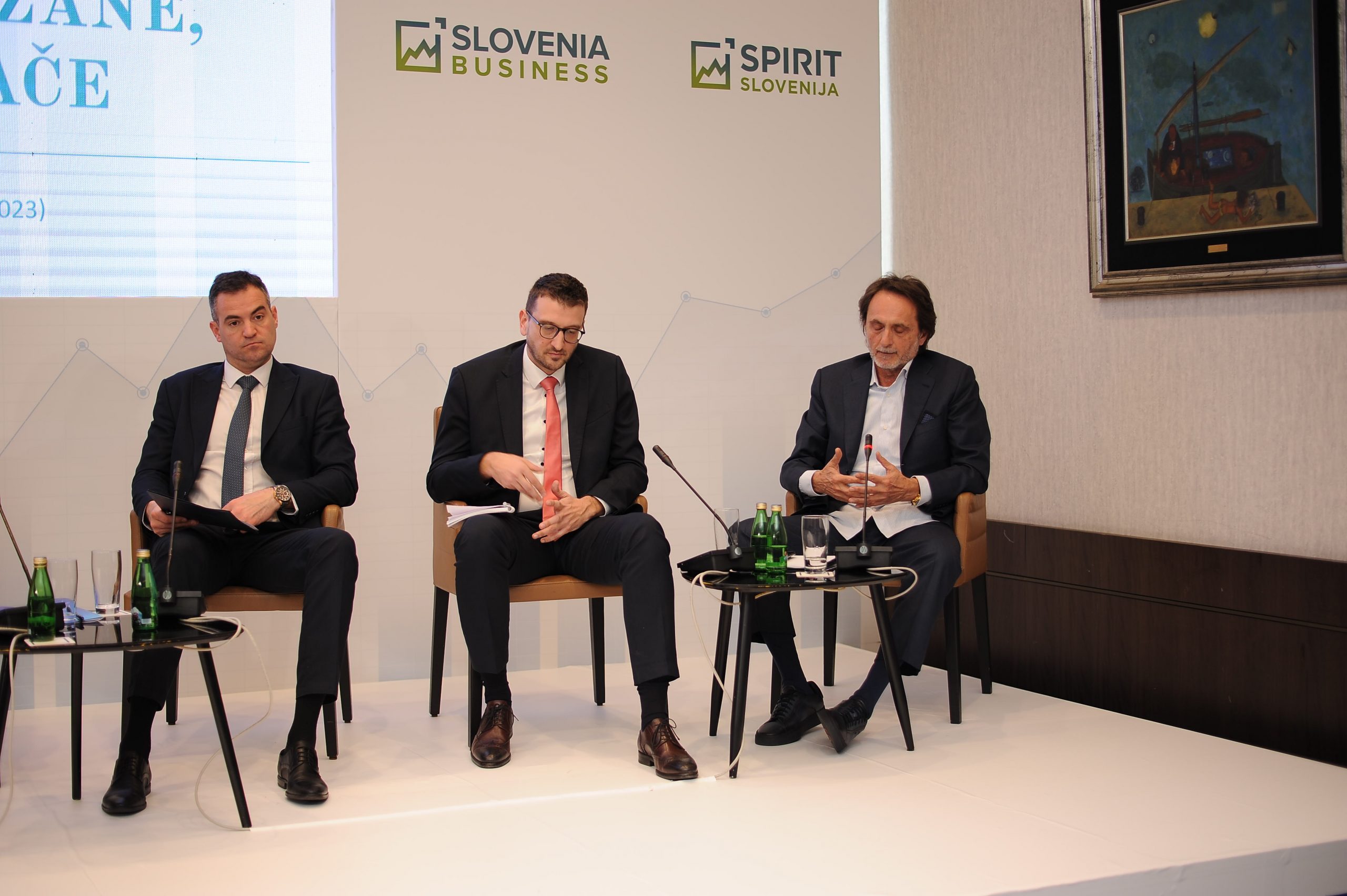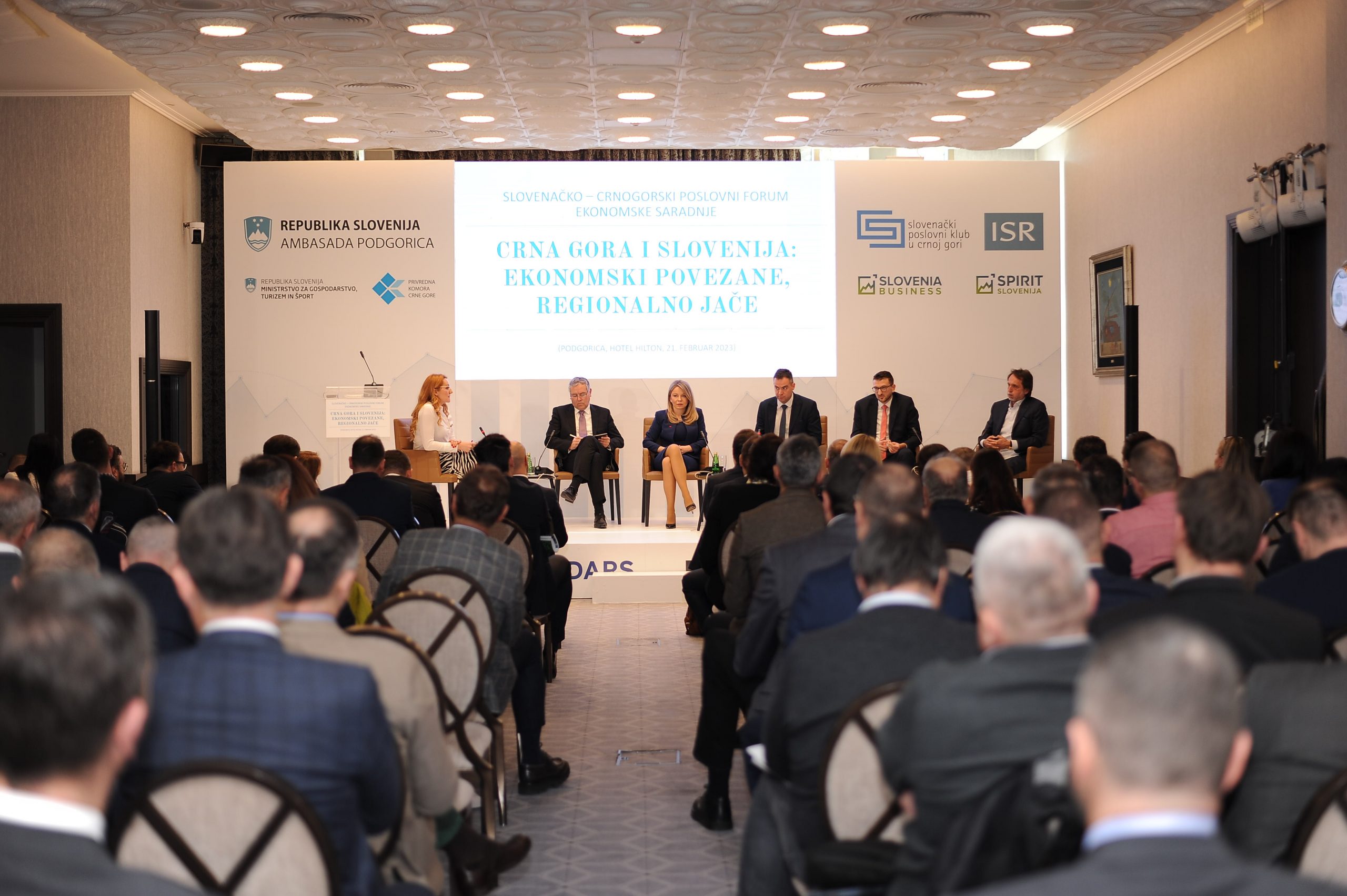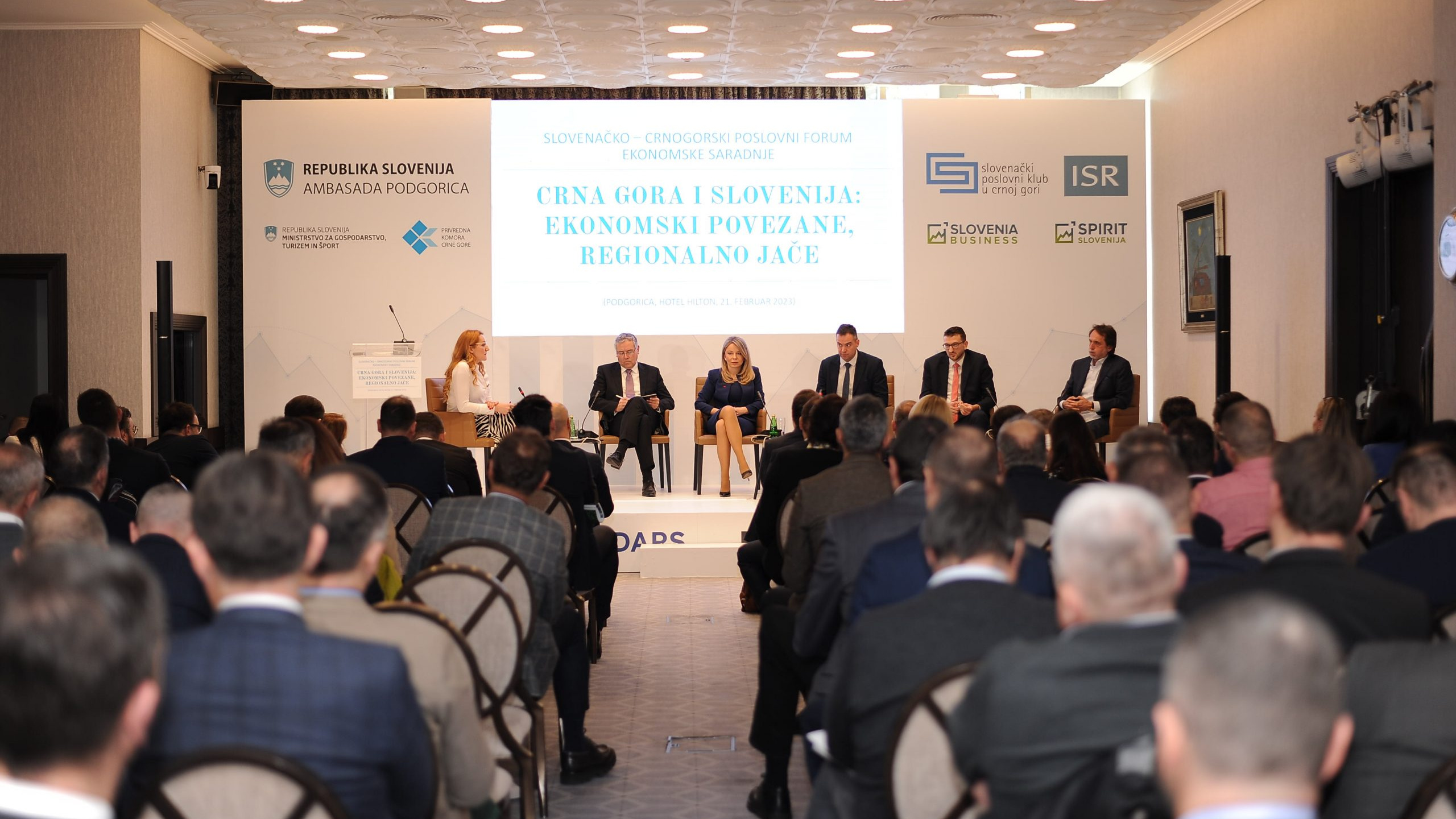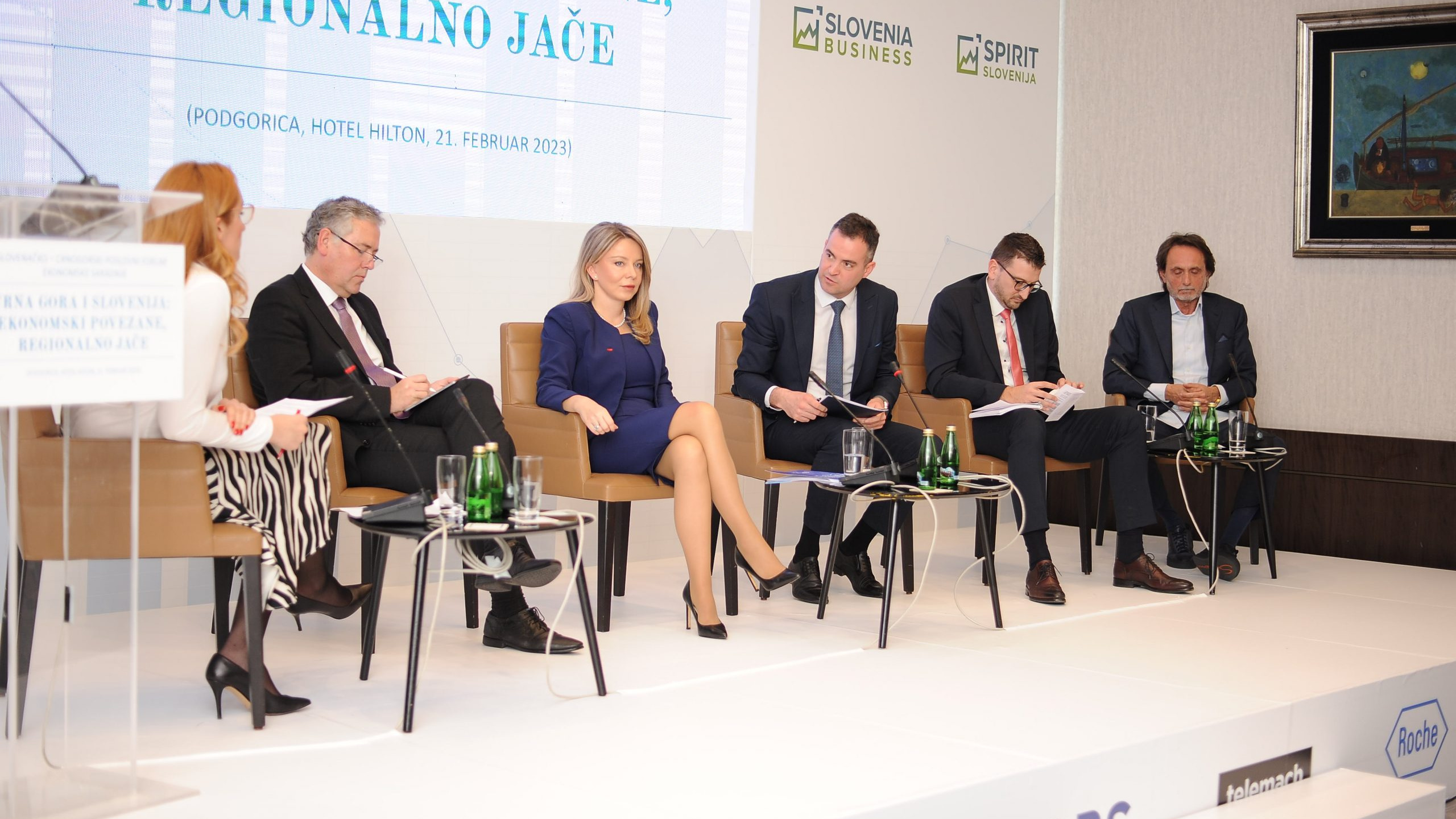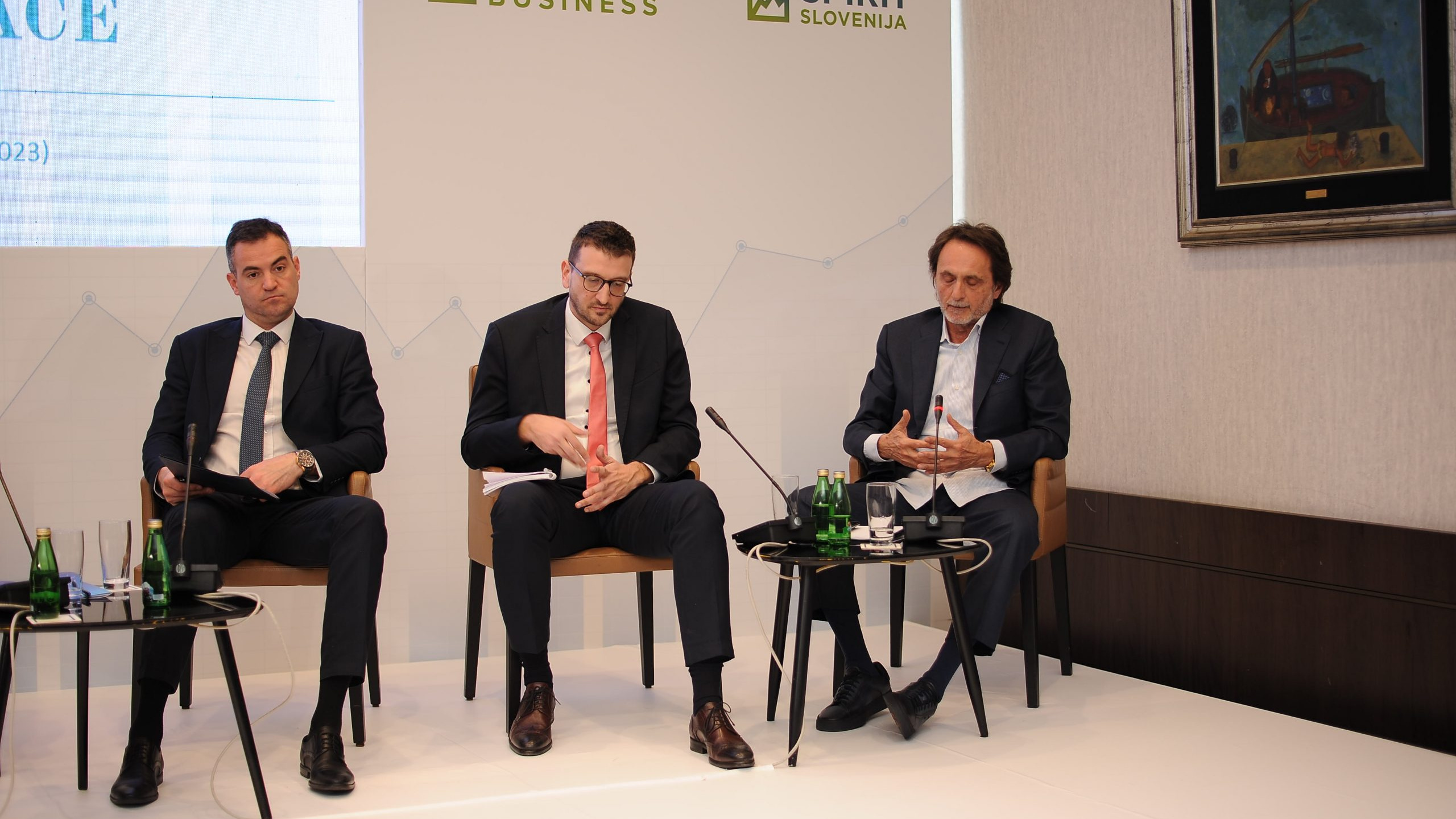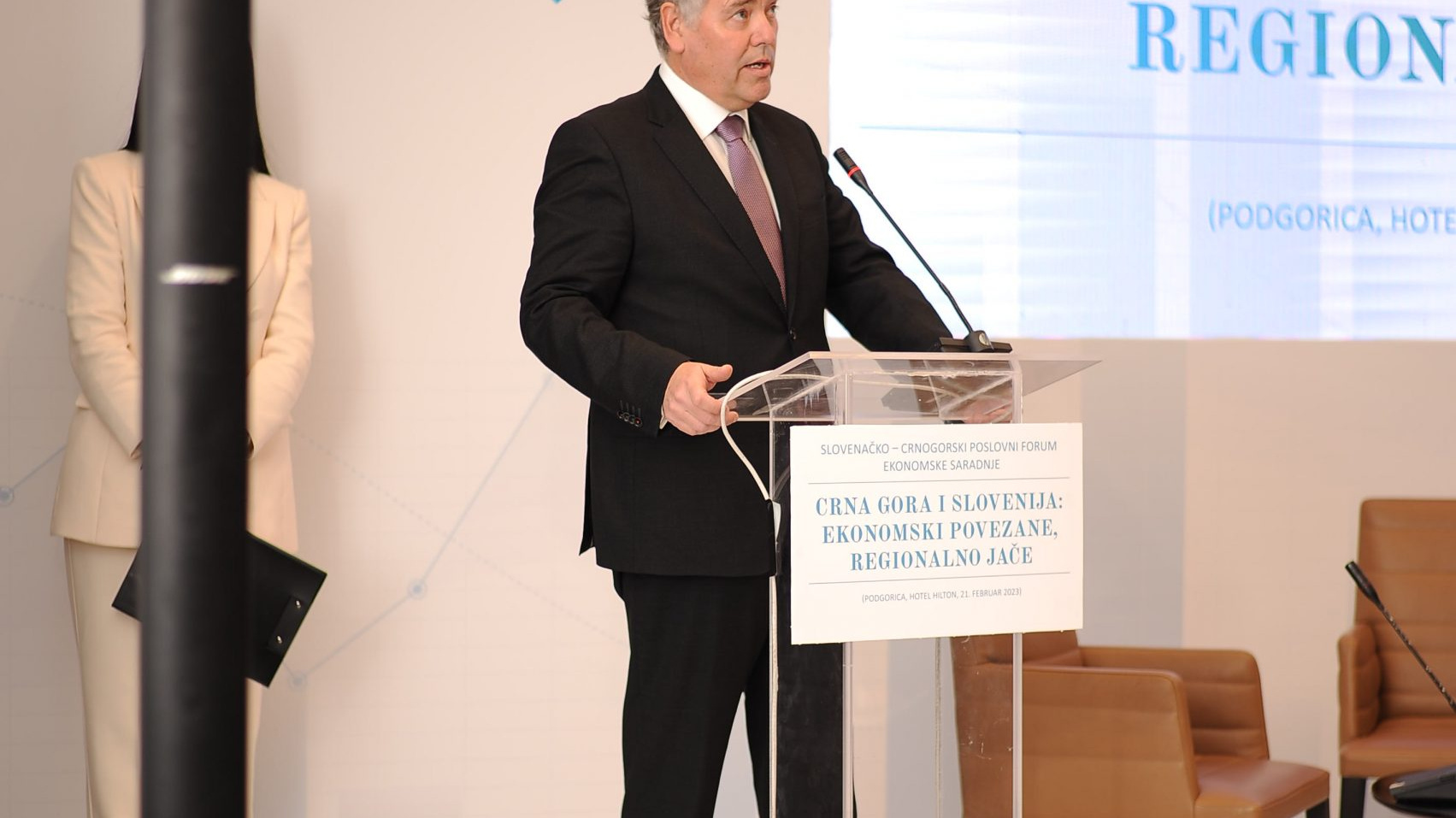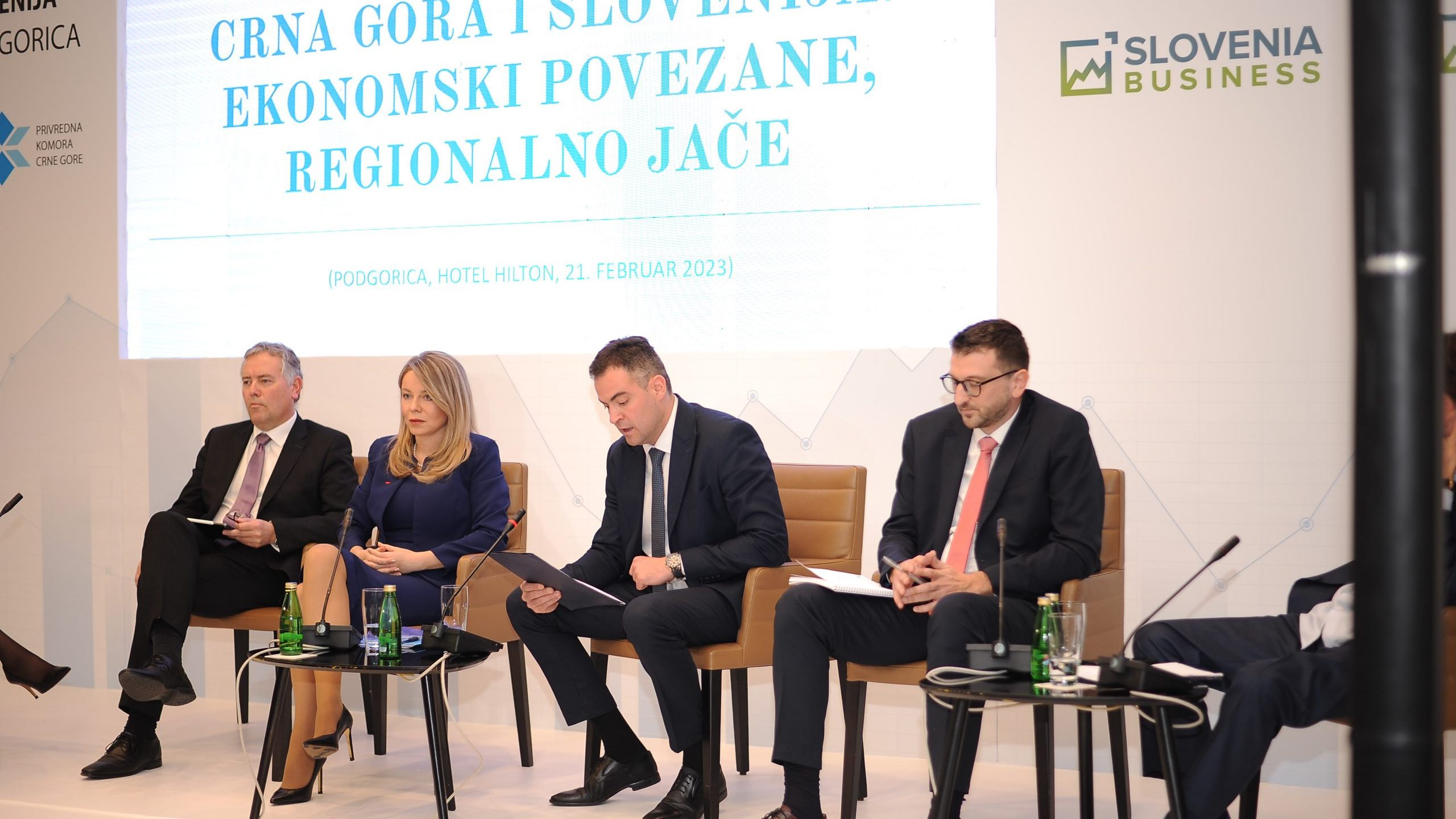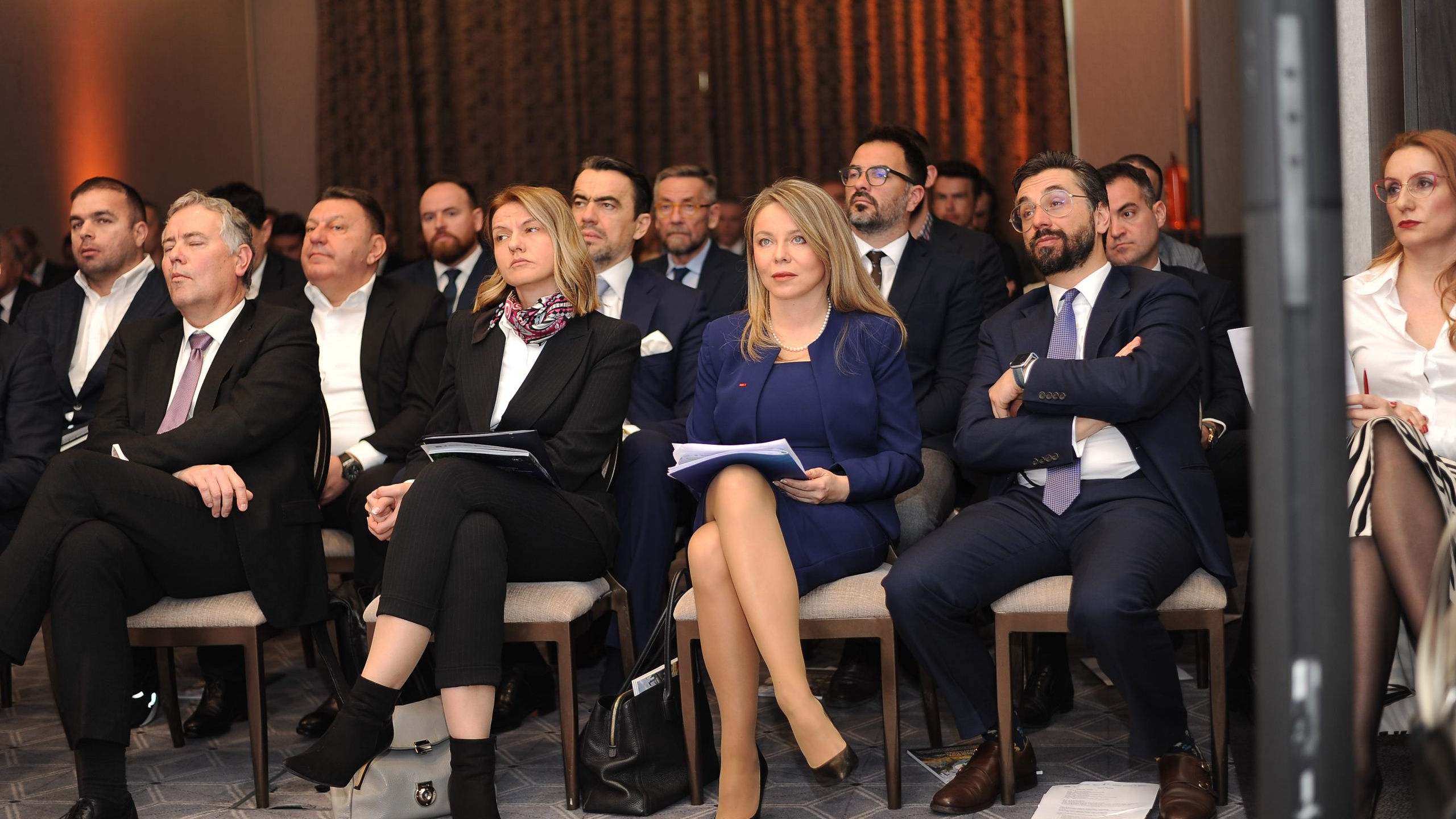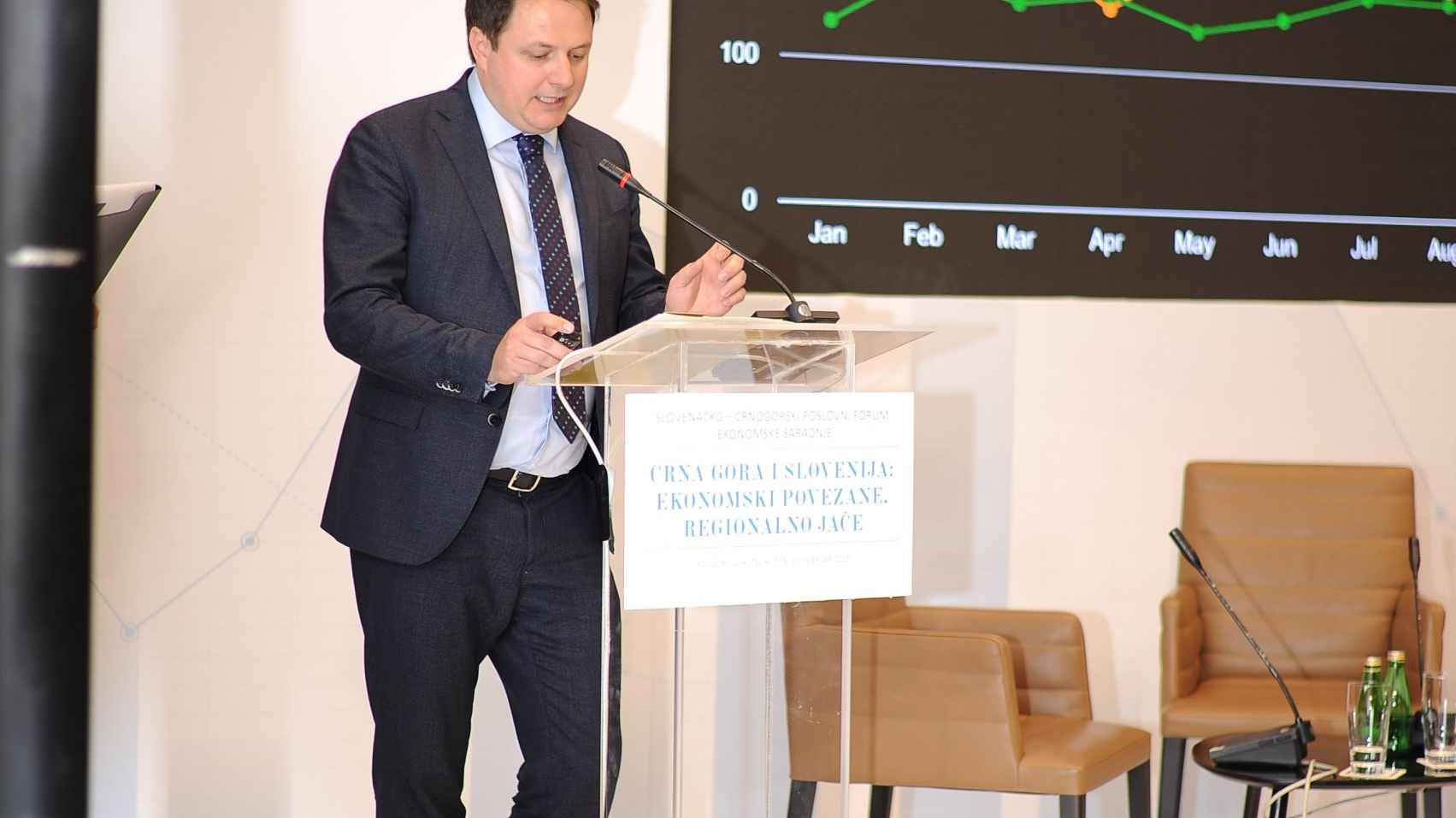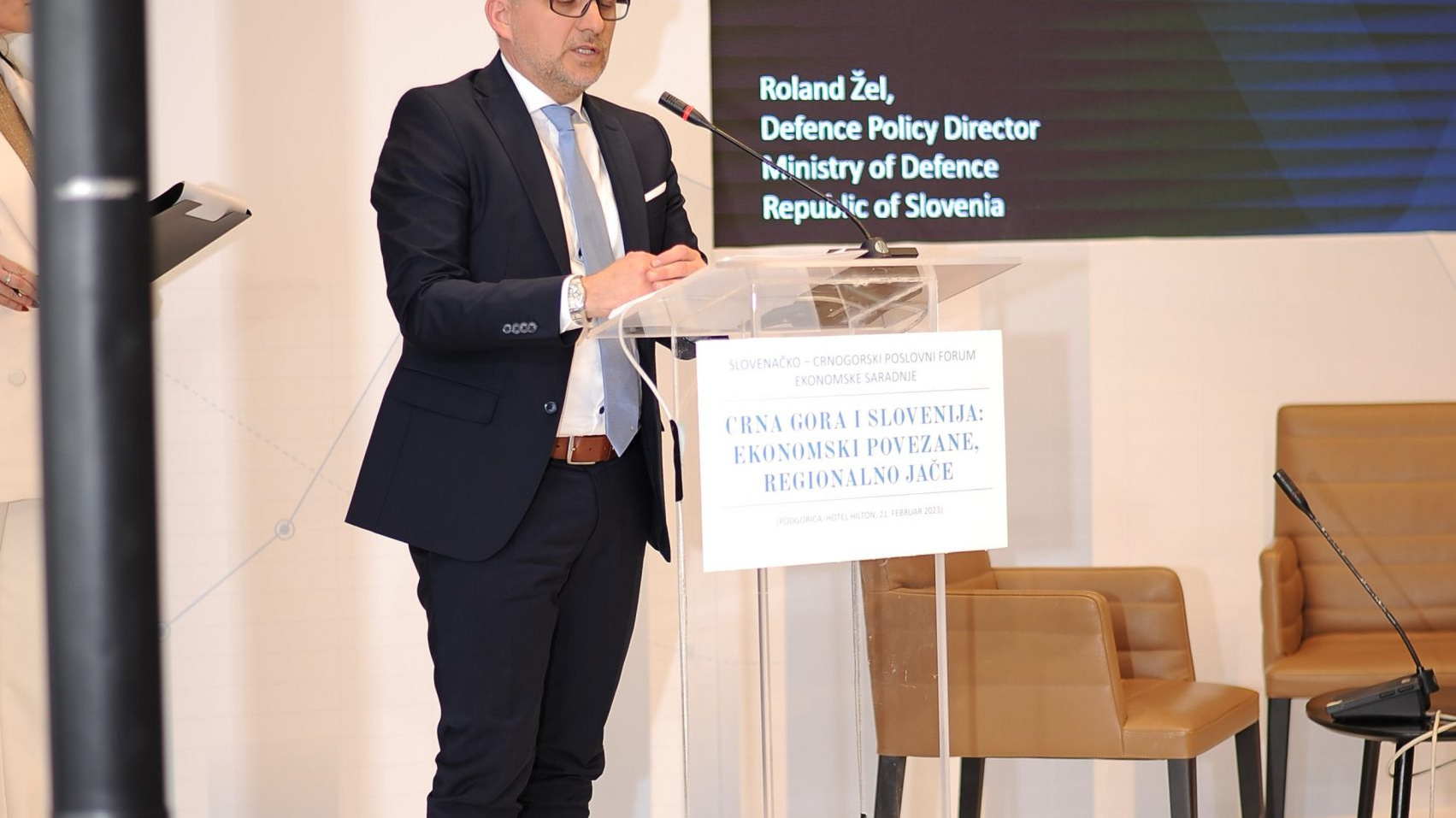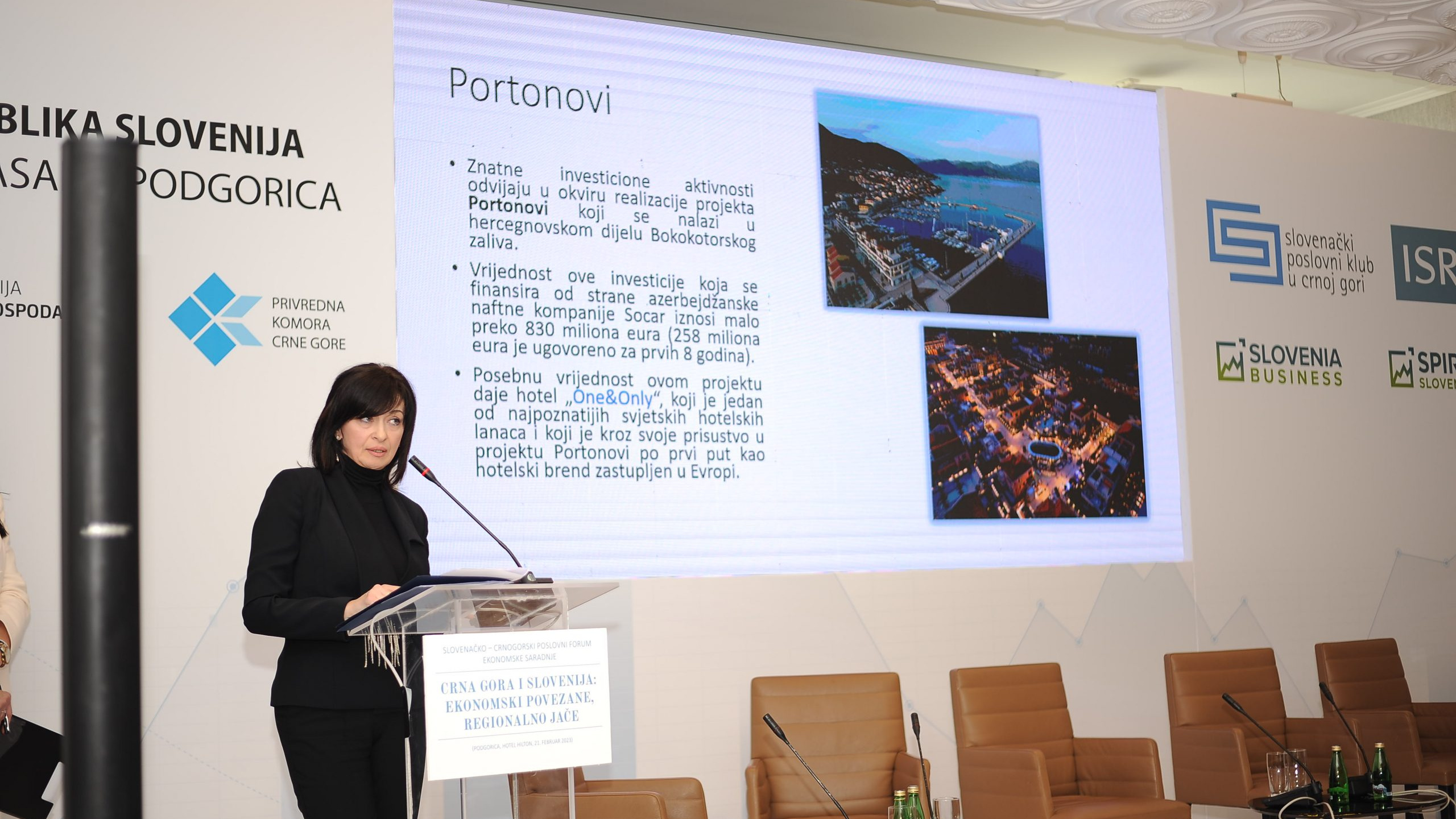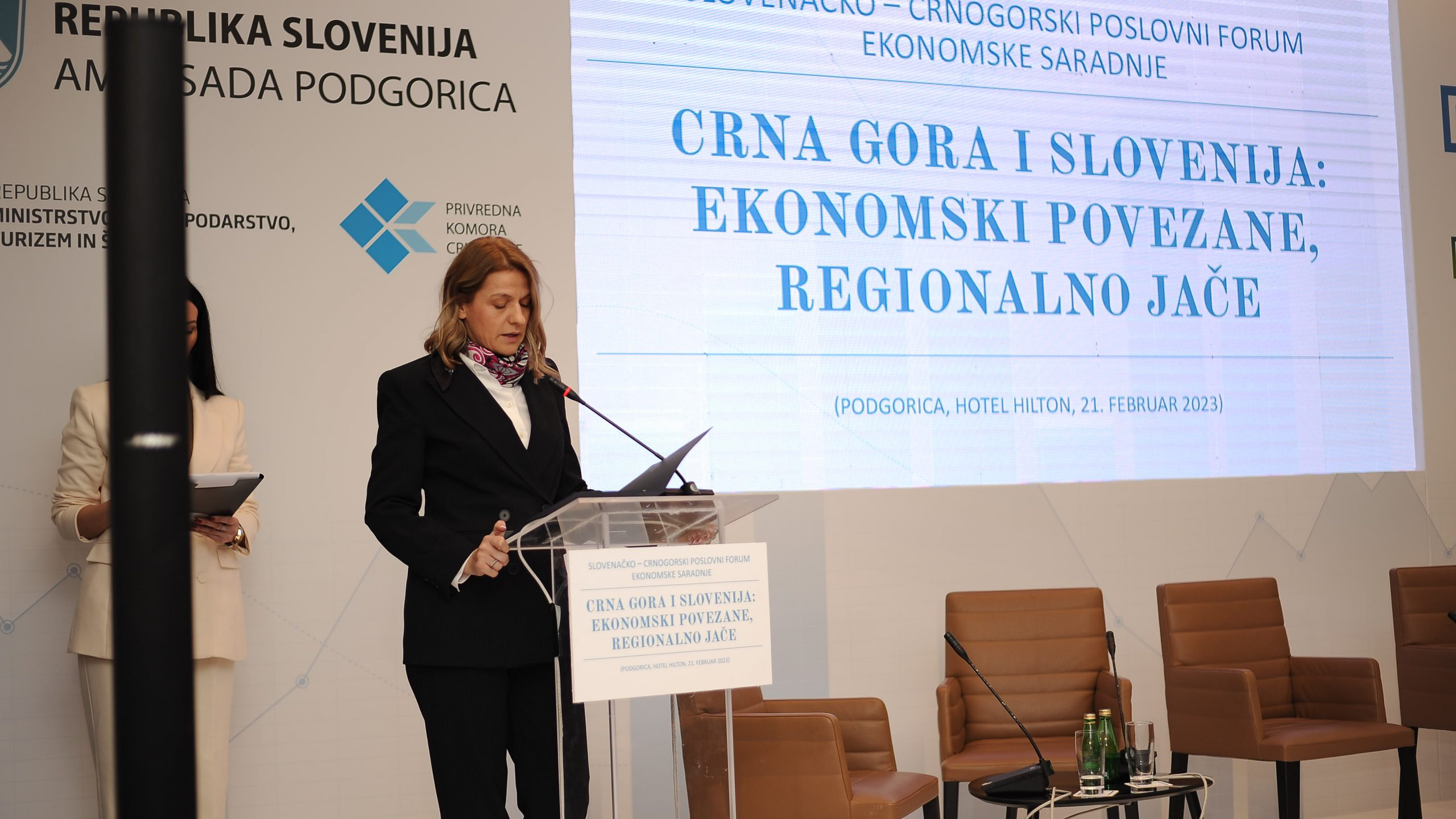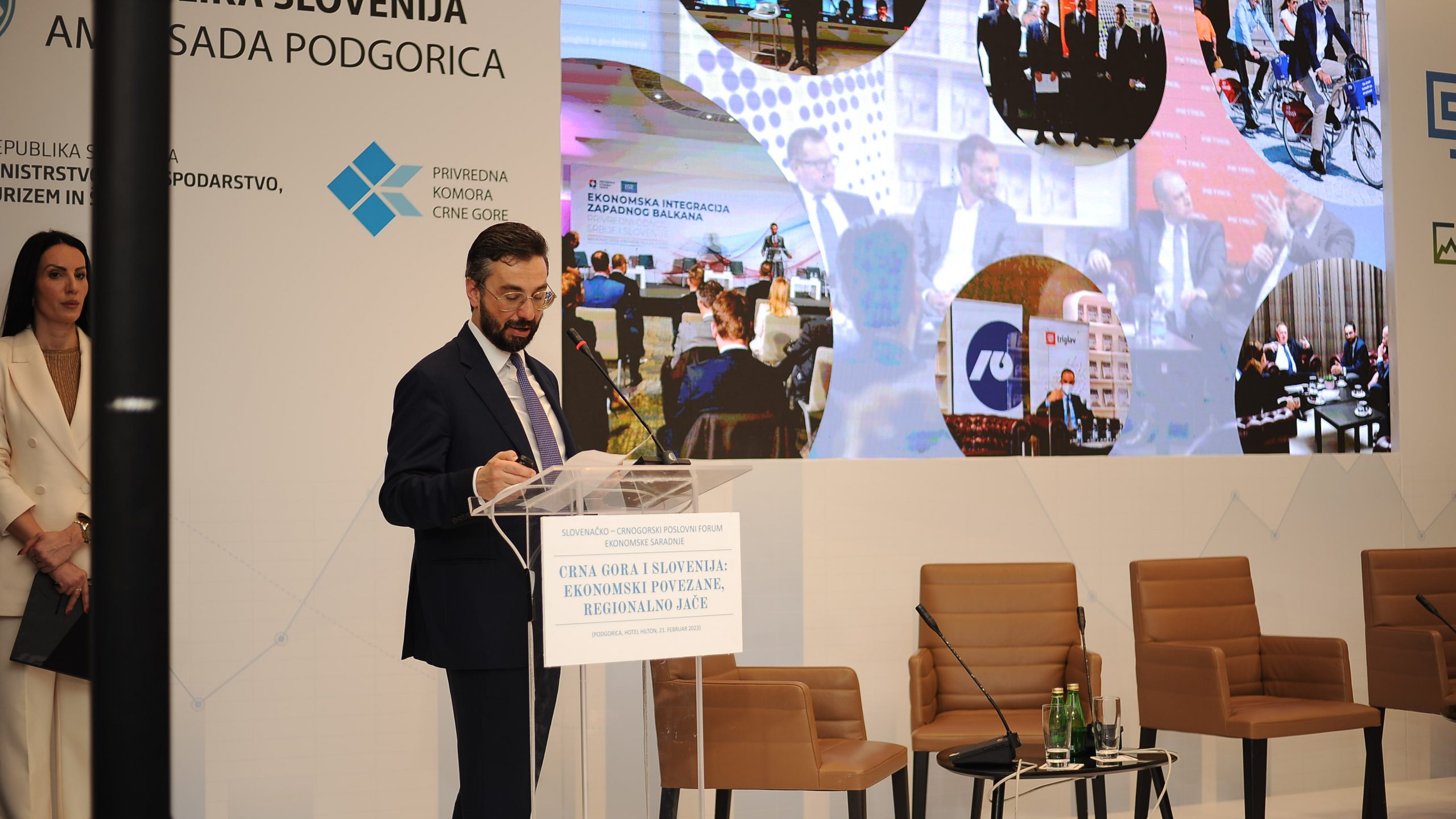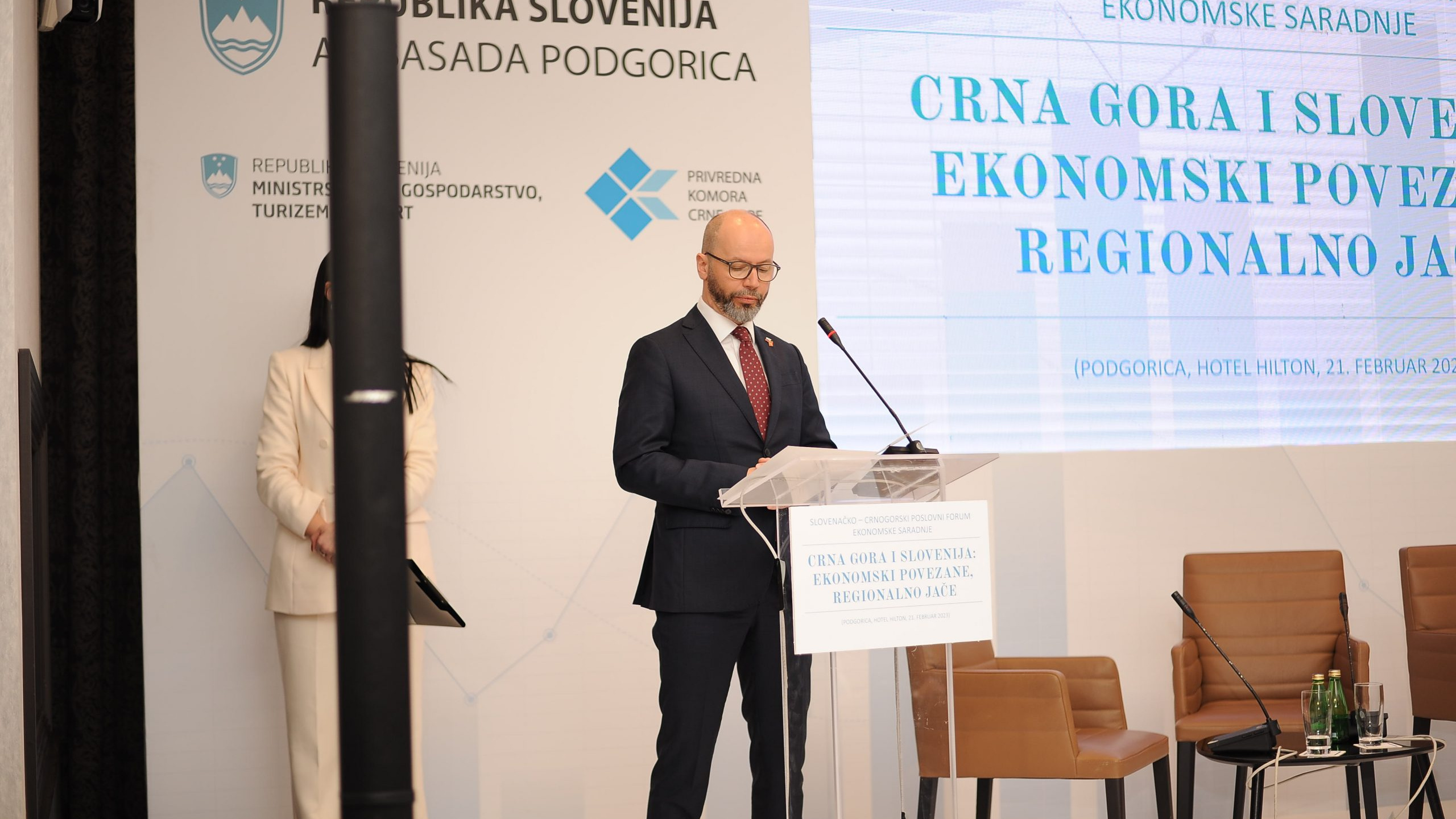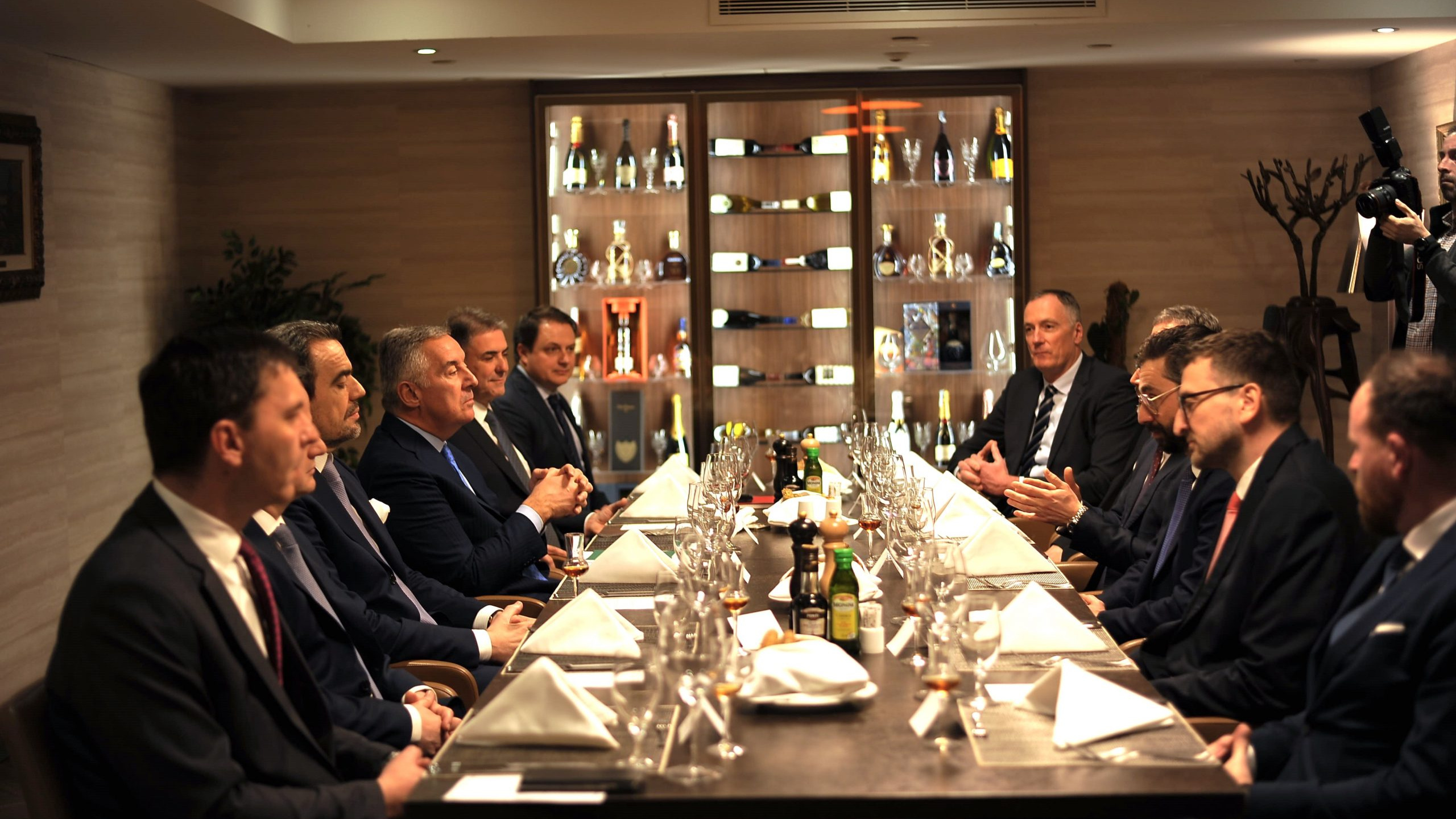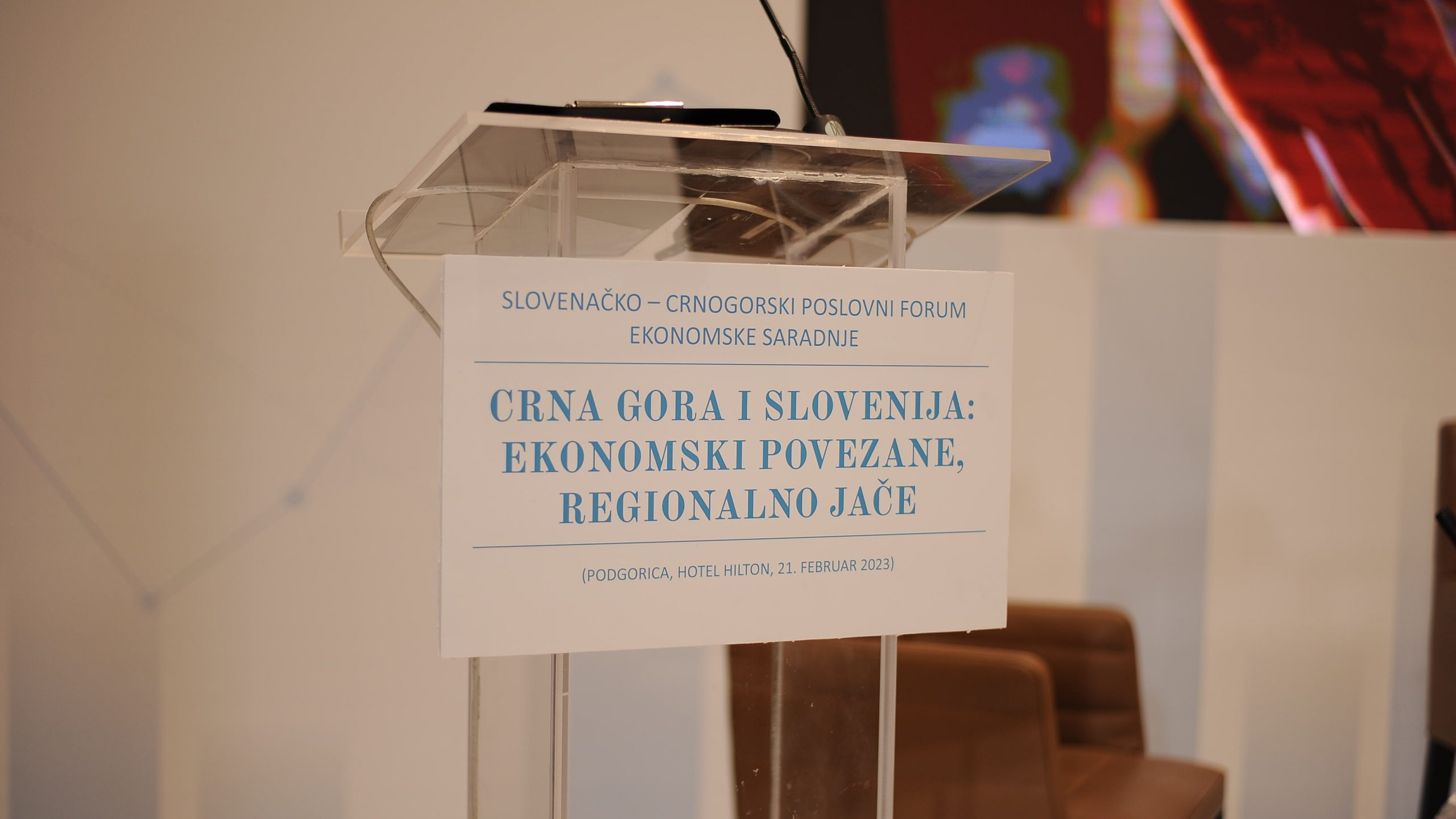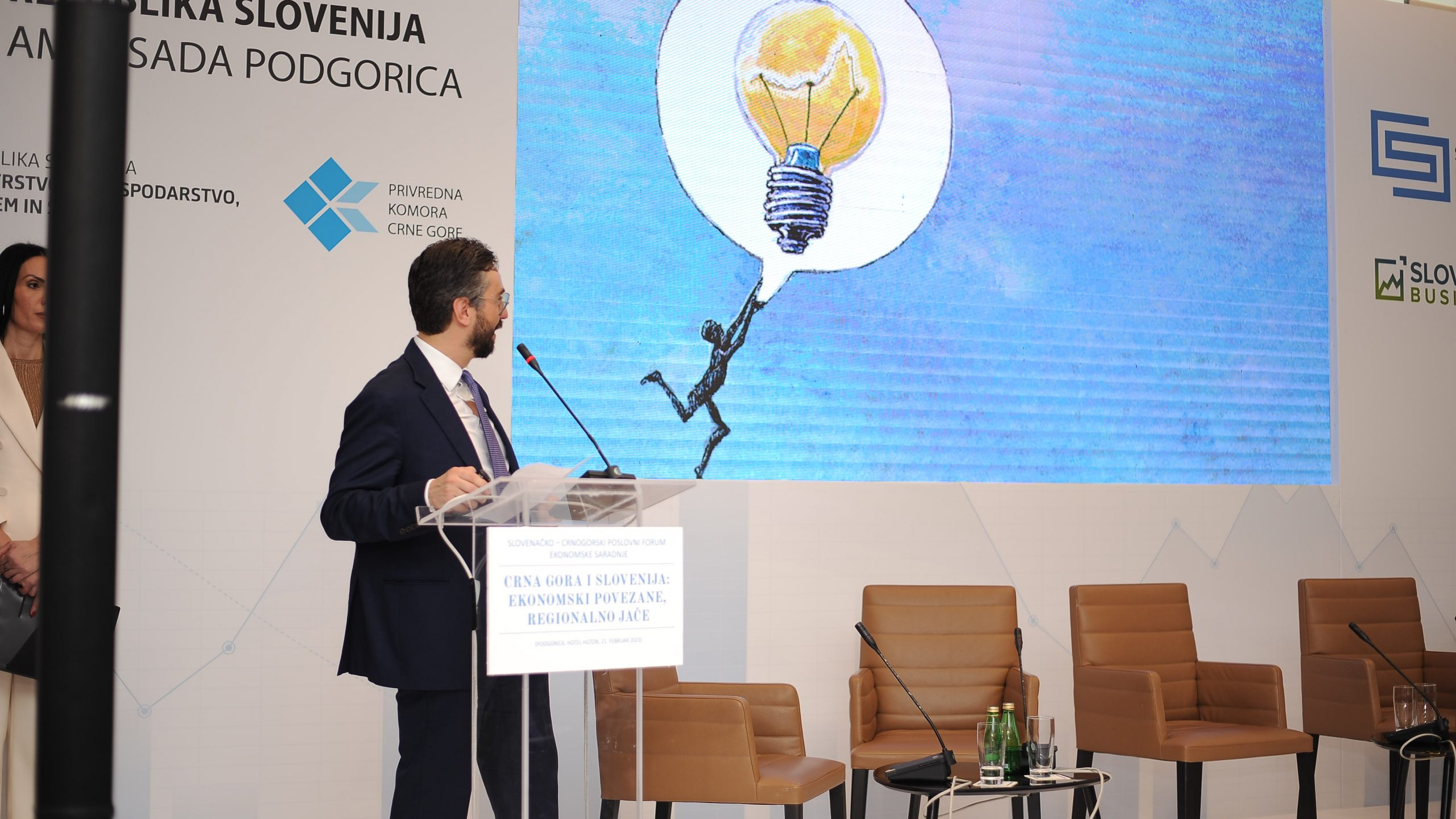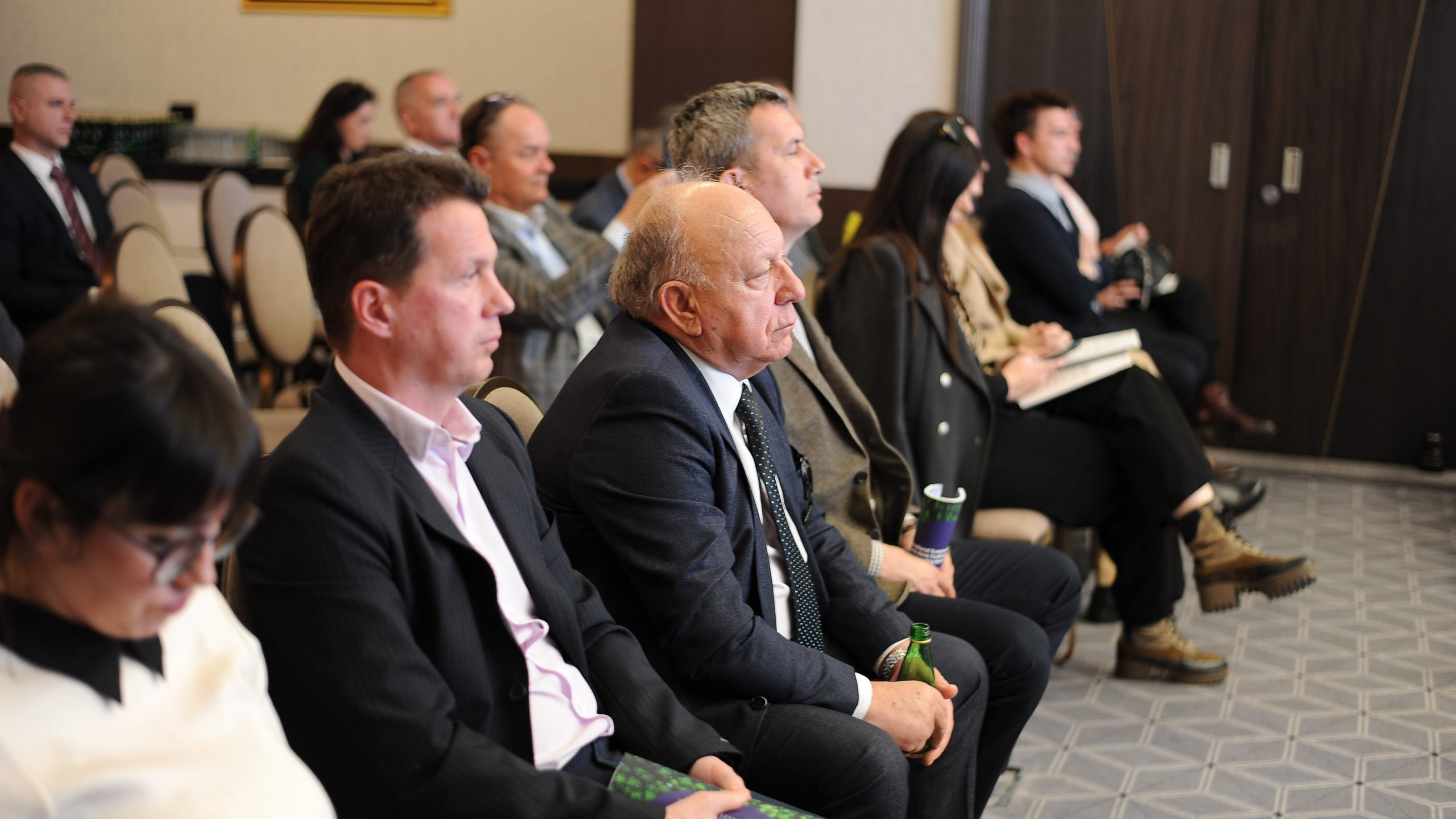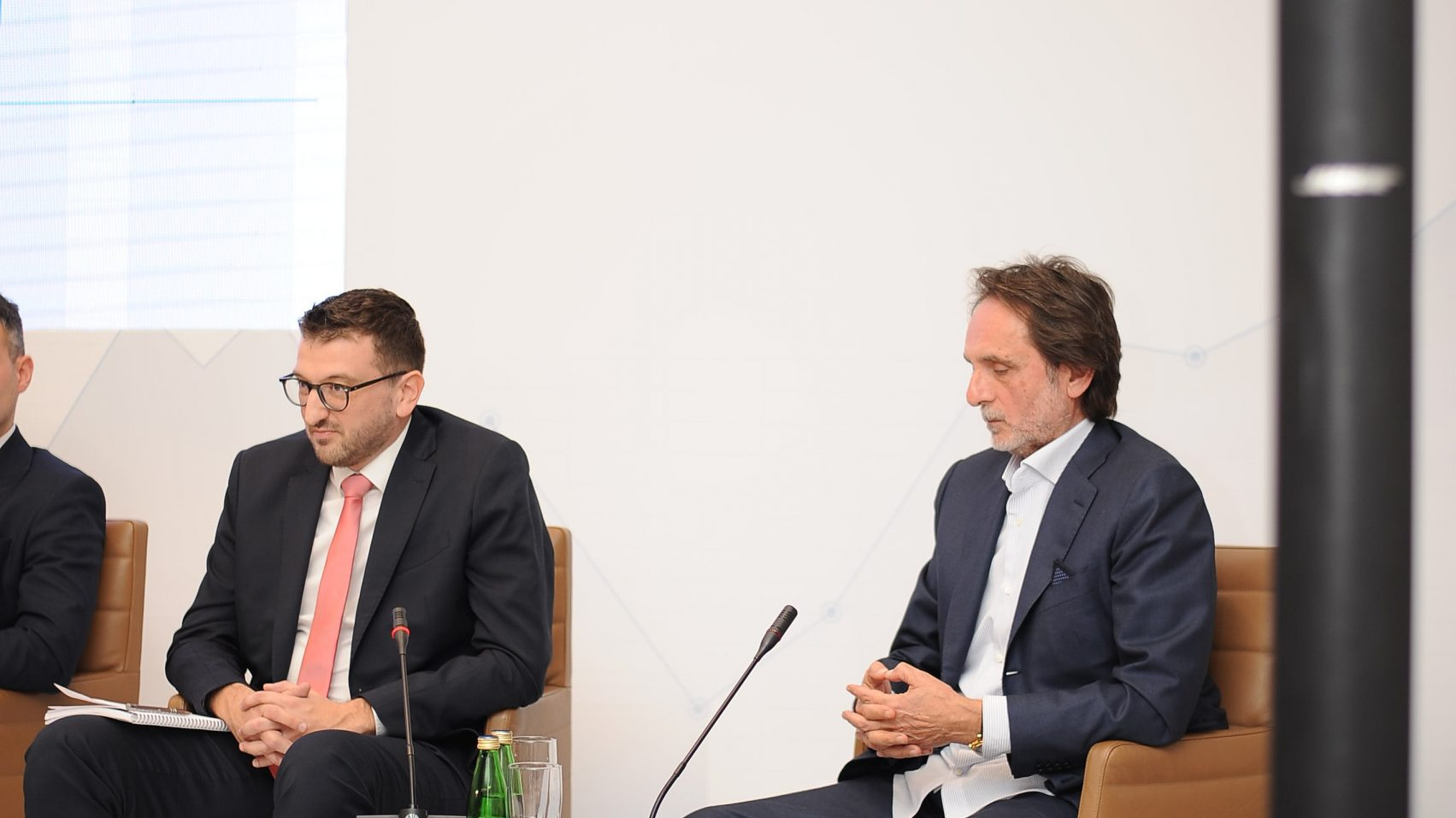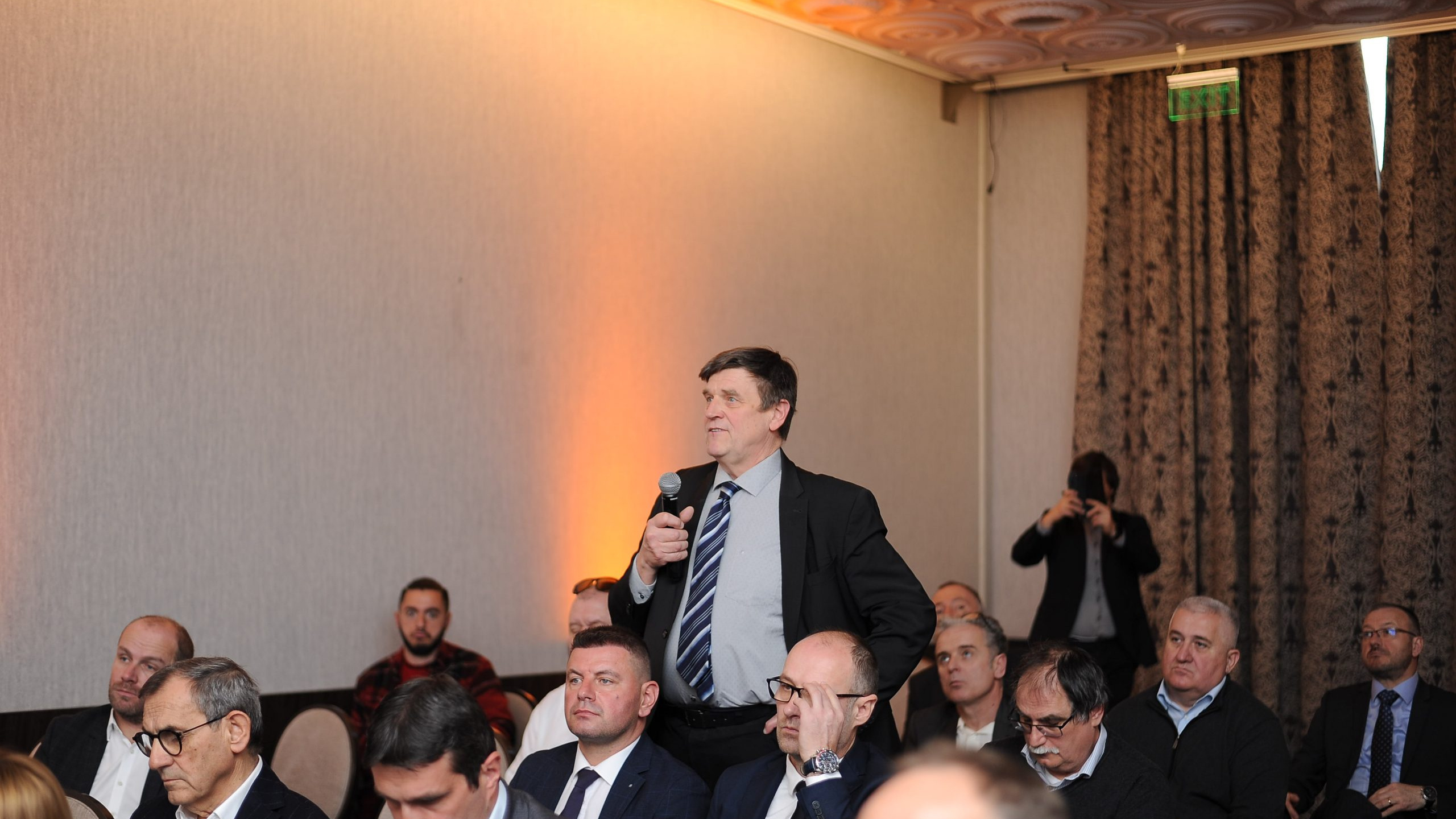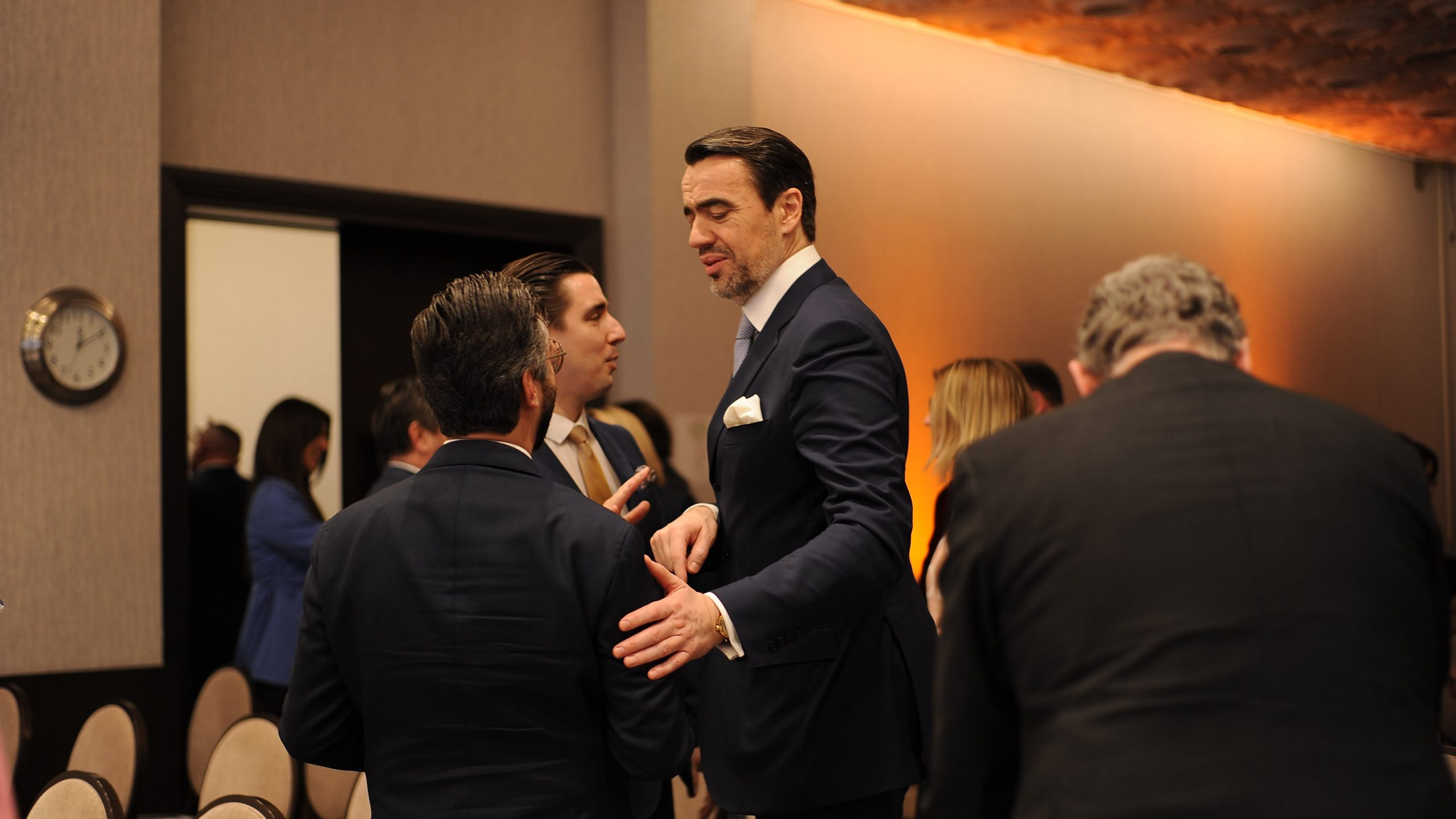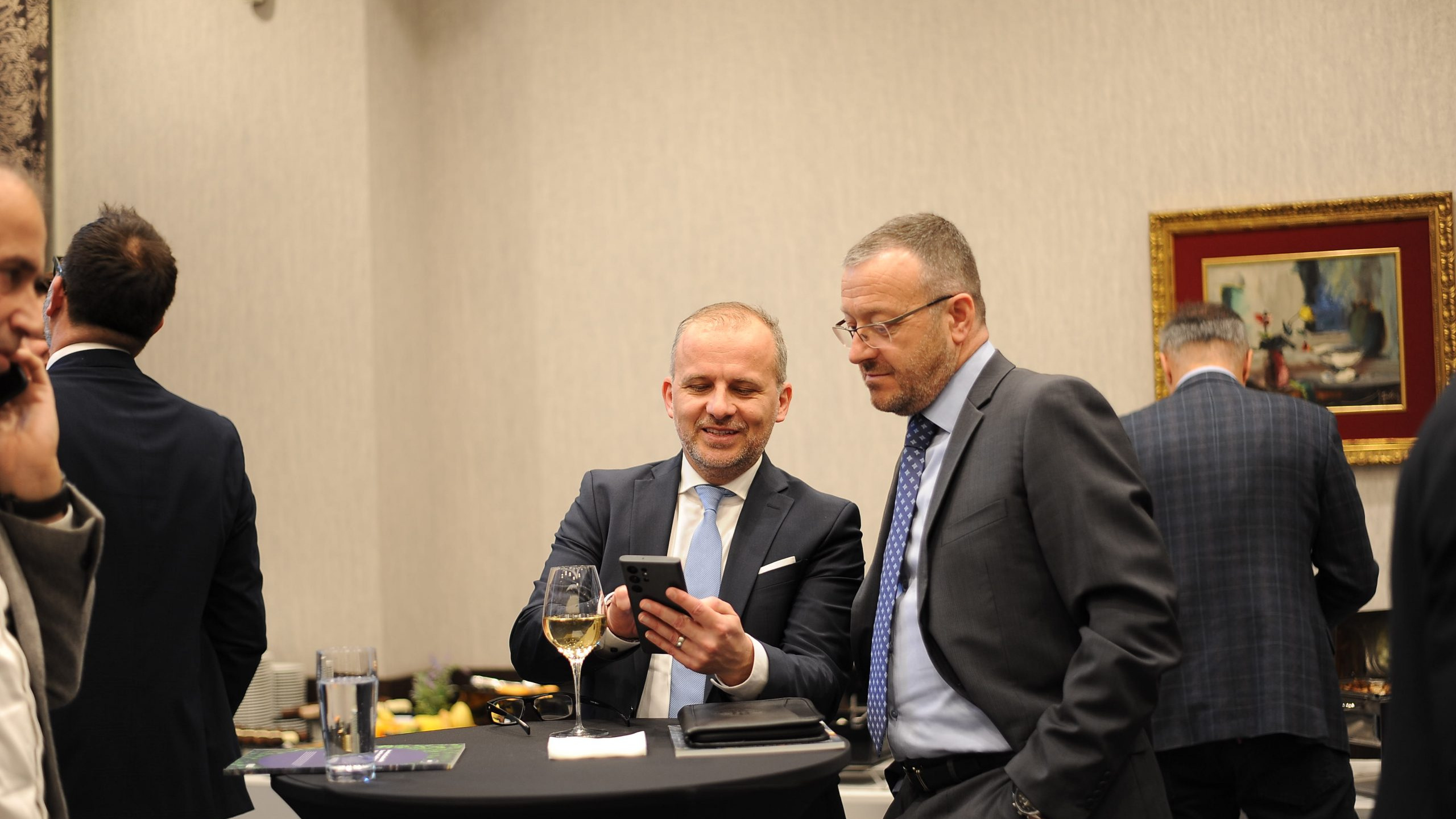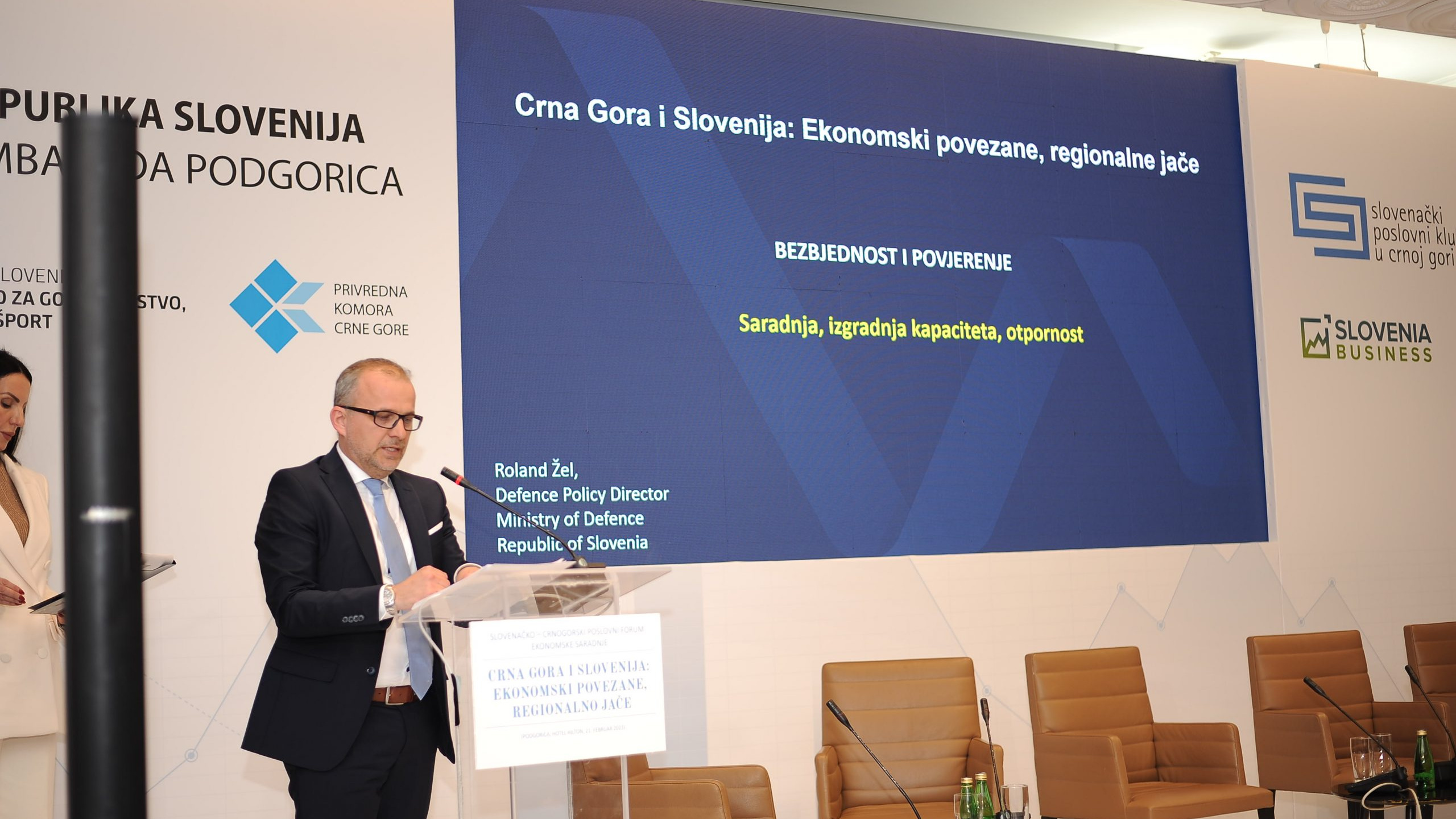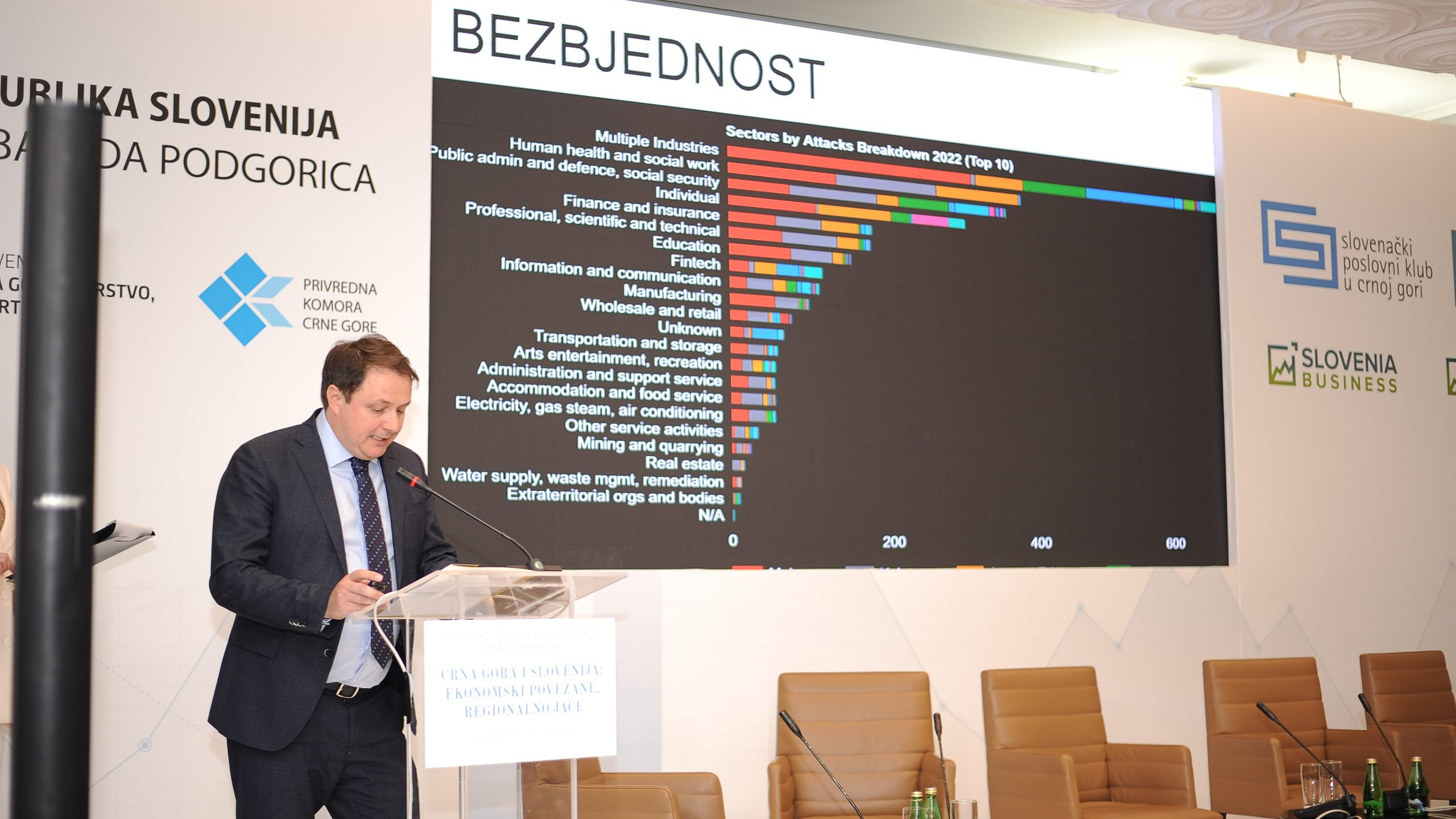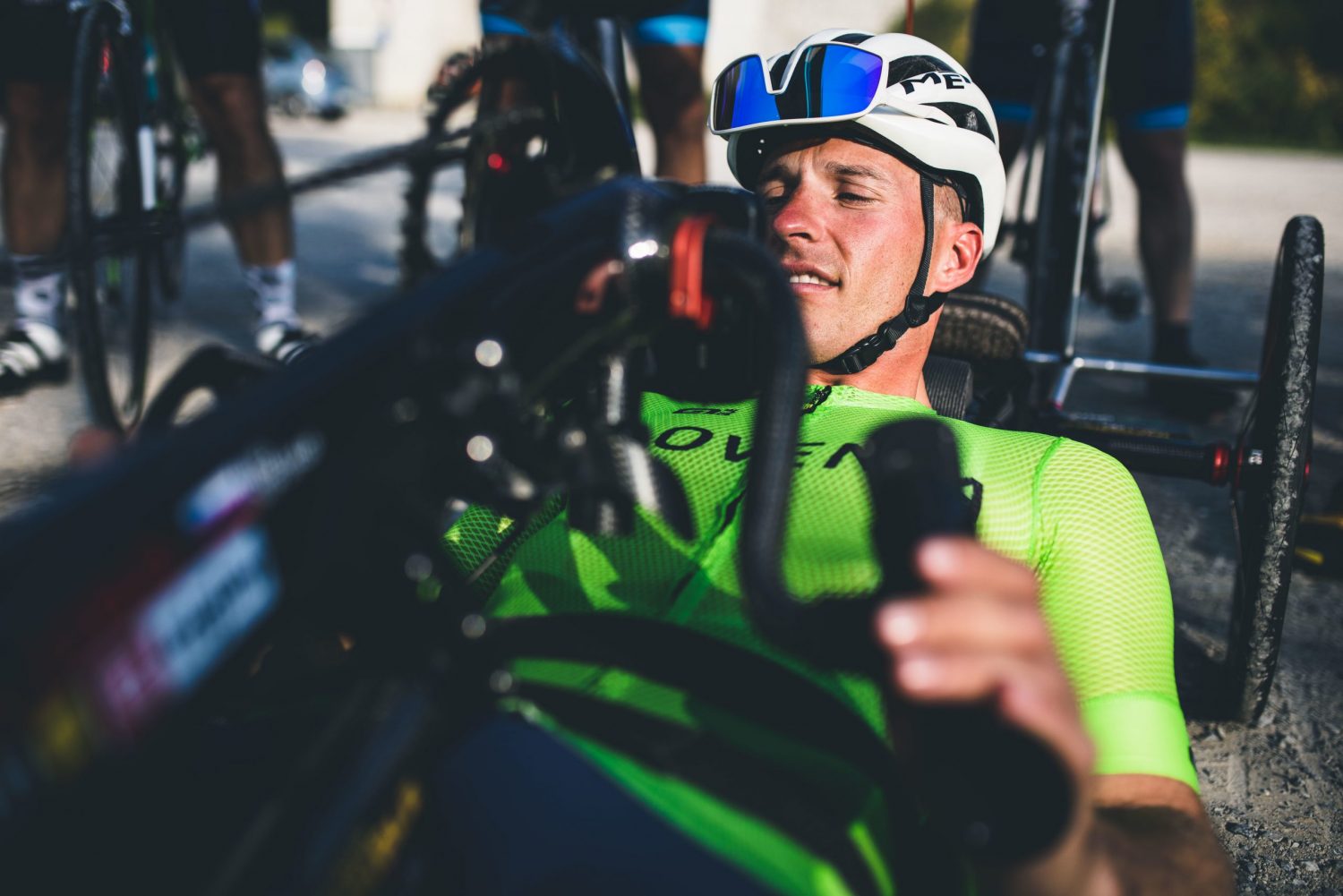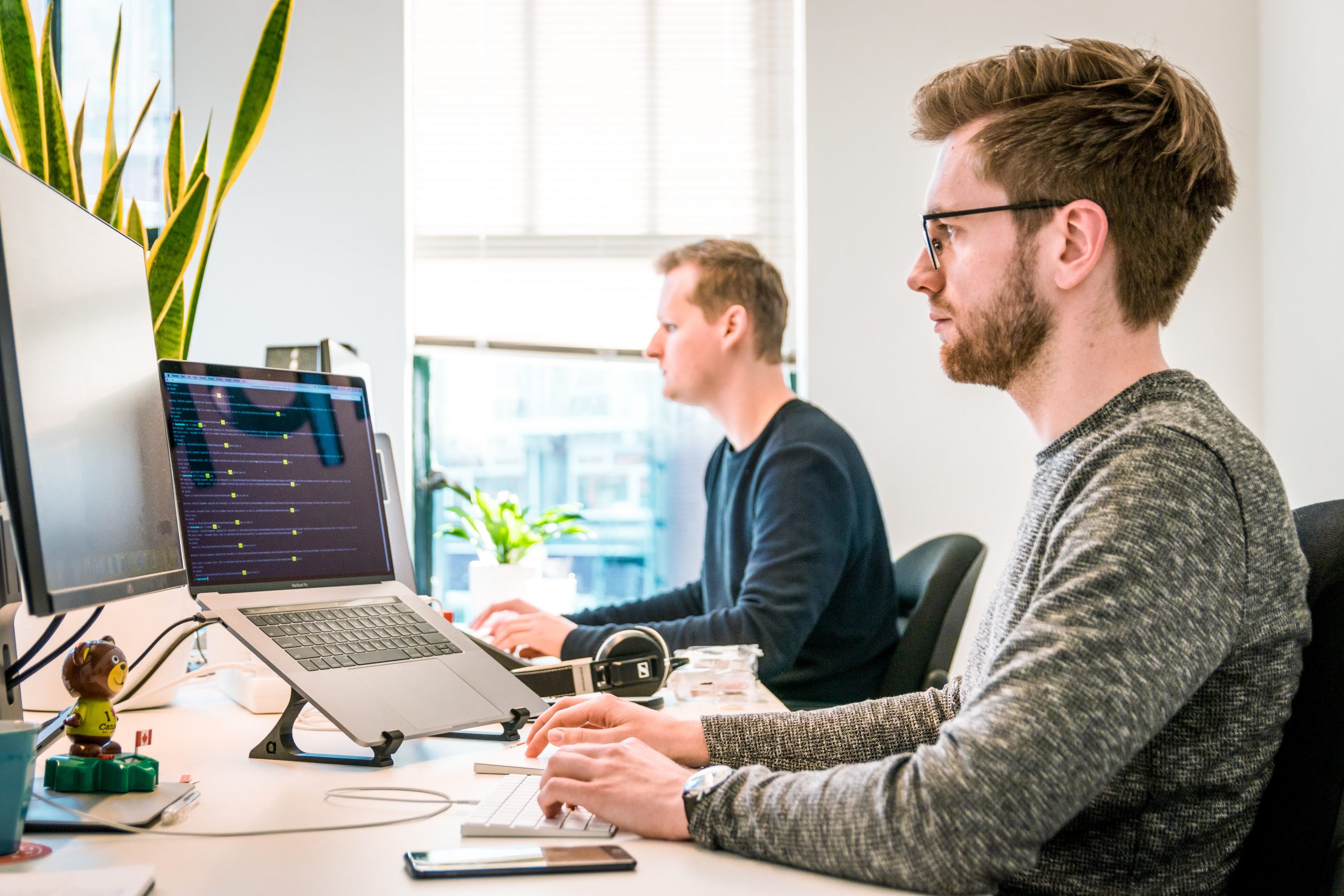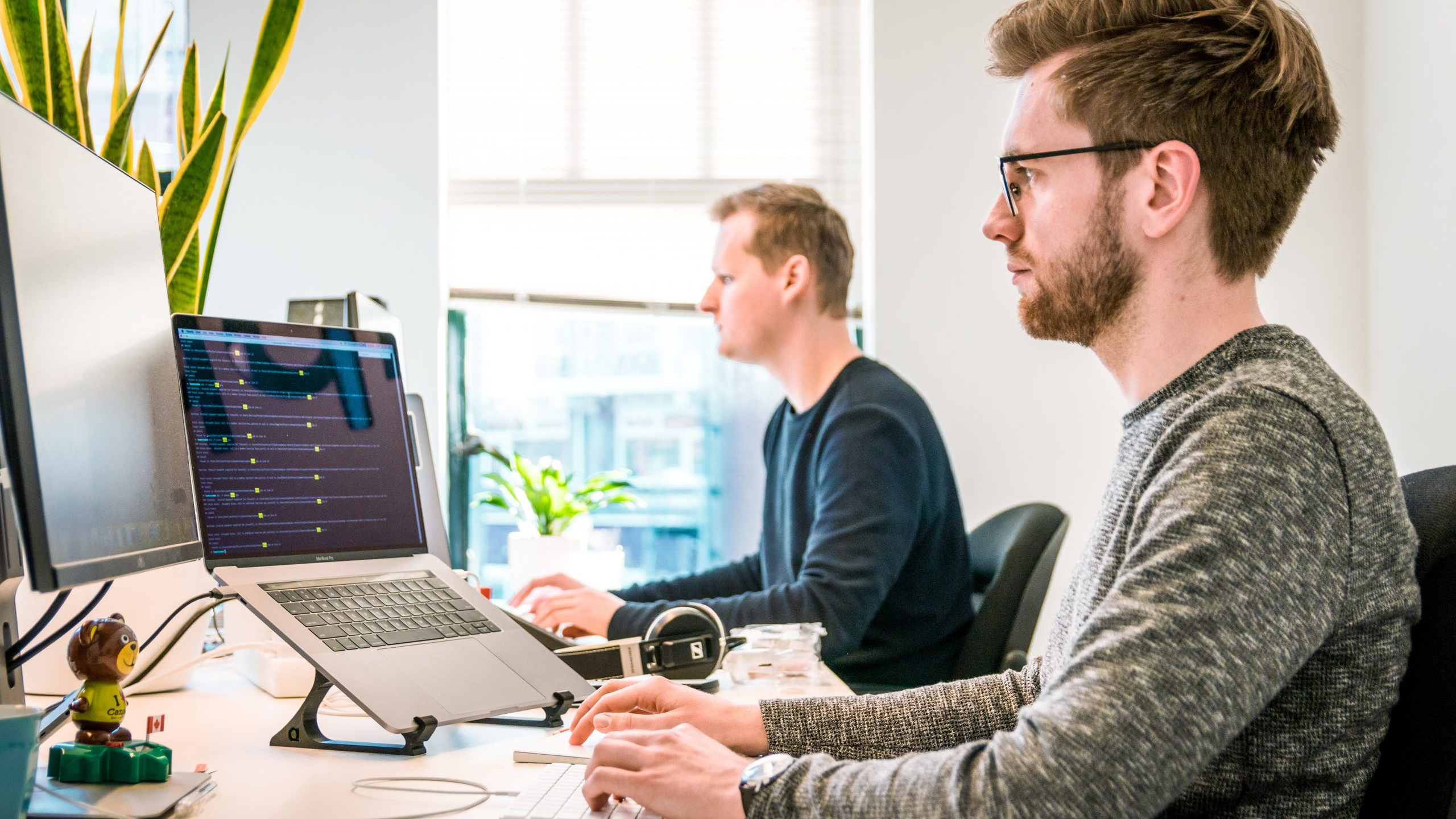Turkish Breakfast for Charitable Purposes
Turkish breakfast for at the Grand Plaza
editor
Carol Jardine
JOURNALIST AT THE ADRIATIC
Just over a month ago disaster struck in Turkey and Syria. A major earthquake measuring Mw 7.8 destroyed many cities in the east of Turkey and towns in neighbourind Syria. Texts and WhatsApp from my former students at the renowned Bogazici University, Istanbul erupted on my mobile. Bogazici University is one of the top two state universities in Turkey, admitting only the brightest and the best students from all over Turkey. Many came from the East, and their families had warmly hosted me while on a trip to the East, and enduring friendships has been made with grannies, grampas, nieces nephews, and parents.
I had just arrived in Sarajevo for a short break and was shocked and saddened by the texts I received, family missing, homes and businesses obliterated and everyone frozen in icy fear, as the shakes continued day after day and the sparsely clad inhabitants too fearful to enter their homes. I felt helpless and deeply saddened as family deaths were reported daily.
Money, clothes, food and blankets were needed urgently. Urgent fundraising was required, but I needed a voice. Having worked for The Adriatic in the past, I approached their kindly editor, Tine Kracun, and asked for his support in organizing a fundraising Turkish breakfast for the Earthquake Fund. He readily agreed, so all I needed was a venue. And the food. And the people.
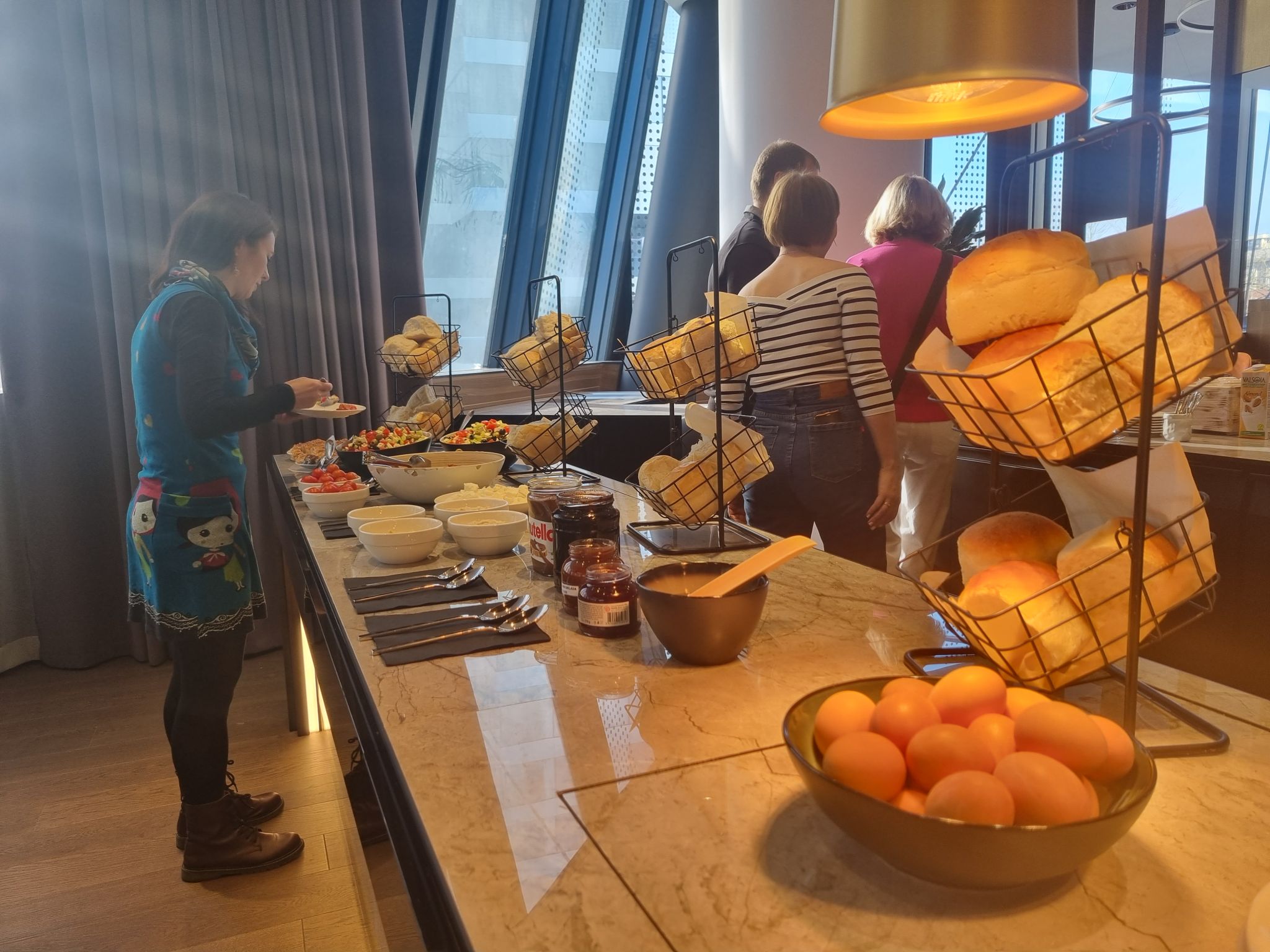
My next stop on that frantic morning was to the Grand Plaza, start at the top, I thought and work down. To my delight and amazement, they also readily agreed to donate their luxurious VIP Lounge and the coffee and tea, as well as their amazingly helpful Events Manager, Anja Zagar. Next stop, food – as an unaccomplished cook, I can manage grilled peppers and humous, but not much more – but my Turkish friend, Event Manager, Ebru Mumcouglu came to the rescue, despite already being heavily involved with arranging clothes and blanket collections. She coordinated three or four Turkish friends to make the breakfast an authentic Turkish delight. Ebru and her friends donated the most delicious Turkish breakfast salads of feta cheese, tomatoes, cucumber and olives, cheese and meat borek, baklava, bread and real Turkish honey. The Adriatic and I provided fresh farm eggs, tomatoes, feta cheese, humous, peppers, olives and a variety of (Slovenian) jams. We estimated 25-30 attendees.
We advertised on Facebook and Linkedin and requested an RSVP. No replies were forthcoming, and friends were giving ambivalent “maybe’s” and by the night before we had received precisely zero replies! I had a sleepless night. Slovenia is not accustomed to this kind of fundraising, I was told.
The next morning at 7.30 am, the food started to arrive and by 8.30 am there was a breakfast buffet fit for a sultan, and we waited with bated breath…
My friend, Andreja arrived first, a Professor from the university, and gradually, people trickled in filling the grand table with a host of tongues – Russian, Hungarian, English, Turkish and of course, Slovenian, and by 9.00 am the breakfast was in full flow. I was too wound up to eat, and although I hope I managed to thank everyone that came personally, I didn’t make my intended speech.
However, I am fully aware that the attendees knew why they were there and everyone contributed to the Disasters Emergency Committee, Turkey-Syria Earthquake Appeal. We made 500 Euros.
As the crowd dispersed, we were still left with a feast of food, and with the agreement of ISR and Ebru, the hotel helped us package up the remaining food and Anja, the hotel manager and my dentist friend, Ljubica, helped med carry three large bags of goodies around the corner to the Kralje Street Hostel for the homeless where the kings of the street, had a meal fit for a king!
Fundraising is not common in Slovenia, and I am hoping that we, in Slovenia, can hold quizzes, tennis tournaments and other fun events to raise money and awareness for needy causes in the future.
The Driving Force Towards Food Security
Local food production
editor
Špela Bizjak
JOURNALIST AT THE ADRIATIC
As the global population continues to grow, the demand for food has skyrocketed. It is estimated that by 2050, global food production will have to increase by 70-100% to keep up with the ongoing demand.
The rising demand has made it difficult for farmers and has put a strain on the environment, however local food production reduces the amount of energy required to transport food, and it also reduces the need for artificial preservatives and additives. In addition, buying local food allows for better traceability and accountability, consequently, local food production is beneficial for all involved, and it should comprise a major part of any supermarket’s offerings.

Observing the positive trends of choosing locally produced food
Buying local food is a great way to reduce your environmental footprint, as it eliminates the need for long-distance transportation of food. Local food production is another way to reduce your environmental footprint while still having access to fresh, local food. Furthermore, by supporting local farms, you are directly investing in the future of local agriculture and food production in your area, and this helps to ensure that there are local, sustainable sources of food for many generations to come.
Supermarkets are increasingly offering more and more local food from farmers to meet the demand for fresher, more sustainable and more nutritious food options. By supporting these local farmers, supermarkets are helping to strengthen the local economy while also providing customers with access to delicious and healthy food. Not only are customers able to enjoy the very freshest fruit and vegetables, but they can also find small-batch jams, sauces, honey, and other products made by local artisans. As more people become aware of the benefits of buying local produce, supermarkets can widen their range of local food and help to support local farmers and the local economy.
Mercator leads the way in food security
Mercator is at the forefront of providing Slovenia and its population with high quality and widely available locally produced food. Food security has been a top priority in Slovenia and worldwide since the start of pandemic. It was at this time that Mercator’s professionalism, dedication and wide-ranging network of stores managed to provide households in Slovenia and the Adriatic region with a stable supply of food and other household necessities. In autumn, as macroeconomic changes began to take place, Mercator responded with a national campaign slogan – Your every purchase makes a difference (Slovenian: Vsak vaš nakup šteje), which encouraged Slovenian consumers to purchase high quality locally produced food to boost food security and to support local producers. For instance, Mercator buys 50,000 tons of milk and dairy products yearly from local suppliers.
Local food production and self-supply are crucial for sustainable food production and for strengthening local economies. By purchasing shares in local producers, we are not only supporting them but also supporting local communities by ensuring that they have access to fresh, nutritious food and that local businesses remain operable.
THE ADRIATIC
This article was originally published in The Adriatic Journal: Strategic Foresight 2023.
If you want a copy, please contact us at info@adriaticjournal.com.
Living Rooms are Becoming New Entertainment Hubs
Unlimited communication
editor
Jan Tomše
JOURNALIST AT THE ADRIATIC
The United Group, the region's leading provider of TV content and digital solutions in the Western Balkans.
The days of going home early for a favourite series or a much-anticipated film are well and truly behind us. Today’s pace of life dictates many different user needs and high and demanding expectations that are constantly growing. We can have access to digital services virtually anytime and anywhere, and the same applies to our TV-watching habits.
The figures speak for themselves – more than 5 billion people or twothirds of the world’s population use mobile phones, and the number of internet users is of similar dimensions. In quantitative terms, this translates into almost 7 hours a day or 40% of our waking time spent on the internet or mobiles. Television has almost 5.5 billion viewers worldwide, with users spending almost 2 hours a day on linear TV and almost an hour and a half on TV streaming content.
In the Balkans, the United Group has taken the lead in meeting the needs and expectations of the region’s inhabitants. Here, the TV and digital solution provider’s comparative advantage is advanced digitalisation. After being the first in the region to launch digital TV non-linear features such as rewind, fast-forward and the basics of video-on-demand, they have now gone a step further by improving the user experience, explains Ditka Maučec, Product Director at United Group.
To do this, we needed a significant amount of know-how, experience and flexibility, and of course a platform that could be customised. We developed EON, a smart and advanced platform that has delivered a unique user experience from the very beginning, and offers not only live TV viewing, but also the indispensable non-linear way of watching TV content anytime and anywhere – on users’ mobile phones, tablets, and computers, without plugging in a to set-top box. Hence, EON offers the ultimate experience, allowing users to enjoy their content in the best way possible.’
The living room as an entertainment hub
With the EON platform, the way we watch TV has changed dramatically, living rooms have suddenly become entertainment hubs. Users can watch their favourite content for up to seven days after being broadcast. The EON platform also allows them to scroll through the timeline with images, making delayed viewing even easier. The platform offers a substantial video club with more than 24,500 content titles and, at no extra cost, films and series for even the most demanding users. EON also offers a range of advanced and useful functions, such as special profiles for family members for example, EON Kids which is a safe environment for children, and EON Connect provides secure home internet control, as well as numerous apps and games, all in one place.

40% of views are via time-shift
One of the key characteristics of today’s users is that they want to manage their own time. They no longer just watch TV on their TV sets, but increasingly on their mobile phones, tablets and computers. ‘Our average user has 2.5 devices activated to watch TV and 40% of viewing time happens via time-shift and video-on demand. On mobile devices, this percentage rises to more than 60%’, says United Group’s Product Director.
The TV schemes include a wide range of local TV programmes, many of which are synchronised or subtitled. ‘Users can search for content and operate their TVs in their native language without the need for a smart TV, as these solutions are already part of the package we offer today. The EON Smart Box turns any TV into a smart TV and gives you access to the world of the internet,’ says Maučec. ‘The United Group has experienced remarkable growth in recent years. They have doubled the number of subscribers in eight Western Balkans countries and positioned themselves as the number one regional provider. They offer premium TV and digital content in the local languages, apart from English, with local channels and localised applications included in every single market where they are present.’ Explains Maučec.
“2023 will be a challenging year because we will face inflation, cost increases and the energy crisis, but on the other hand, it will be a year of opportunity to further consolidate markets and focus on services and support for business customers.”
Trend setters
In the digital world, everyone is in competition with everyone else, and it’s important to understand that, no matter what industry you’re in. In the digital world, your competition is Amazon, Uber and other digital platform providers. How is the United Group coping with this?
The company’s vision for its premium EON solution is to become an indispensable partner for all generations of South East European consumers, providing them with a superior TV experience. ‘The interface is virtually all-inone. It’s modern and intuitive, and with the help of the advanced algorithms we use, we can give our users recommendations on exactly what they like best. We are highly competitive with all the global players in this area and we are continually developing better and better products.’ says Maučec.
The company’s main pillar is its development centre, United Cloud. It is the leading innovation centre in the region. The centre develops digital services in the telecommunications, media and TV industries, as well as integrated solutions for products of the future. The plan for the centre is to eventually offer innovations that others will follow and drive trends in user experience across the region.
Leader in the competitive mobile market
Mobile telephony is an integral part of the digitalisation ecosystem. Telemach is a mobile operator under the umbrella of the United Group, and it has been the fastest-growing mobile operator in Slovenia for many years. However, Maučec remarks that the competition for users is challenging, as the Slovenian market is highly developed, similarly in Croatia and Greece where the company is also present. In Croatia, the basis of Telemach’s business is mobile telephony, and they offer upgraded packages, but they also have a strong focus on building the most technologically advanced fixed network offering high gigabyte speeds in order to offer the fastest internet speed to the largest possible population. At the same time, the integration of newly acquired companies NOVA and WIND is taking place in Greece, and they have just started offering fixed and mobile services there.
Mobile phone use has long ceased to be just about making calls. Today, communication is done through the use of data, via applications such as Viber, WhatsUp, Telegram and others. The same is the case with social media platforms that have become the chief information and amusement channels around the world. Users demand availability, everywhere and at any time, and they want seamless access to their favourite music, TV shows, and sports events. ‘We at United Group are aware of two things, firstly, the importance of reliable infrastructure, therefore we are constantly developing and investing in cutting-edge technologies, and secondly, that data transmission is of paramount importance for the needs of today’s users. We have been steadily increasing it in our packages at no extra cost. While the NAJVEČ package has been offering unlimited communication for some time, this year it has been joined by the ŠE VEČ package with unlimited data. Since the launch in 2015, all of our mobile packages have followed their original mission, which is based on unlimited or high data transfer, transparency, the inclusion of additional services and a seamless mobile network.’ says Maučec.
The United Group in Bulgaria was also the first to launch a brand new portfolio of mobile packages with unlimited data, differing only in internet speed. ‘Due to strong interest among users in Bulgaria we launched a similar package in Slovenia, and we were proven right as the users’ response was extraordinary,’ Maučeč explains.
Giving back as a fundamental principle
The United Group pursues the social and environmental goals and the economic aspects of sustainable business practices through various activities and projects. Through major investments in network infrastructure and digital education, they support social and economic development in markets that altogether encompass 40 million people, and actively reduce their environmental impact.
‘That’s why we joined the Science Based Target initiative. This enables us to effectively manage our environmental risks, reduce our emissions, set climate change policies and create different energy use and generation solutions. We are also committed to reducing CO2 emissions by around 60% by 2030 compared to 2020 levels. For this reason, we are also transitioning to ‘clean’ energy,’ says Ditka Maučec.
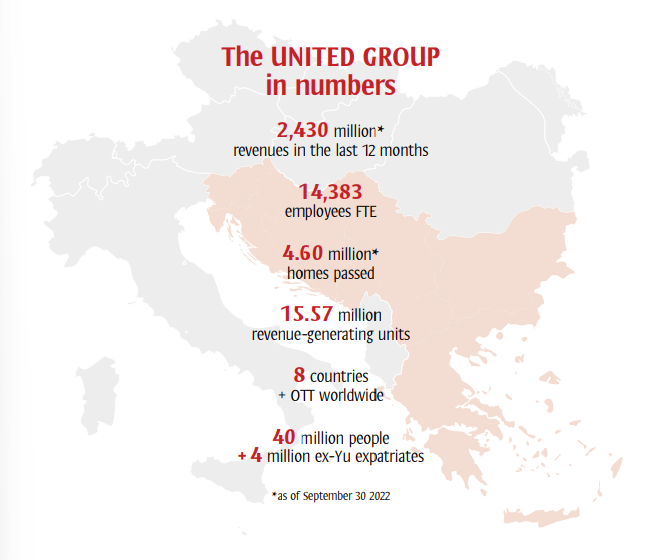
THE ADRIATIC
This article was originally published in The Adriatic Journal: Strategic Foresight 2023.
If you want a copy, please contact us at info@adriaticjournal.com.
The Petrol Group is working intensively on solar power plant projects
Energy transition
editor
Petrol Group
In the context of energy transition, Petrol is investing in renewable power plants and helping increase the security of energy supply. In addition to wind, the company sees great potential especially in solar power.
Increasing the share of renewable energy sources is an important step in reducing carbon emissions and dependence on fossil fuels, with increased energy security alongside decreased dependence on third countries lately being stressed as an advantage. More than ever before, the European Union has been looking at new ways to ensure energy security; this can be significantly facilitated by energy companies which, by investing in new production facilities such as wind and solar power plants, are helping to increase energy independence. One of such companies, Petrol, is planning to plug its three largest solar power plants into the power grid by summer 2023.
Not just wind, large solar power plants also
The Petrol Group already operates two wind parks with a total of 18 wind power plants in Croatia, five small hydroelectric power plants in Bosnia and one in Serbia, and 30 smaller solar power plants installed on buildings in Slovenia. Petrol is proud to have also started building large stand-alone solar power plants, the first three in the area of Knin in Croatia: Suknovci, Pliskovo, and Vrbnik, with a total installed capacity of 22 MW, together representing one of the largest solar power plants in the region.
The three stand-alone solar power plants are situated in rocky settings above the Adriatic Coast marked by infertile soil and an abundance of sunny days, making the area perfect for solar. The three solar parks, Suknovci, Pliskovo, and Vrbnik, will comprise of 40,100 solar panels that will generate enough green electricity for as many as 8,500 households. To minimise the adverse effects on the environment, the substructure of the solar power plants is attached to ground-mounted foundations with no concrete reinforcement; therefore, the solar power plants can be easily removed after the end of their lifespan and the original appearance of the area can be quickly restored.
Solar panels on Petrol's buildings
In the context of the energy transition and with the goal to reduce its own carbon footprint as well as because of the advantages delivered by self-sufficiency and local energy generation, Petrol has decided to instal solar panels on its own buildings, such as rooftops of its points of sale, the latter as part of the Petrol Green project which is partly financed through a grant received from the Cohesion Fund. In the first phase of the project, solar panels will be installed on 46 points of sale, followed by 24 in the second phase. Petrol has set a goal to equip its entire point-of-sale network with solar panels; this way, its points of sale will become as self-sufficient as possible and generate own energy which, alongside storage batteries, will also be used for e-charging infrastructure.
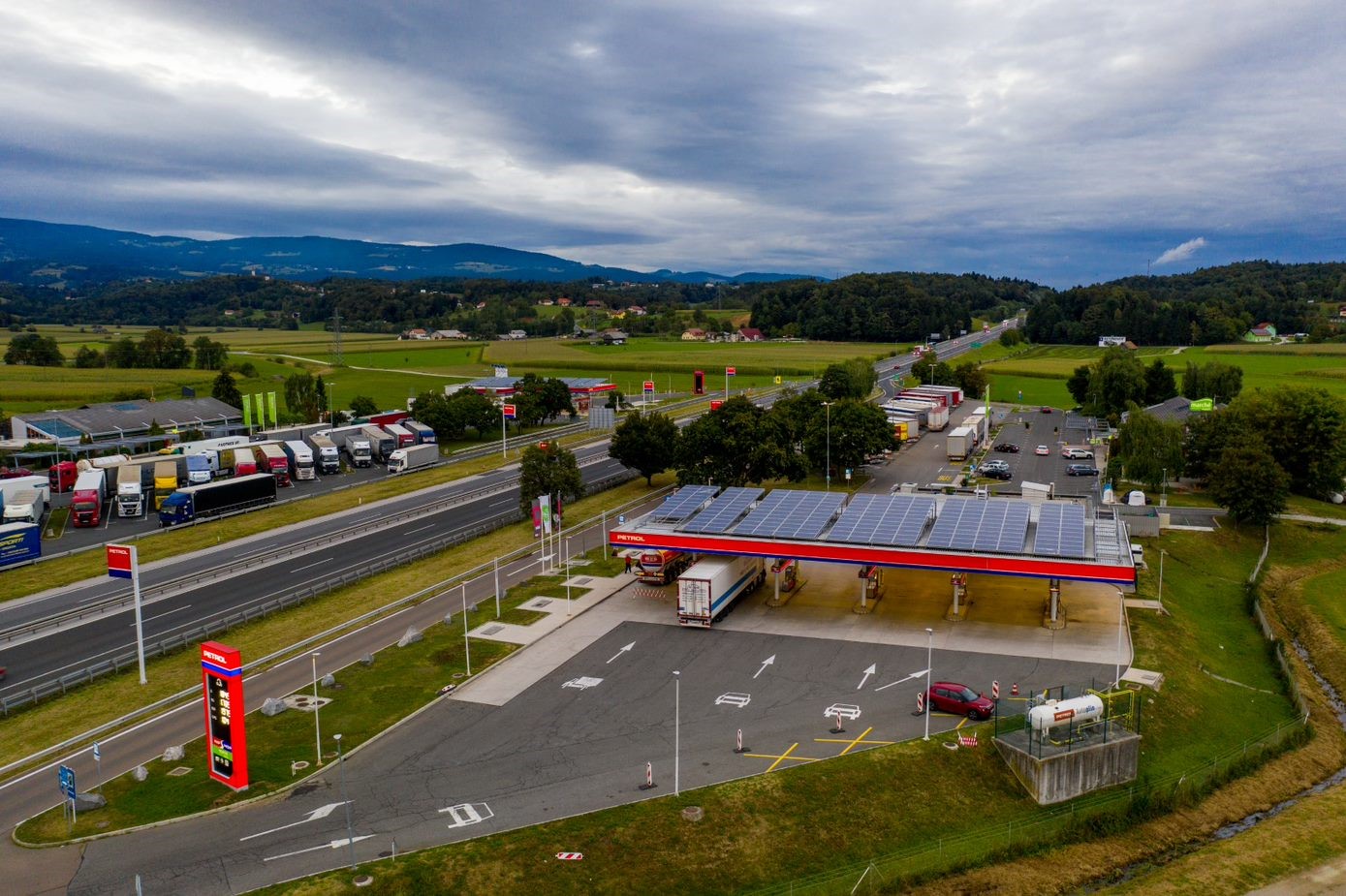
Installation of solar power plants also in cooperation with partners
In addition to investing in the construction of own renewable energy production, the Petrol Group is installing solar power plants as part of its comprehensive energy solutions for various stakeholders – public buildings, industry, other business activities, and households. Petrol connects several solutions into one complete story for its partners and helps them design a new concept of an energy system which is modern, efficient, environmentally friendly and energy self-sufficiency focused. Last year, Petrol made an important step towards a green future in cooperation with Cinkarna Celje. The result of their cooperation is the installation of Petrol’s largest solar power plant in Slovenia, and one of the many planned by Cinkarna Celje, with a capacity of 1 MW. The solar power plant comprises 2,222 solar modules with a total rated capacity of 1 MW and the estimated annual electricity generation of 1,160 MWh, enough for about 330 average households.
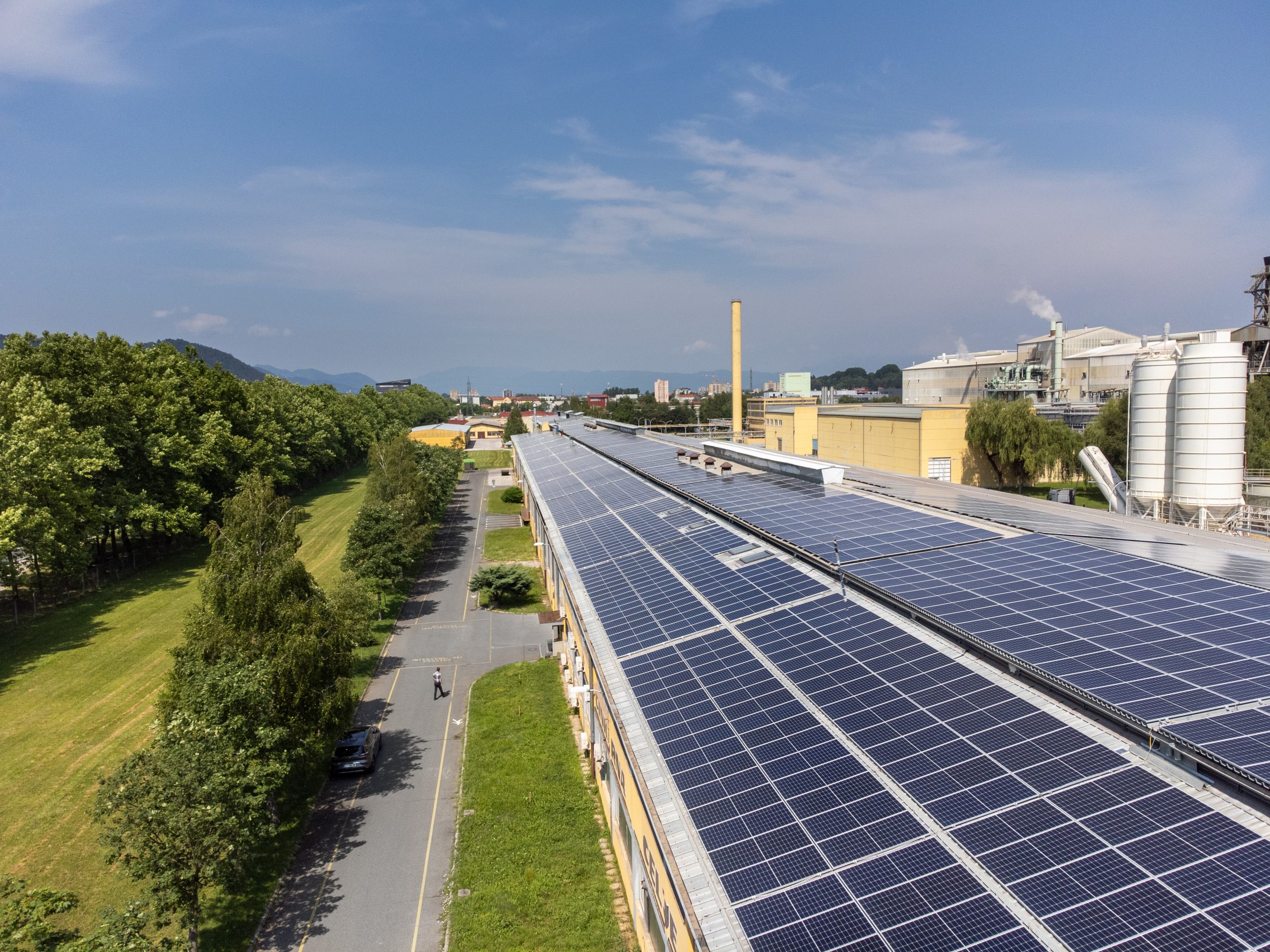
THE ADRIATIC
This article was originally published in The Adriatic Journal: Strategic Foresight 2023.
If you want a copy, please contact us at info@adriaticjournal.com.
NLB Group Achieves Record Business Results in 2022
Historical Success
editor
The Adriatic Team
Despite the precarious circumstances, the shadow of war in Europe, the resulting energy crisis, and the economic slowdown, 2022 was the best year in the history of NLB Group, the bank announced.
The Group reached many important business milestones, and through responsible environmental and societal actions once again confirmed its commitment and its contribution to a better quality of life in South-eastern Europe, which they call their home region.
»These actions for example include both our commitment and adoption of policies, such as United Nations Net Zero Banking Alliance or NLB Group Net Zero Strategy, as well as tangible actions of our banking members and our employees, for instance offering new sustainable products, reducing paper consumption thereby saving 866 trees or planting more than 6000 new trees throughout the region. We are proud that our efforts and our progress in the field of sustainability were confirmed by our first ESG rating – Sustainalytics rated NLB with an ESG Risk Rating of 17.7 and a low risk of experiencing material financial impacts from ESG factors,« the bank explained at the media event held at the of February.
In 2022, NLB Group’s result after tax amounted to EUR 446.9 million, with the acquisition of N Banka in March significantly influencing the full-year business results of the Group. Excluding the total contribution from N Banka, net profit grew by 11% and reached EUR 262.8 million. We ended the year with a strong capital position, as the total capital ratio of 19.2% gives us confidence and optionalities to pursue future growth ambitions. We will continue to create added value for our shareholders, live up to expectations of our clients, employees, and the public, as well as seize all opportunities in front of us.
Highest profit in history
»While the past year has been extremely turbulent for Europe, it presented yet another opportunity for banks in NLB Group to prove their systemically important role in society,« emphasized NLB’s CEO Blaž Brodnjak as the unaudited 2022 results were published.
He explained: »Following the uncertainties, challenges, and consequences brought on by the war in Ukraine, all our member banks have contributed their share to the stabilisation of the banking industry and regional economy. Later on, the Group’s banks in various markets also stepped up in times of the instability of the energy sectors and by providing much-needed liquidity contributed to the successful mastering of this challenge, as well. All this came on top of the Group’s regular business objectives of growth in all key segments. It is therefore not without pride that we emphasize: in 2022, NLB has generated the highest profit after tax in history of any Slovenia-based business.«
New Opportunities for growth
The Supervisory Board is also pleased with the performance of NLB Group in the past year, with its Chairman Primož Karpe highlighting new opportunities for creating added value the Group addressed in 2022. »We estimate that, on the one hand, new opportunities for growth come from additional leveraging of synergies within the group on the back of an increased investments into digitalisation, and on the other hand by the expansion of certain activities. An example of the first is the NLB DigIT competence centre the Group established in Belgrade in order to keep and build on its digital leadership position in the region; and an example of the second is an expansion of leasing activities to two additional markets,« he explained.
»Such business decisions are made strategically and based on a strict adherence to the principles of risk and profitability, all with the aim of creating additional value for stakeholders,« Karpe added.
Sustainability: Leading by Example
Interview: Andrej Lasič
editor
Maja Dragovic
JOURNALIST
With almost 3 million customers, NLB Group is the leading banking group in the Southeast Europe region. The current geopolitical tensions and rising prices have an impact on its operations in the region, but the Group is well prepared for a possible deterioration of the business environment, says Andrej Lasič, a member of the NLB Management Board (CMO) responsible for Corporate and Investment Banking, who has been with the NLB for 10 years.
High energy prices are impacting the competitiveness of European companies, with many expecting a decrease in the demand for their products next year. How do you view the current state of the economy in Slovenia?
Though it is true that uncertainties are increasing due to inflation and rising energy prices, the state of the Slovenian economy is actually very good. This is evident in the very, very low unemployment numbers. Companies are still looking for a quality workforce which will continue to be very important. Productivity and profitability also remain high, and order books are full, which means that business operations will be stable for some time. The Slovenian economy is also one of the most diversified economies in Europe, since we do not depend on a single industry or a single market. Shocks are therefore easier to withstand compared to the economies that depend on individual industries.
Another evidence of the stable state of the economy is a record low indebtedness. At the end of November, Slovenian companies had approximately EUR 11,6 billion in loans, which represents 20% of GDP and is by far the lowest in Europe, where the average is 40% of GDP. For comparison: when entering the crisis in 2008, Slovenian companies had EUR 20 billion in loans, which was almost 60% of GDP at the time. The companies are therefore in good financial condition, with liquidity and low indebtedness, while at the same time the banks are also highly liquid and well capitalized.
All this are good predictions for the times to come, even though economists are aware that the growth of the past nine years cannot only go upwards indefinitely. There will be a certain correction, but the question is how severe it will be and how we will endure it. As said, compared to other EU countries, we are very well prepared. With a comprehensive and consistent policy that adequately supports all affected segments, and with the cooperation of all stakeholders in society, Slovenia can be among the winners. To illustrate I usually like to refer to the famous quote of Ayrton Senna said: ‘You can’t overtake 15 cars in the sun, but you can in the rain.’ The rainy times are definitely coming, however, the challenges also bring opportunities. We are convinced that our home SEE region has enormous potential in various areas, from infrastructure and logistics to the green transition.
How severe do you expect the crisis to be?
Perhaps it is a fortune in a misfortune that Slovenia and the SEE region are more used to the inflation than the countries in the Western Europe, where inflation has not been an issue for 70 years. Nevertheless, the rise in prices, especially of basic raw materials, is already causing a drop in purchasing power and, to a certain extent, the demand. The current crisis is most dangerous for labour-intensive industries and industries with relatively low added value and low profitability. But crisis would be worse if there was no supply of energy products, which would lead to a reduction or even halt of production in many places. With these inflationary shocks, I would advise companies to take care of working capital and liquidity.
On the other hand, common sense is returning: every new investment and new development will have to be carefully considered to mitigate short-term, especially supplier liquidity shocks in the entire economy. At NLB, we advocate long-term partnership, so I advise companies to come to us in time so that we can discuss their situation and ensure sufficient liquidity for the upcoming uncertain and challenging period.
How is NLB Group affected by the current economic conditions in the region?
All the countries in the region are recording solid economic growth and for the time being we are not seeing any major upheavals. It is also a good sign that all the countries are gradually integrating towards the European Union. The strength of individual countries will be reflected in how they react to the anomalies that are occurring, for example with a cap on energy prices. Our banks in the region are focused mainly on loans to residents and small and medium-sized companies, the span here is large, so we do not anticipate any major problems. These economies are not heavily involved in global trade which further mitigates their exposure to shocks.
As it stands at the moment, the hike in energy prices in 2023 will be ten-fold. How can the banks help companies weather the storm?
Banks can most definitely help. Precisely in connection with the energy crisis has NLB, for example, already played an important, systemic role. The government namely addressed the issue and helped the electricity segment survive the ups and downs of energy prices with systemic laws, NLB, however, was the one that organized all syndicated loans for this segment and provided it with the necessary liquidity so that Slovenia could obtain sufficient amounts of energy. From Ljubljana, we have also organized similar solutions for Montenegro, which had major problems with supply due to low water levels, and also for Serbia.
And now if we focus solely on companies: Slovenian companies have a robust cash flow, but their key challenge at this time is definitely the energy price. However, there have been some positive developments. At long last, we have seen the longawaited measures of the European Commission. The agreement of the EU members on the mechanism for limiting gas stock market prices has caused gas and electricity prices to fall considerably, and with this the offers for supplying Slovenian companies with electricity also fell. This is, for now, good news. If the prices are too high, then no economy will be able to sustain them. In this case companies would opt for extreme measures such as limiting and closing production, because they would not be able to cope with such energy costs.
So how can the bank help? On average, Slovenian economy has little debt, and our banks are extremely liquid and capital adequate. Taking care of working capital is key in companies, also due to rising energy costs, to ensure they have enough liquidity to weather any shocks. We will certainly help them with this. Companies must change their short-term business plan, especially the liquidity plan for the next few months. It is also necessary to prepare for the worst case scenario, define the extent to which the profitability of production survives and secure liquidity in time.
The change in business strategy due to the energy component will certainly be used by some companies for a simultaneous sustainable transformation. This is the right direction, which we enthusiastically encourage and support, as well as live by ourselves. In recent years, NLB and the NLB Group have focused intensively on integrating sustainability into our daily operations and promoting the transition to a low-carbon economy both in Slovenia and in the entire Southeast Europe region where we operate.
Could you explain in what way is NLB Group integrating sustainability in its own business?
True, in the NLB Group we have put sustainability of our decisions and actions at the heart of our business, and we are truly dedicated to these topics. What I would like to stress out in the beginning though is that contrary to the all-too-common misconception, sustainability doesn’t only include environmental (let’s say “green”) issues, but also equally important social and governmental components. In the NLB Group therefore, we are addressing all of them.
We have, for example, established the NLB Group Sustainability framework and upgraded our management of climate and environmental risks. As the first bank from Slovenia, we have committed ourselves to the UN Principles for Responsible Banking, and joined the United Nations Net Zero Banking Alliance.
We address the green strategy everywhere: we have consciously decided not to finance coal energy (this is mostly an issue in Serbia and Bosnia and Herzegovina), we are also intensely co-operating Alfi Green fund to finance green projects in our home region. We are introducing new sustainable products, such as the so-called green loans for corporate investments in the energy efficiency of commercial buildings and the reduction of the carbon footprint. Together with the EBRD and Erste, we have financed the wind farm project in Kosovo, which is already in operation and can supply more than 100,000 households with electricity, i.e. up to 10% of Kosovo’s consumption. Shortly, another similar project will be concluded in Serbia. In addition to financial support, we also have a great deal of knowledge and experience with which we can contribute to a company’s easier and smoother sustainable transition. Of course, we also take care of our own carbon footprint.
And how does this translate in concrete steps?
There are almost too many of them to list, but we can, perhaps, illustrate our efforts with our own, internal measures. For example: for almost 3 years now, NLB employees have had the option of a hybrid way of working, if the work process allows them to do so. It is a combination of working from home and working in the office (4 days: 1 day). This option is well received, so that well over 700 employees are already working in this way. This, on the one hand, significantly improves the quality of life of our employees, contributes to reducing the burden on the environment, and also reduces the need for office space. So, in a few years we will be able to transfer our headquarters from the current building which was built in the 1970s and is, from the energy point of view, vastly inefficient to premises outside the strict city center which will be green and self-sufficient.
We are very successful and actively supporting our customers in the region to learn how to use digitalised services so visiting branches will no longer be necessary. Less branches will significantly reduce the carbon footprint.
All our efforts have already yielded recognition. We are very proud that NLB received its first ESG (Environmental, Social and Governance) rating in December last year by Sustainalytics, one of the world’s leading independent ESG research, ratings and data firms. The ESG Risk Rating places NLB among the best 15% banks assessed by the company and we are the first bank with headquarters and an exclusive strategic interest in Southeast Europe which has obtained this rating.
You are focusing on supporting green projects in a region that still heavily relies on coal for energy production. How can this coal reliance be reversed?
This is not the case for the whole region. Croatia has made big strides in transforming its energy production and consumption. There is also a huge opportunity for Slovenia and Croatia to find a common solution for nuclear energy (as transitional energy) because there is already joint ownership of the Krško nuclear plant. Montenegro is also relatively self-sufficient and its energy production is approximately half green and half thermal.
The countries with the most challenges in this field (and, on the other hand, also the most opportunities) are Bosnia and Herzegovina, Serbia and North Macedonia. In BiH, all energy production comes entirely from coal, hence why its cities are the most polluted in the world and one of the reasons why its inhabitants are leaving the country.
NLB Group generated EUR 377.8 million of profit after tax in the first nine months in 2022, a substantial increase compared to the same period in 2021 when the profit amounted to EUR 205.5 million.
But the problem is exasperated further because BiH doesn’t have the resources or access to financial markets to deal with the problem itself and this is where I believe the European Union has to step in and put together a comprehensive development plan or strategy for the region. It namely needs to invest in energy infrastructure to clean up the air. Furthermore, the region is also in dire need of investments in other infrastructure, especially roads and railways. Getting from Ljubljana to Sarajevo, Skopje or Podgorica is currently mission impossible and these key cities need to be connected. These are all common sense, but highly demanding and important measures that need to be taken in the region as soon as possible in order to enhance the quality of life, which is paramount if we wish to keep young people and talents. In the NLB Group, we are strongly advocating all of this and supporting these incentives with everything that is at our disposal. Last but not least, this is our home and we want to see it thrive.
THE ADRIATIC
This article was originally published in The Adriatic Journal: Strategic Foresight 2023.
If you want a copy, please contact us at info@adriaticjournal.com.
Utilizing the Power of Data
Force for change
editor
Barbara Matijašič
JOURNALIST AT THE ADRIATIC
Secondary use of data and digital transformation: how the healthcare, insurance and banking sectors can profit from each other’s data.
To facilitate a successful digital transformation, it is crucial to have strong leadership and clear objectives, adequate funding and resources, an effective implementation strategy – and last, but not least, relevant and informative data. There’s an old saying, ‘Garbage in, garbage out’, which means that if you input senseless or defective data, you’re going to get a meaningless output. Digital transformation should be tailored to meet the specific needs of every individual and geared to adhere to the laws of the country. And this is where the use of secondary data comes in – it is the process of collecting and analyzing aggregated and anonymous data that has been previously collected for a different purpose, but whose output can provide beneficial insights into behavior, trends and patterns that can be used to update and enhance digital transformation initiatives without compromising the trust and safety of personal data. This can provide many useful and innovative solutions in all sectors. This article aims to highlight the value and benefits from the transfer of learning between the healthcare, insurance, and banking sectors. They can learn from each other’s experience, as they often face similar obstacles in the context of secondary use of data and digital transformation.
Exchange of knowledge and resources
Cross-sectoral collaboration happens when two or more organizations from different sectors come together to work on a specific project or initiative; it involves an exchange of knowledge and resources between entities in different industries. The main pillars of a successful relationship are mutual understanding, trust, and commitment, in addition to having good communication, shared goals, and a mutual understanding of the benefits of working together. Each partner also needs to be open minded with regards to learning, adapting, and being innovative in order to take full advantage of the different mindset and expertise of the other entity.
This open-minded approach allows both partners to gain new insights, develop innovative solutions to complex problems and discover new ways to leverage resources. A recognized and very well-used example of cross-sectoral collaboration involving the health, banking, and insurance sectors is the development of healthcare payment models. In this type of collaboration, banks, insurers, and healthcare providers work together to develop payment models that are more efficient, transparent, and cost-effective. This collaboration enables healthcare providers to receive payments more quickly, reduces paperwork and administrative costs and improves the financial health of both providers and patients.
When contemplating the secondary use of data and digital transformation, the sensitive question of trust alongside the increased security risk are among the top concerns. However, issues of trust can be overcome by implementing stringent controls that ensure the security and privacy of data, making sure that the data is encrypted and stored securely, as well as the use of user authentication protocols to verify the identity of users. Organizations should also have policies and procedures in place that restrict access to data to those fully authorized.
Finally, organizations should regularly monitor and audit access to data to ensure that it is being used appropriately. A good example of overcoming trust issues between users is in the insurance sector, for example, the insurer within most insurance organizations can easily access a clear and comprehensive privacy policy that outlines the manner in which customer data is stored, used and shared. The process of making changes to the policy and communicating them to their customers is clear and transparent. Insurance organizations also provide detailed information about their services and ensure that customer queries are answered quickly and accurately through online self-service portals. These portals also enable customers to access their policy information and manage their policy online, such as viewing their policy details, paying their premium, filing a claim, and making changes to their policy. On the other hand, security risks in the banking business are addressed using multifactor authentication systems. Users are required to provide more than one type of authentication, for example, use of passwords, biometric scans or SMS codes, to access their accounts. This makes it more difficult for hackers to gain access to sensitive information, and thus protects both the bank and its customers.
Technical solutions are not difficult to find, however the real question is how to motivate people?
So one may ask why the two aforementioned examples of effective working practices in banking and insurance can’t be transferred in a meaningful way to the field of healthcare? The field of healthcare in Slovenia and in the countries of the Western Balkans is one of the more complex sectors, as it connects stakeholders from many different fields, namely, politics, pharmaceuticals, public and private institutes as well as product and service providers. However, the optimization and development of health systems is necessary – especially with regards to the management of the limited resources available to meet the needs of an aging population. Slovenia is one of the EU Member States that is anticipated to have one of the largest increases in social expenditure and health services related to the aging population by the year 2060. However, many of these challenges can be solved using open and trustworthy health data systems. The anonymized data can be used to identify phenomena and trends, as well as aiding the development of the healthcare system through various analytical approaches and the combination of data into meaningful data sets.
Interoperability of data and services is crucial. It supplies a secure exchange of data between different providers and systems, as well as sectors, and leads to efficient digital transformation. The Minister of Digital Transformation, Emilija Stojmenova Duh, stated that digital transformation will be one of the key priorities of the Slovenian government in the coming year. Motivating people to engage is a long-term commitment, ensuring that each partner understands the benefits and has an open mind with regards to adaptation and innovation. However, the anticipated challenges of an aging society and the problems facing the healthcare system cannot wait. They are already here, we must face them and find innovative solutions, and secondary use of data and digital transformation is the way ahead.
THE ADRIATIC
This article was originally published in The Adriatic Journal: Strategic Foresight 2023.
If you want a copy, please contact us at info@adriaticjournal.com.
New Slovenian Investments in Montenegro Create More Opportunities for Europe
Slovenian-Montenegrin business forum of economic cooperation
editor
The Adriatic Team
On February 21, 2023, the Institute for Strategic Solutions, the Public agency Spirit Slovenia, the Slovenian Embassy in Montenegro, the Slovenian Business Club in Montenegro, and the Chamber of Commerce of Montenegro organized a Slovenian-Montenegro business forum to discuss economic cooperation between the two countries. The event was held at the Hilton Hotel in Podgorica, and it was titled "Economically connected, regionally stronger". The focus of the discussion was on the economic integration of the Western Balkans and the benefits of cooperation between the two countries. The interlocutors agreed that there is still ample room for cooperation between companies, especially SMEs. Montenegro needs to strengthen cyber security and resistance to cybercrime, as well as promote a dual system of education, which is essential for long-term development.
Following the event, the participants had a working lunch with the President of Montenegro, Milo Đukanović, to discuss economic cooperation between Slovenia and Montenegro.
Gregor Presker, the ambassador of the Republic of Slovenia in Montenegro, stated that about 150 Slovenian companies are actively operating in Montenegro. He also highlighted the opportunities available for Slovenian companies in the IT industry, the environment, and food cultivation and production. The development of a business-friendly environment in Montenegro requires independence of the judiciary, continued efforts to fight corruption, and the elimination of administrative obstacles. There are also increasing numbers of Montenegrin investments in Slovenia, which is encouraging, said Presker.
Tine Kračun, the director of the Institute for Strategic Solutions, emphasized the importance of the intertwined cooperation between Montenegro and Slovenia, which is Montenegro’s fifth-largest economic partner. He stressed the need for developing a model in which supply chains will be fast, efficient, and of high quality. This would bring global competitiveness and visibility to both countries.
Dr. Nina Drakić, President of the Chamber of Commerce of Montenegro, highlighted the importance of further developing the IT industry, waste management, and natural resource investment for Montenegro’s economic growth. She suggested that Montenegrin tourism could benefit from experiences in Slovenia’s continued development.
Dr. Olivera Blagojević Popović, acting Director General of the Directorate for Investments and Development of Competitiveness in Tourism, which operates within the framework of the Ministry of Economic Development and Tourism of Montenegro, presented a more detailed overview of tourism projects. She stated that Montenegro is one of the fastest-growing tourist destinations in the world, and the business environment is friendly for investors. Some of the most important projects in recent years include Portonovi, which is financed by Azerbaijani capital and is unique in several aspects, and the Luštica Bay tourist complex, which is being developed by Swiss capital. Mamula Island is also designed as a unique hotel with a with a museum-like ambiance. She said that Montenegro’s tourist infrastructure is developing significantly, with the construction of the almost four-kilometer Kotor-Lovčen cable car, which will be able to transport 1,200 passengers per hour.
Cyber security among the most important measures
The panel included lectures on security and trust. Roland Žel, director-general of the Directorate for Defense Policy at the Ministry of Defense of the Republic of Slovenia, emphasized Slovenia’s strategic interest in peace, stability, and prosperity in the Western Balkans. He highlighted Montenegro’s path to NATO as an example of Slovenia’s cooperation and support for the country of Montenegro. He explained that Slovenia is strategically supporting Montenegro in its involvement in international activities that contribute to this, also at the level between the two countries.
Gorazd Čibej, director of the Insurance Supervision Agency, also touched on the importance of cyber security, especially for financial institutions and insurance companies, especially in the light of protection against cyber risks and attacks. “Insurance companies are the fifth most exposed target of cyber attacks in the world. Financial institutions must do their best to protect customer and business data,” emphasized Čibej and listed examples of good preventive practices implemented by the agency as the Slovenian regulator of insurance companies in the supervision of insurance companies, including regular quarterly monitoring of cyber risks at insurance companies.
Space for medium-sized companies
Representatives from various fields including development institutions, banks, insurance companies, and entrepreneurship, gathered at a round table to discuss economic integration and cooperation in the Western Balkans. Irena Radović, the executive director of the Investment and Development Fund of Montenegro, mentioned that part of the fund’s activities includes cooperation with the Slovenian government, specifically in the area of reducing drinking water losses in Podgorica. She also revealed that Montenegro has EUR 9 billion available for similar projects. Radović further emphasized that every Slovenian investment creates opportunities for new Slovenian and European investments in Montenegro.
Marko Čelebić, director of the Department of Business with Legal Entities and executive assistant to a member of the board of NLB in Podgorica, highlighted the quality of the Slovenian economy, which is diversified and developed, and therefore can significantly aid Montenegro’s economy. However, Čelebić assessed that there is still ample room for medium-sized companies to invest in Montenegro.
Matjaž Božič, executive director of the insurance company Lovčen osiguranje, presented data indicating that the average insurance premium in Montenegro is 160 euros, equivalent to 2% of GDP. He stated that insurance products and knowledge are developed and available to local companies in Montenegro, but communication with customers and establishing trust remains a significant challenge that needs addressing.
Blagota Baća Radović, owner of the construction company Zetagradnje, which also operates in the Slovenian construction market, compared the business environment in Montenegro and Slovenia and pointed out a factor that hinders Montenegrin development. He stressed that while the legislative framework is good, some infrastructure solutions, such as sewage and electricity, cannot be implemented quickly enough, and the state must play a role in addressing this. Radović also mentioned the need to strengthen Montenegro’s energy self-sufficiency through solar energy production, urging cooperation with Slovenian companies to preserve their land and nature.
Balša Ćulafić, coordinator for cooperation with international chambers at the Chamber of Commerce of Montenegro and national coordinator of the investment fund of chambers for the Western Balkans, expressed concerns about the lack of dual education programs in Montenegro, believing that it hinders long-term successful development.
All of Us Are Responsible for Ensuring a More Sustainable Tomorrow
Securing the Future
editor
In Cooperation with Triglav Group
Under the umbrella of the Securing the Future project, the Triglav Group are stepping up their efforts to help create a sustainable future.
Since the launch of the project in 2022, each month has been dedicated to promoting and achieving one of the 17 UN Sustainable Development Goals and, in collaboration with more than 200 partners in the fields of sport, culture, health, prevention and business, to encouraging the general public to act sustainably. “The main message of the project is that we are all responsible for securing a more sustainable, green and just future, and that each of us can do something to make a difference today. There is no need to wait for tomorrow,” said Nina Kelemen, head of sustainable business at the Triglav Group.
Changing the World Through Concrete Action
Triglav is committed to sustainable development in four key areas: insurance and asset management, business processes, a responsible approach to stakeholders and effective corporate governance. With campaigns such as For a Better Tomorrow, Let’s Clean Up Our Mountains, Children of Triglav, Young Hopes, the Triglav Run,Young Hopes and Driving Refresher, as well as the Vozimse.si platform and many other projects, the Group are already taking decisive steps towards a better future. With a commitment to sustainable development, they are also creating a stable long-term basis for safe and secure business operations.
“We are promoting digital business, strengthening an awareness of sustainability among our employees, carrying out comprehensive measurements of our carbon footprint, and focusing hard on the energy renovation of our buildings. Our portfolio already includes insurance for claims arising from damage caused by climate change, as well as solar power and micro-mobility insurance. As far as managing our own portfolios is concerned, we are increasing the share of sustainable and green investment classes aimed at financing the green transition. By carrying out systematic measurements, we are able to ensure high levels of customer satisfaction, develop our employees’ expertise and competence, implement effective health promotion programmes, and promote multidimensional diversity and intergenerational cooperation,” says Kelemen. In the future they intend to strengthen and restrengthen their contribution to a sustainable, just and green future through a variety of activities and awareness-raising efforts.
Your Promise for a Better Tomorrow
More than 200 partners who have joined the Let’s Secure the Future (Zavarujmo prihodnost) project have already accepted the challenge to become part of the #Zavarujmoprihodnost community. Everyone can commit to at least one activity for each of the 17 Sustainable Development Goals – one that is close to their heart and that will help them contribute to a sustainable future.
Together with the Disabled Sports Federation of Slovenia (Paralympic Committee), which promotes innovation and the development of (technological) solutions to make involvement in sporting activities easier, the Triglav Group are raising awareness of UN Sustainable Development Goal 9 (Infrastructure, Industrialisation and Innovation) throughout the month of February. Top paracyclist Anej Doplihar reminds us in this video of the importance of providing comprehensive infrastructure and of the need to foster innovation to ensure a better quality of life, greater freedom and more equal integration into in society.
To help and inspire people to find activities that enable everyone to pitch in and play their part in the sustainable transformation process, the www.zavarujmoprihodnost.si website will offer fresh ideas for things we can do as individuals and organisations and that help us to inspire each other, whether it’s cycling instead of driving to work, using digital business approaches, helping out at a local animal shelter or volunteering at a retirement home. #Zavarujmoprihodnost.
Triglav Welcomes the Digitally Talented
Digitalization
editor
IN COOPERATION WITH THE TRIGLAV GROUP
Triglav’s customers are getting more and more excited about their new digital insurance services. This is a great achievement for Triglav’s teams of digital experts who teams consist of the most highly sought after IT people on the labour market. The recruitment team at the Triglav Group have listened to the goals and expectations of the high calibre staff and have managed to attract many of them to Triglav through understanding and meeting their needs, as well as through Triglav’s excellent reputation as a reliable, secure and flexible employer.
Digital experts are a vital part of the Triglav Group’s key business areas, with their combined knowledge and competences in insurance and IT. In order to excel in the digital environment, Triglav need to attract highly skilled staff, the crème de la crème, and that is a significant challenge! Therefore, a focused and targeted approach to the recruitment of digital talent is very important. At Triglav, they have analysed what high calibre employees are looking for in terms of salary, and what they want to achieve once they are hired.
“Judging by some of the interviews we’ve done recently, the introduction of the option to work from home was the biggest step we’ve taken towards meeting the needs of new talent, and this is often their first question. Employer reliability and job security as well as good work and employment conditions are also key requirements.Many candidates come from smaller companies where they are often troubleshooters and all rounders, so many applicants really appreciate the opportunity for the focused professional development and training that we can offer them at Triglav.” says Alenka Bešter, Director of Digital Marketing and Content Management at Zavarovalnica Triglav, highlighting some of the advantages of working for the Triglav Group.

Her recruitment strategy is confirmed by Triglav’s staff and their achievements. Perspective, financial stability and Triglav’s success were among the reasons why Lucija Vermezović, Specialised Sales Channel Coordinator, decided to join Triglav Osiguranje, Belgrade. She says that job security, respect for traditional values and a focus on personal development, all in accordance with European Union standards are her most important criteria for joining a company. The outstanding business performance of the Triglav Group also convinced Mark Prelec, Digital Business and Customer Experience Associate at the Zavarovalnica Triglav, to join the company. The opportunity to co-create the digital future of the largest insurance company in the Adria region was the main reason that he chose to join Triglav.
Triglav want to stay ahead of the curve by taking a more focused and strategic approach to recruitment while also developing their employees to their full potential by providing them with the right opportunities to develop and progress their career. The Triglav Group offers employees a large number of benefits including the use of the most modern technology, flexible options to work from home, a creative and dynamic working environment, stability, and a highly reputable, family-friendly company with a good work- life balance, as well as on the job mentoring, continued professional education, and a great experience.
THE ADRIATIC
This article was originally published in The Adriatic Journal: Strategic Foresight 2023.
If you want a copy, please contact us at info@adriaticjournal.com.

